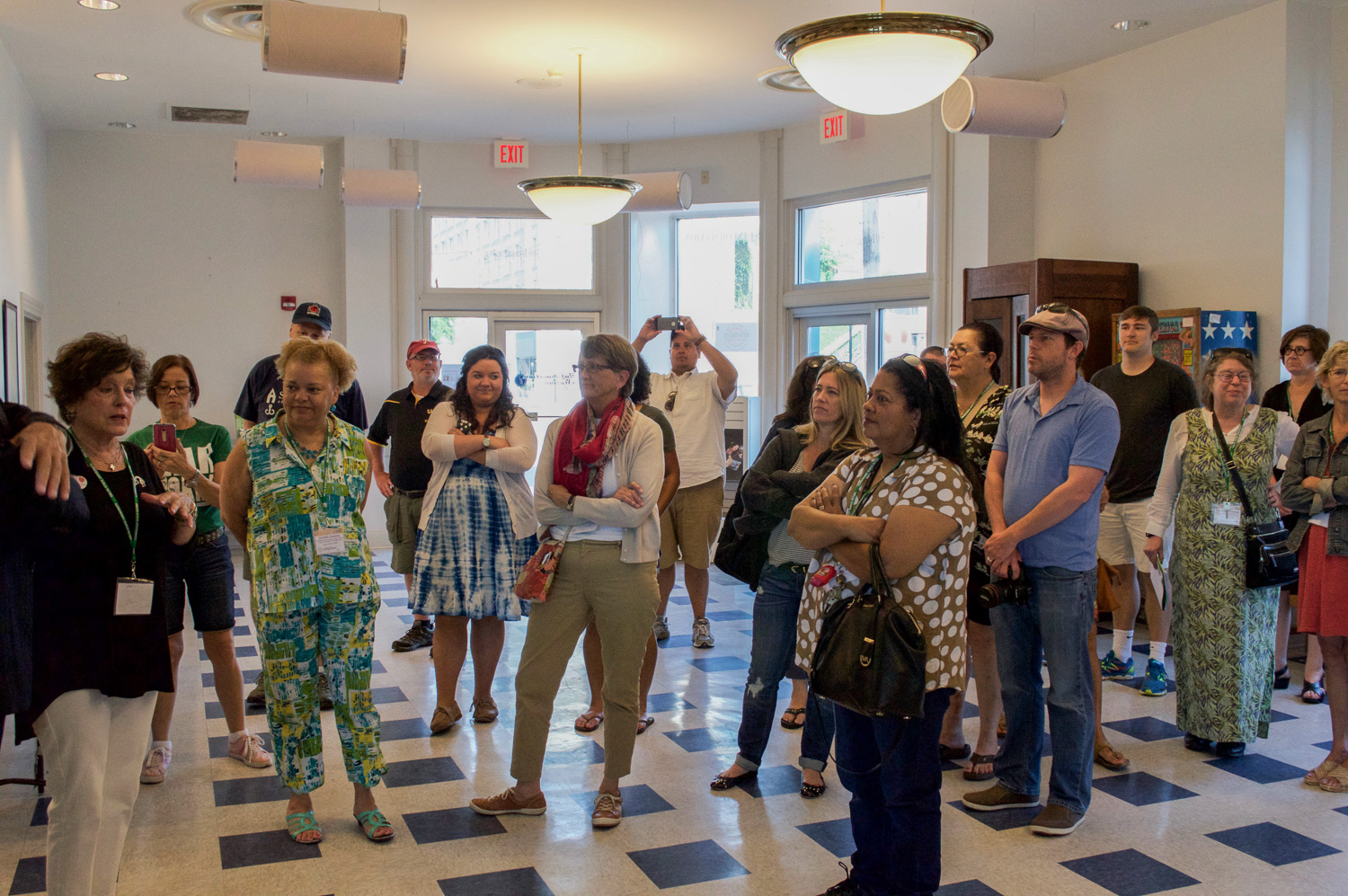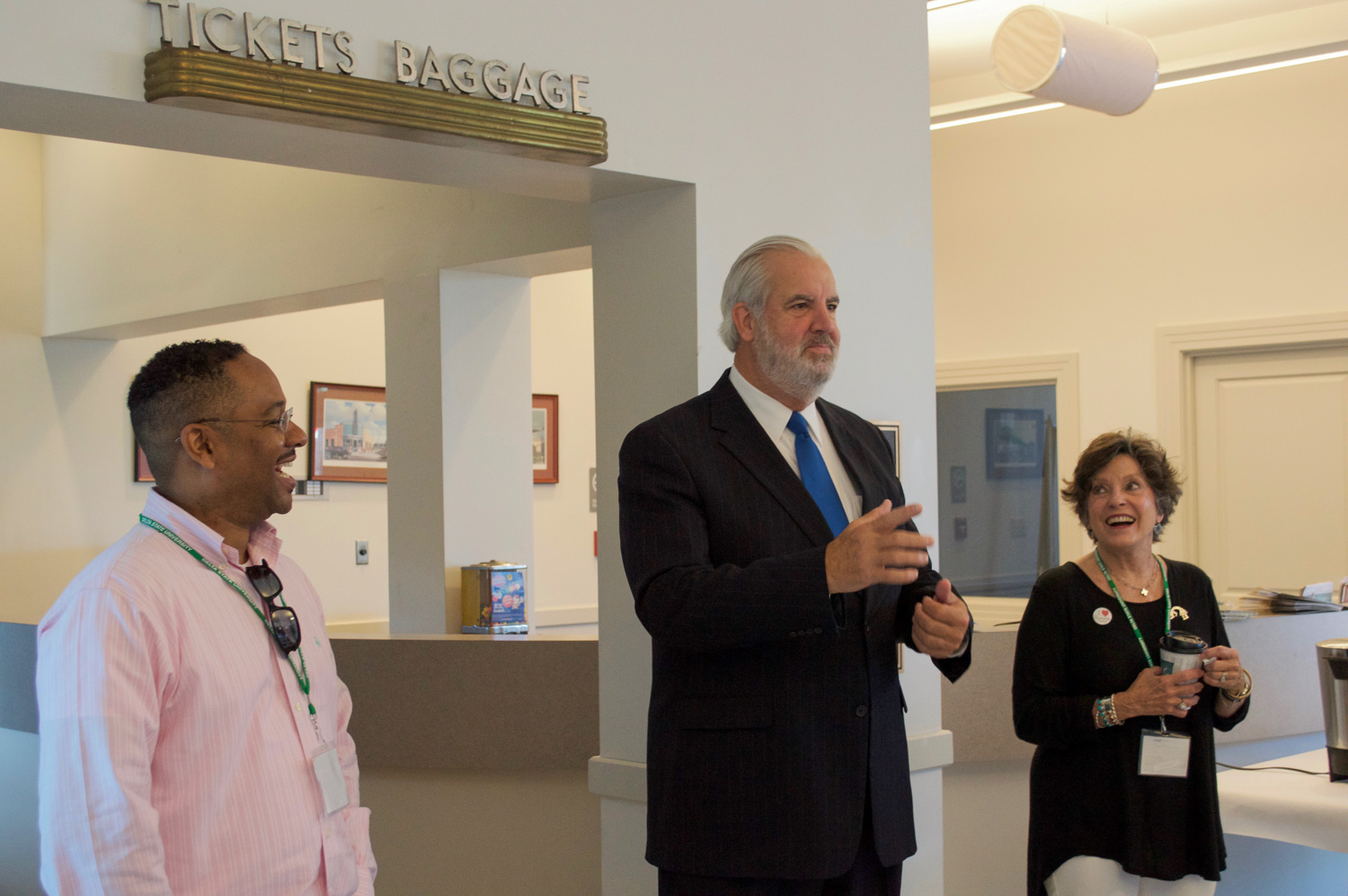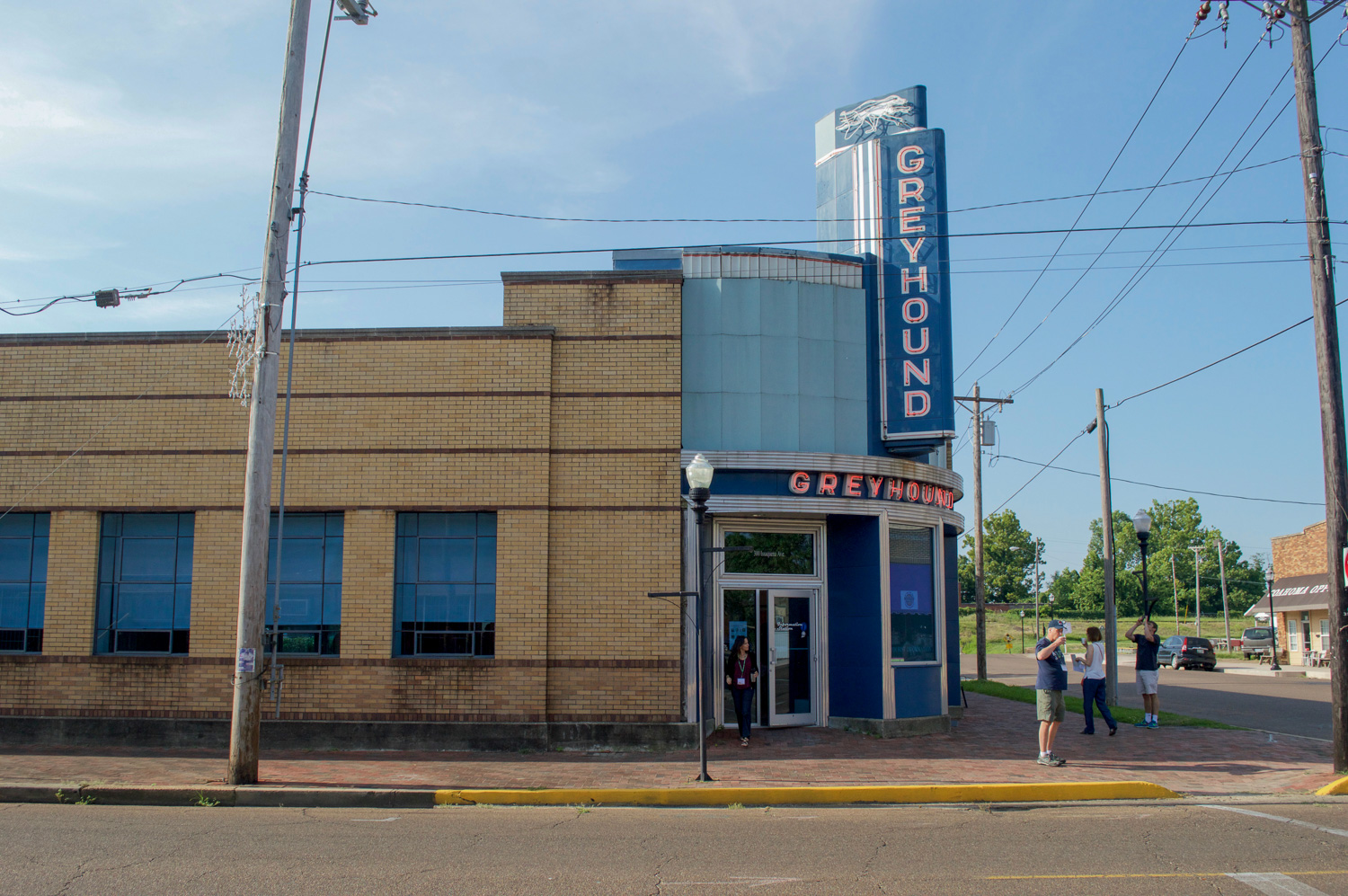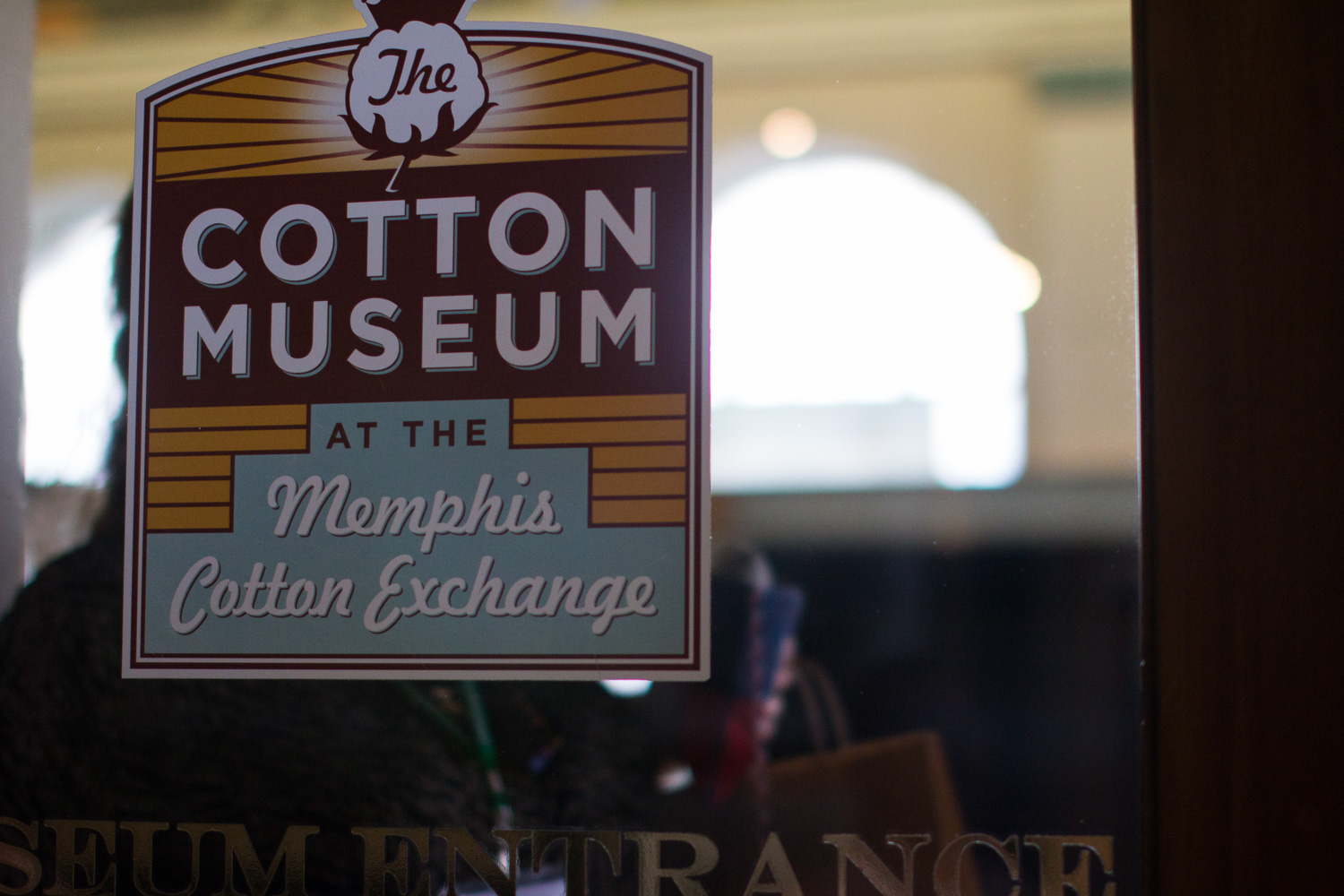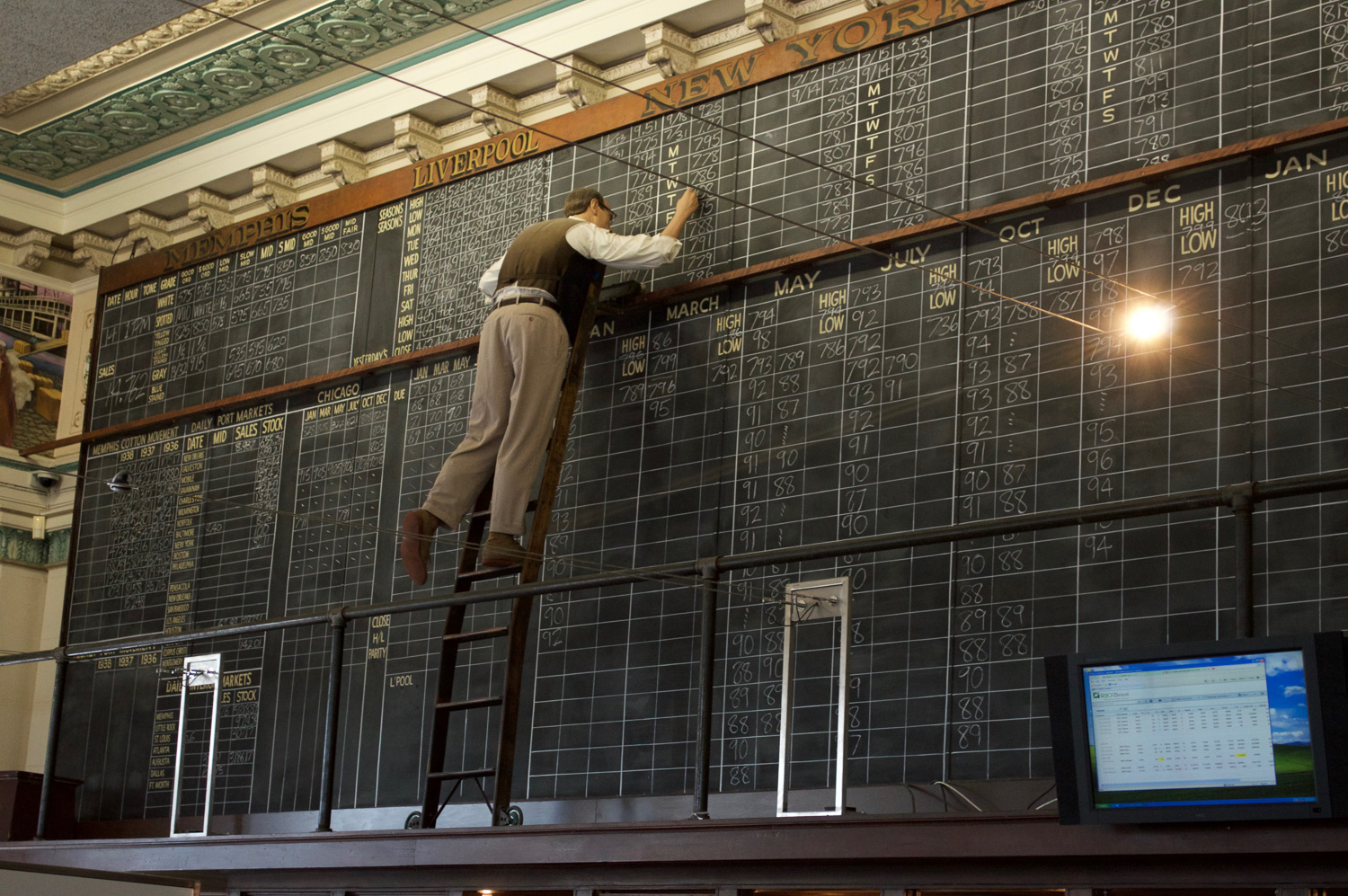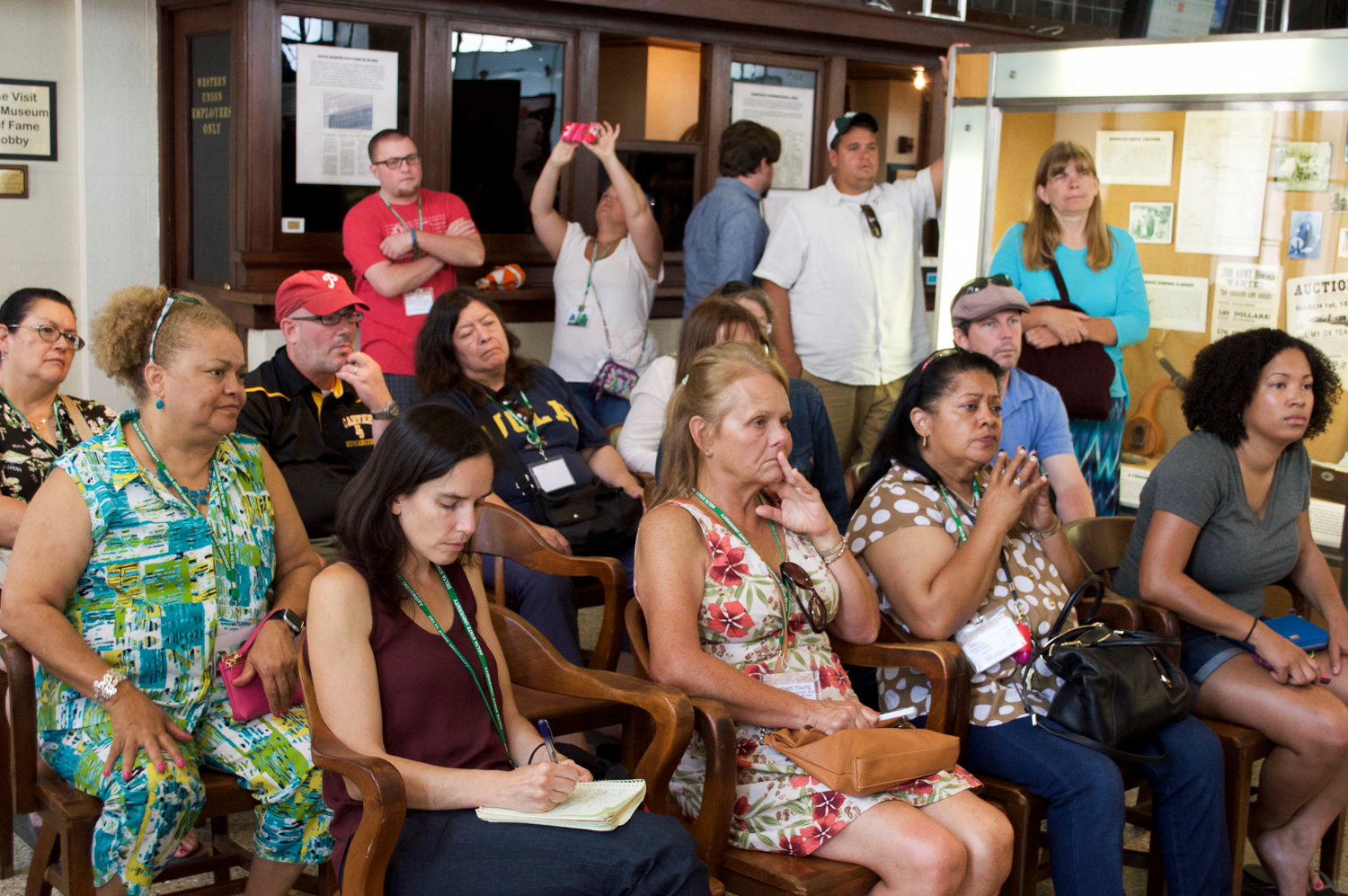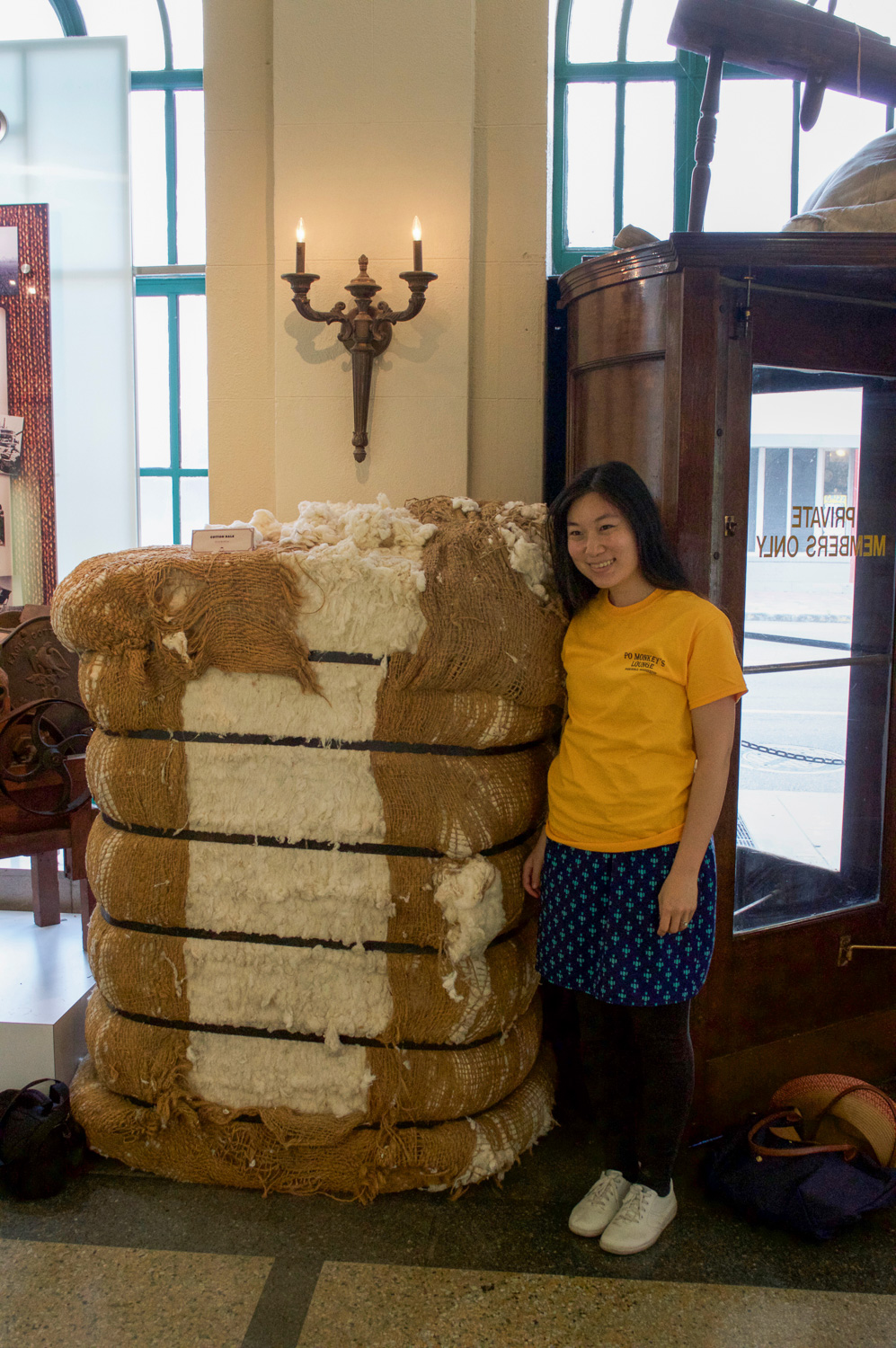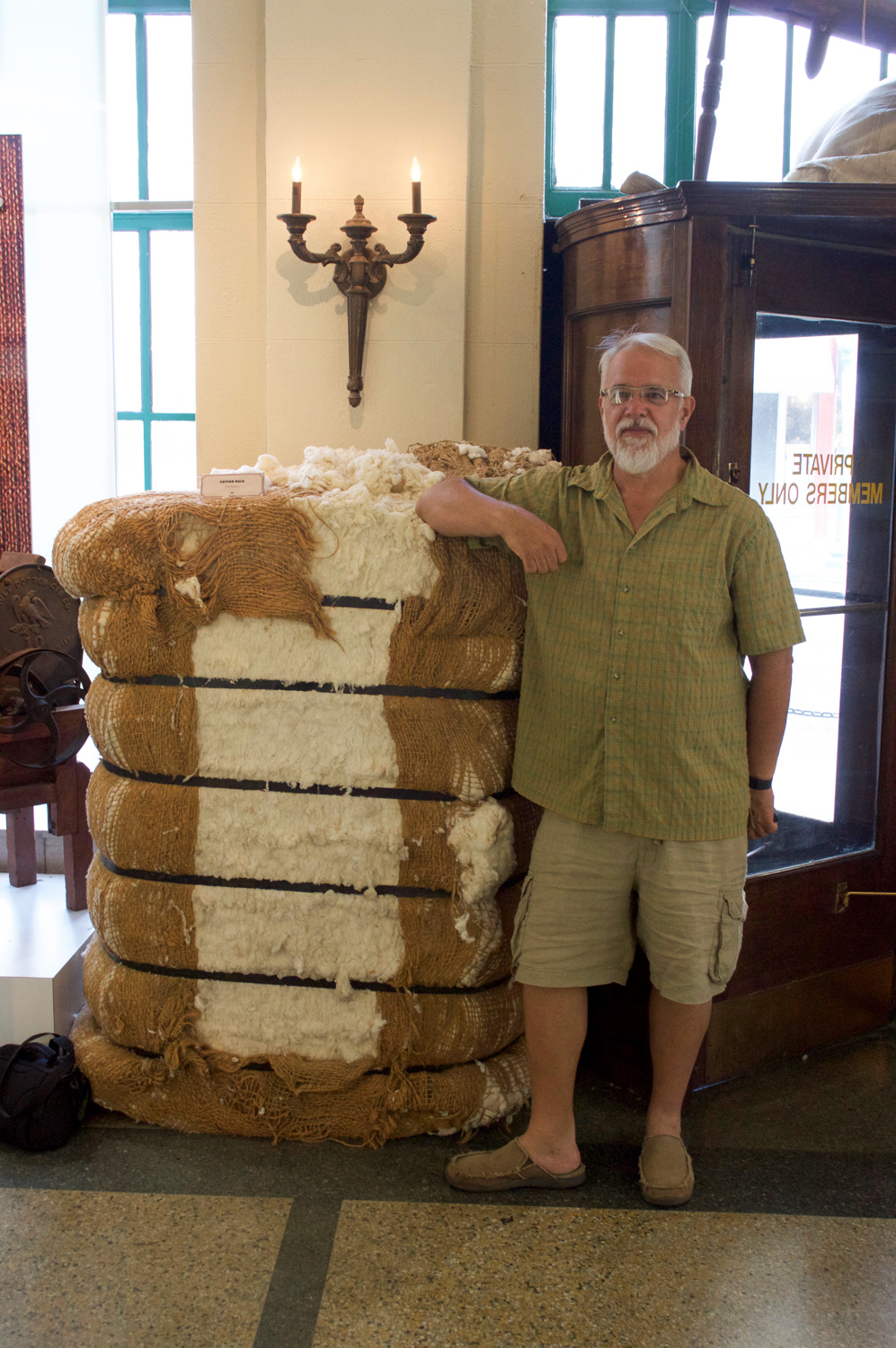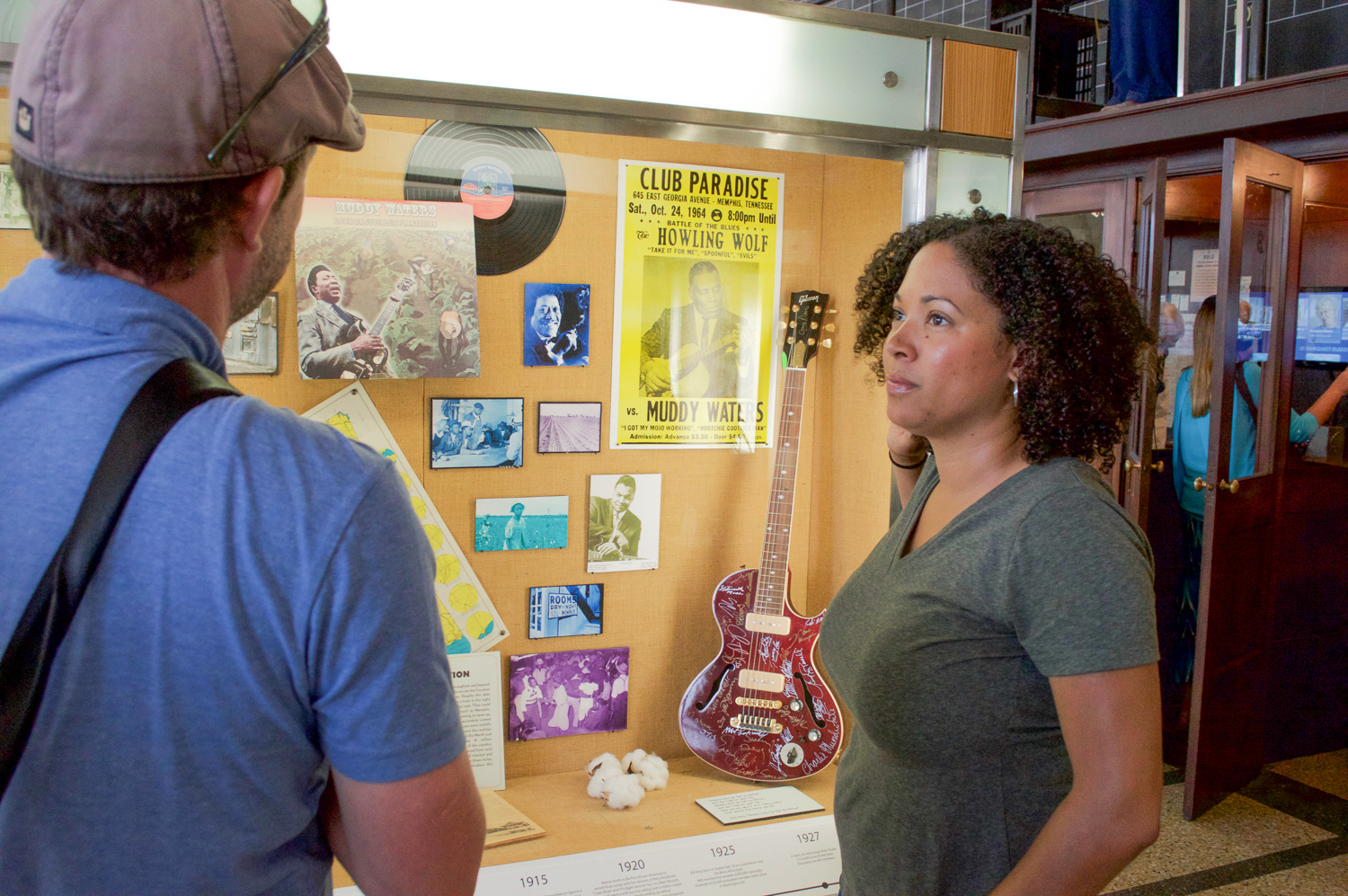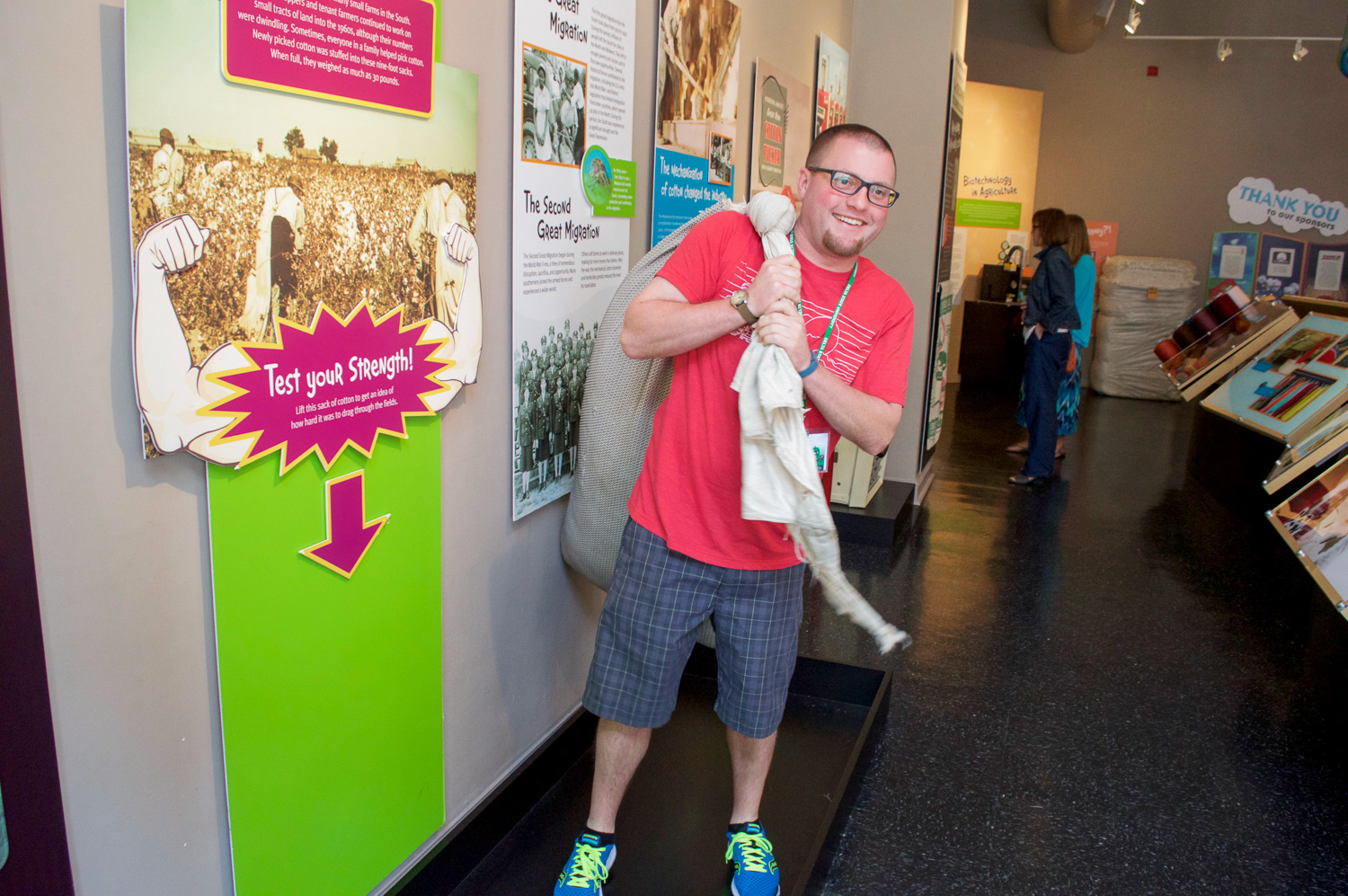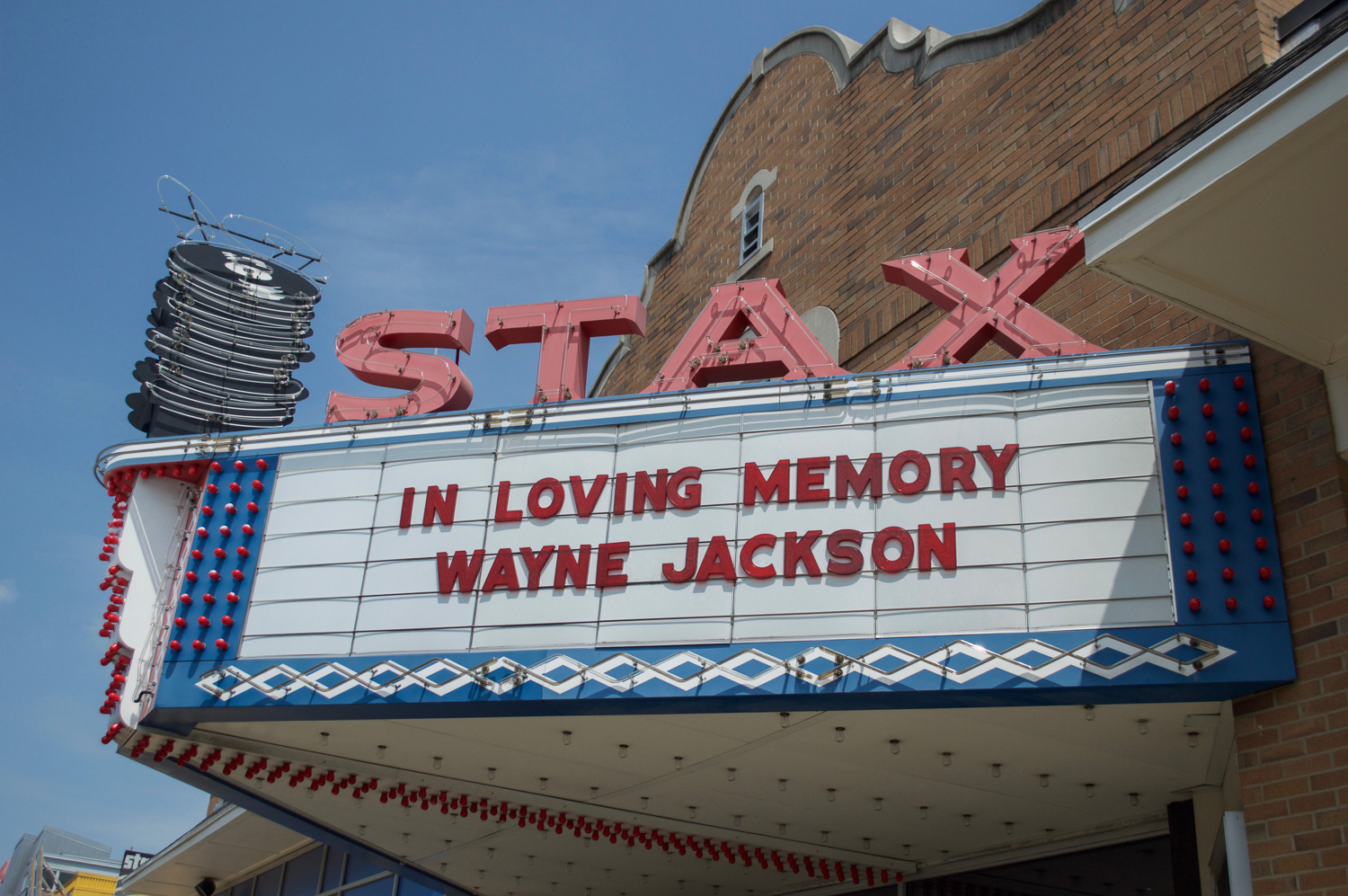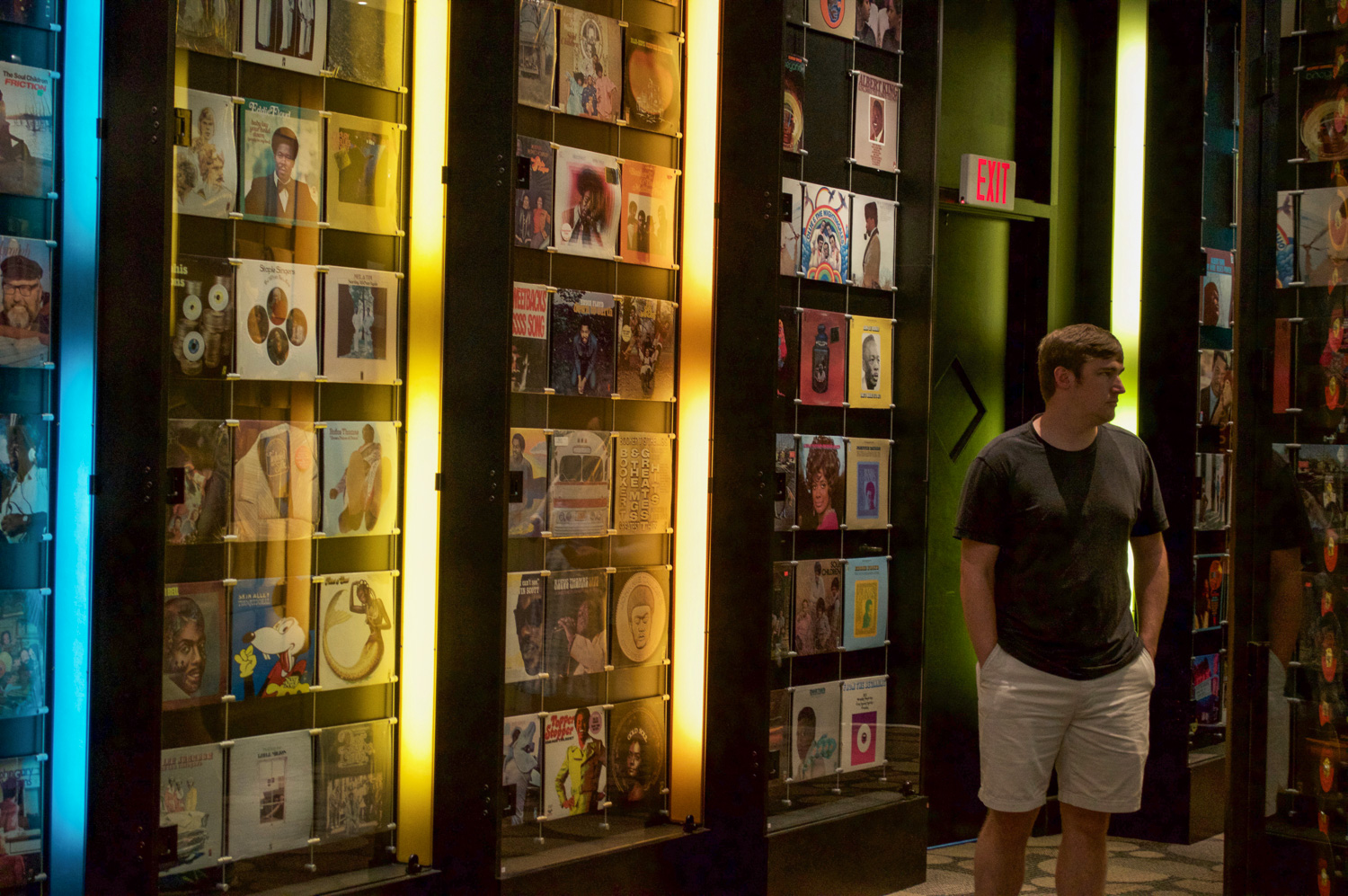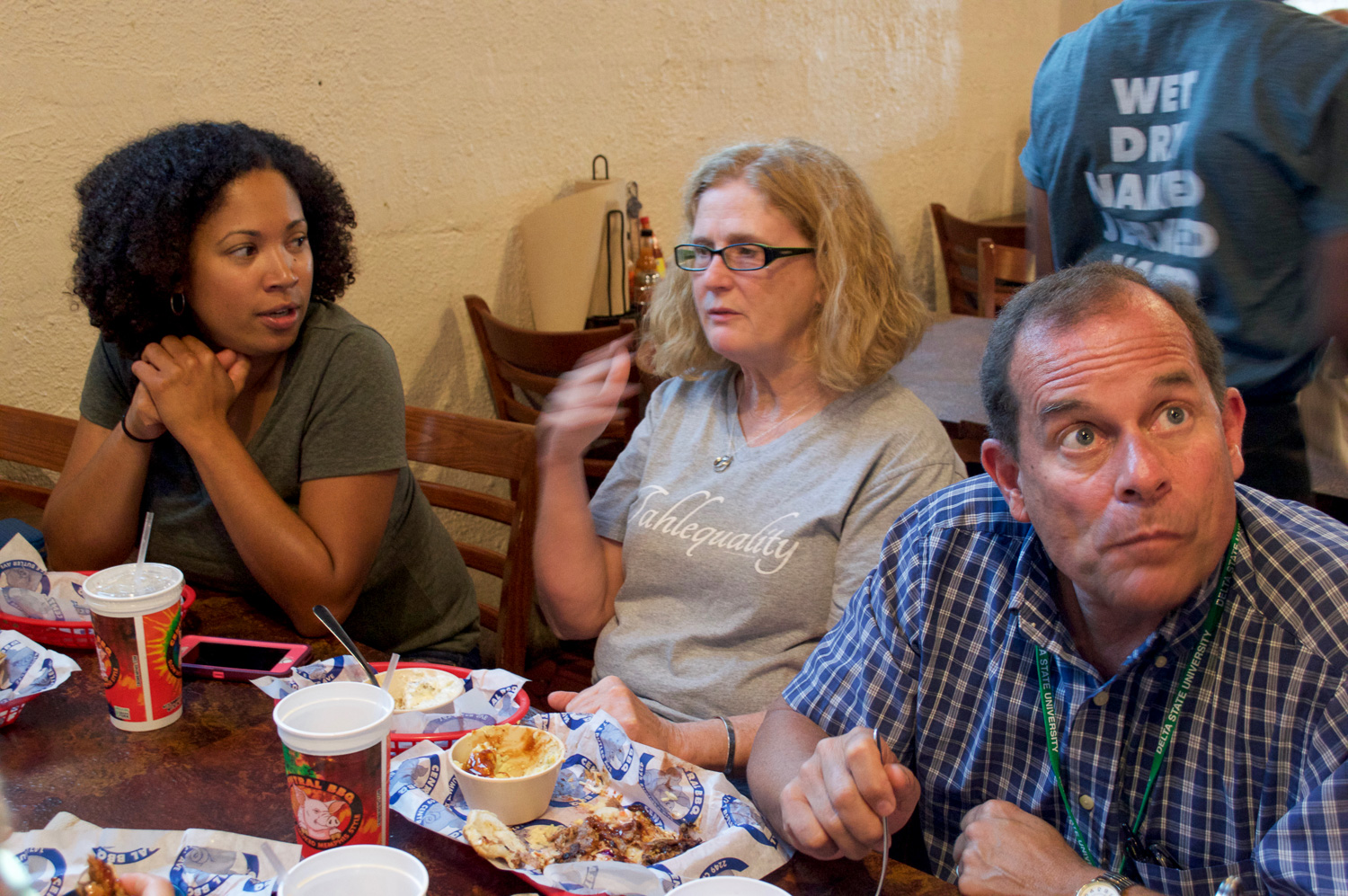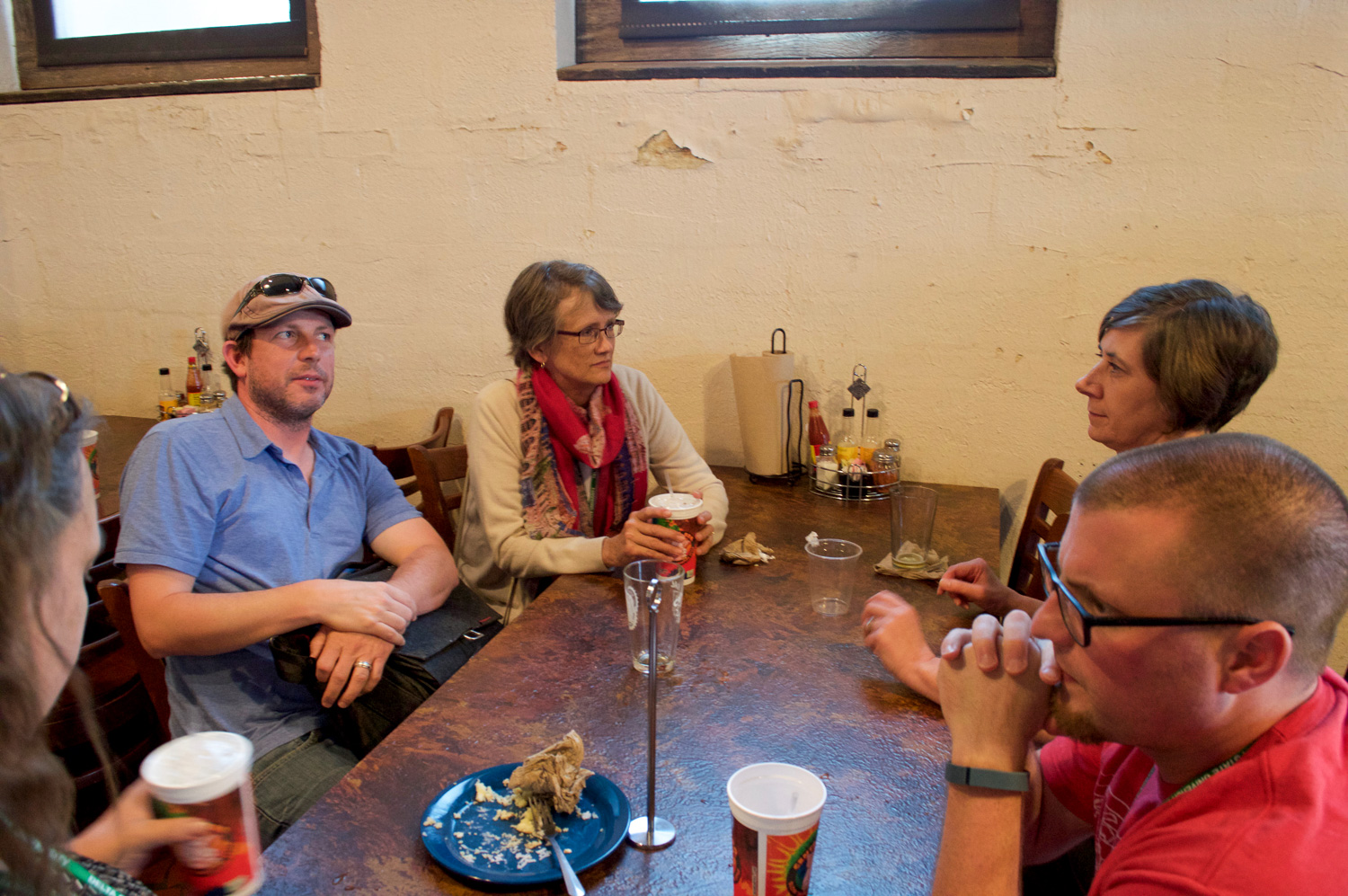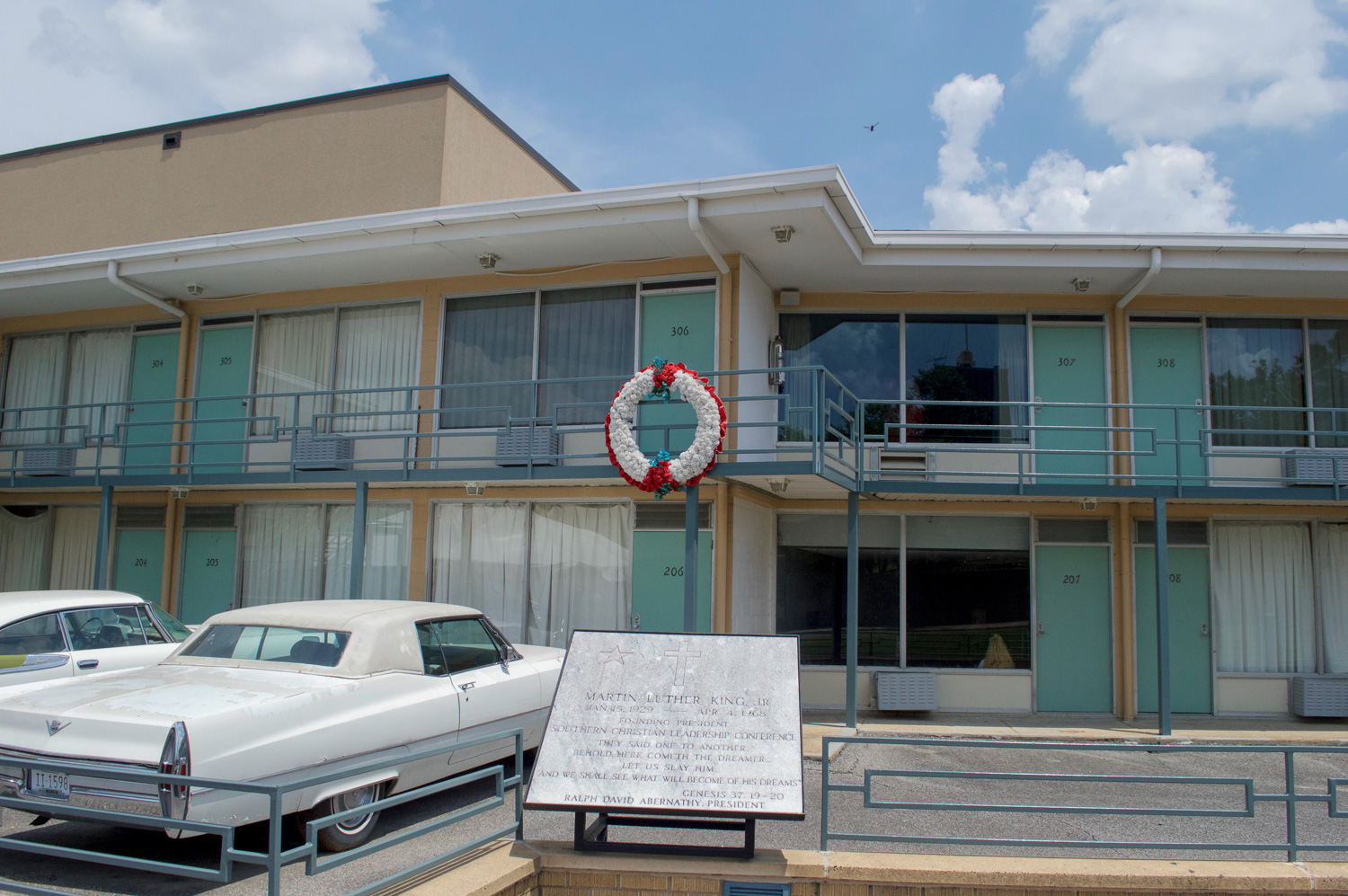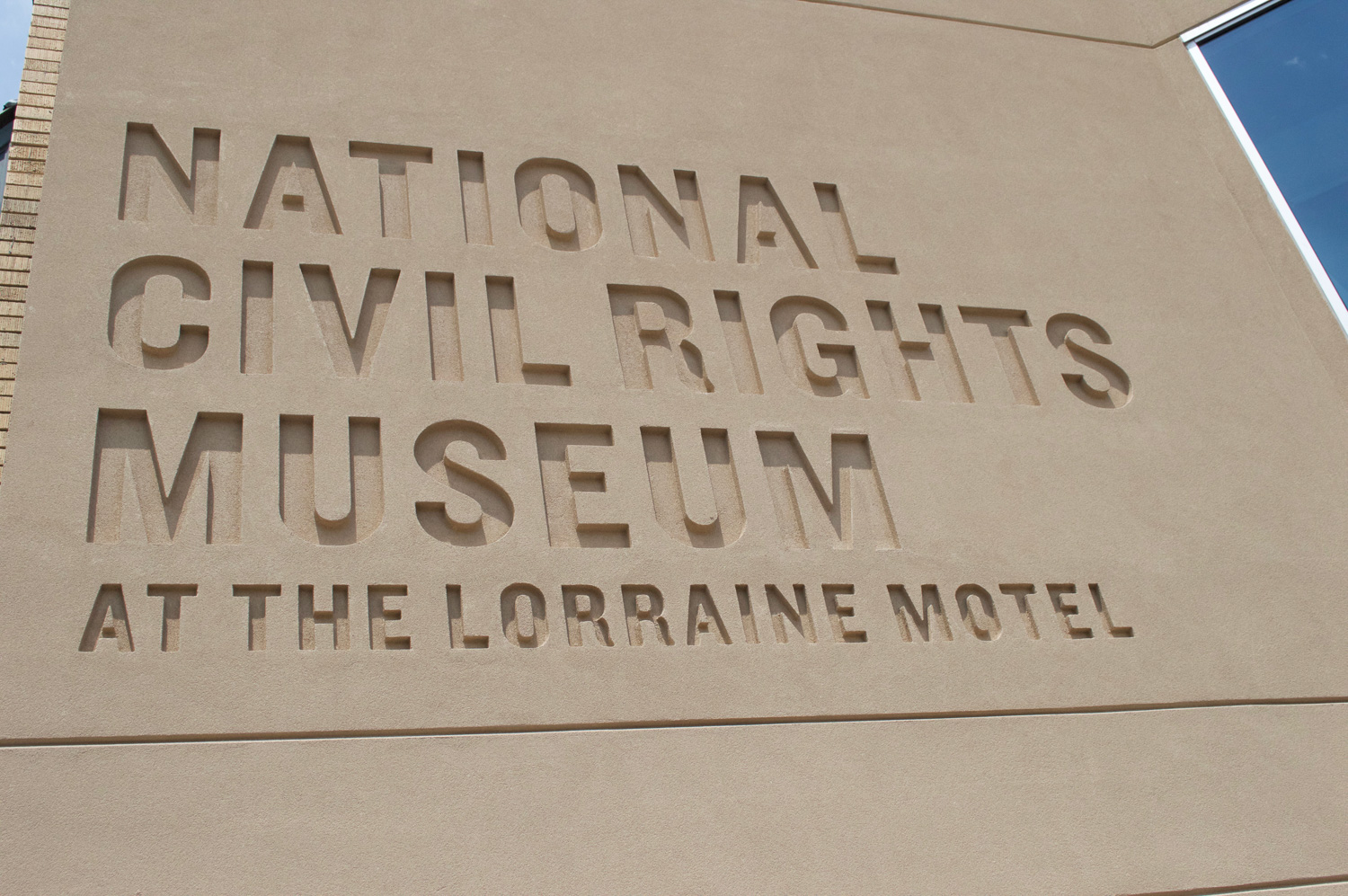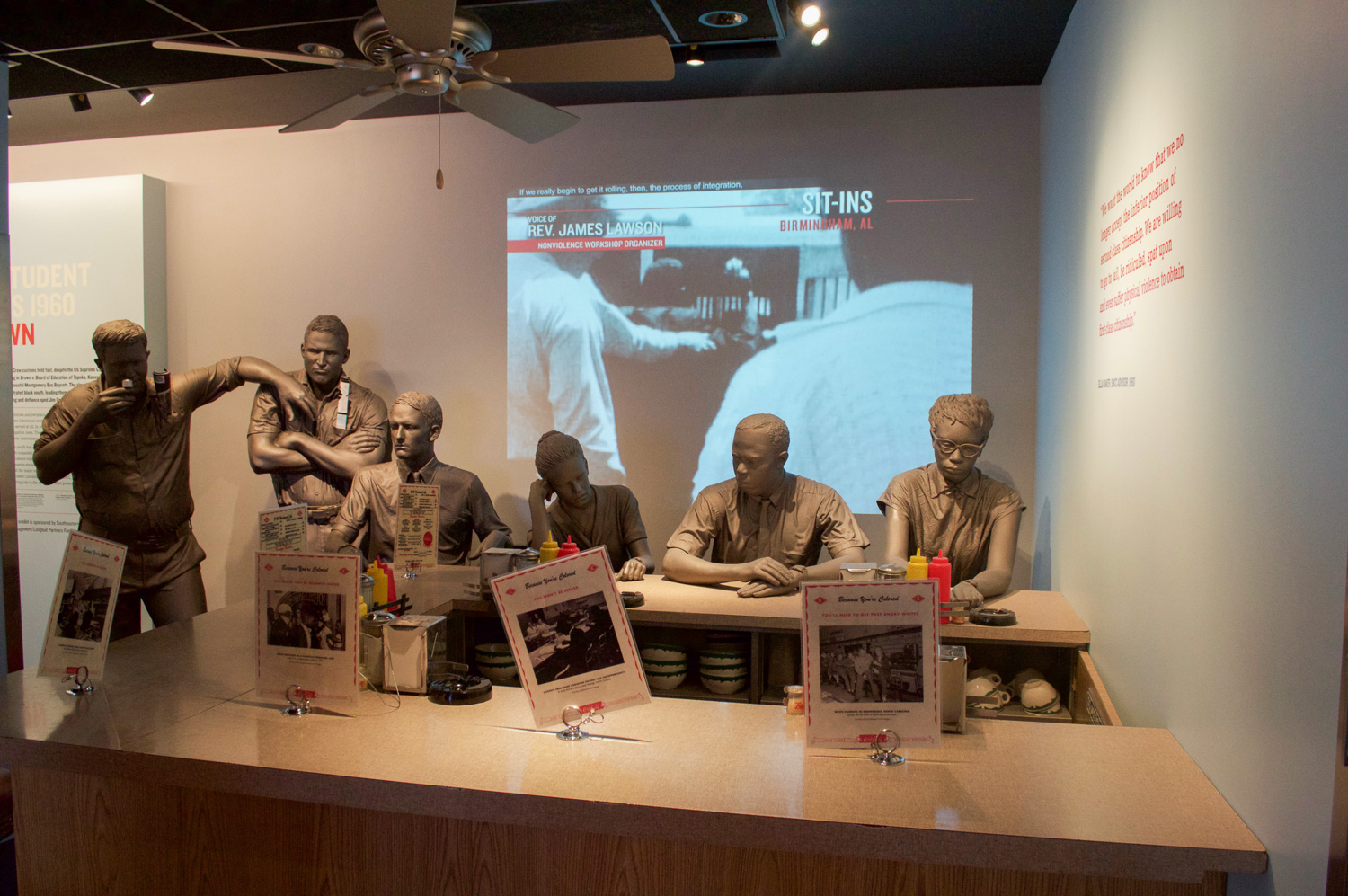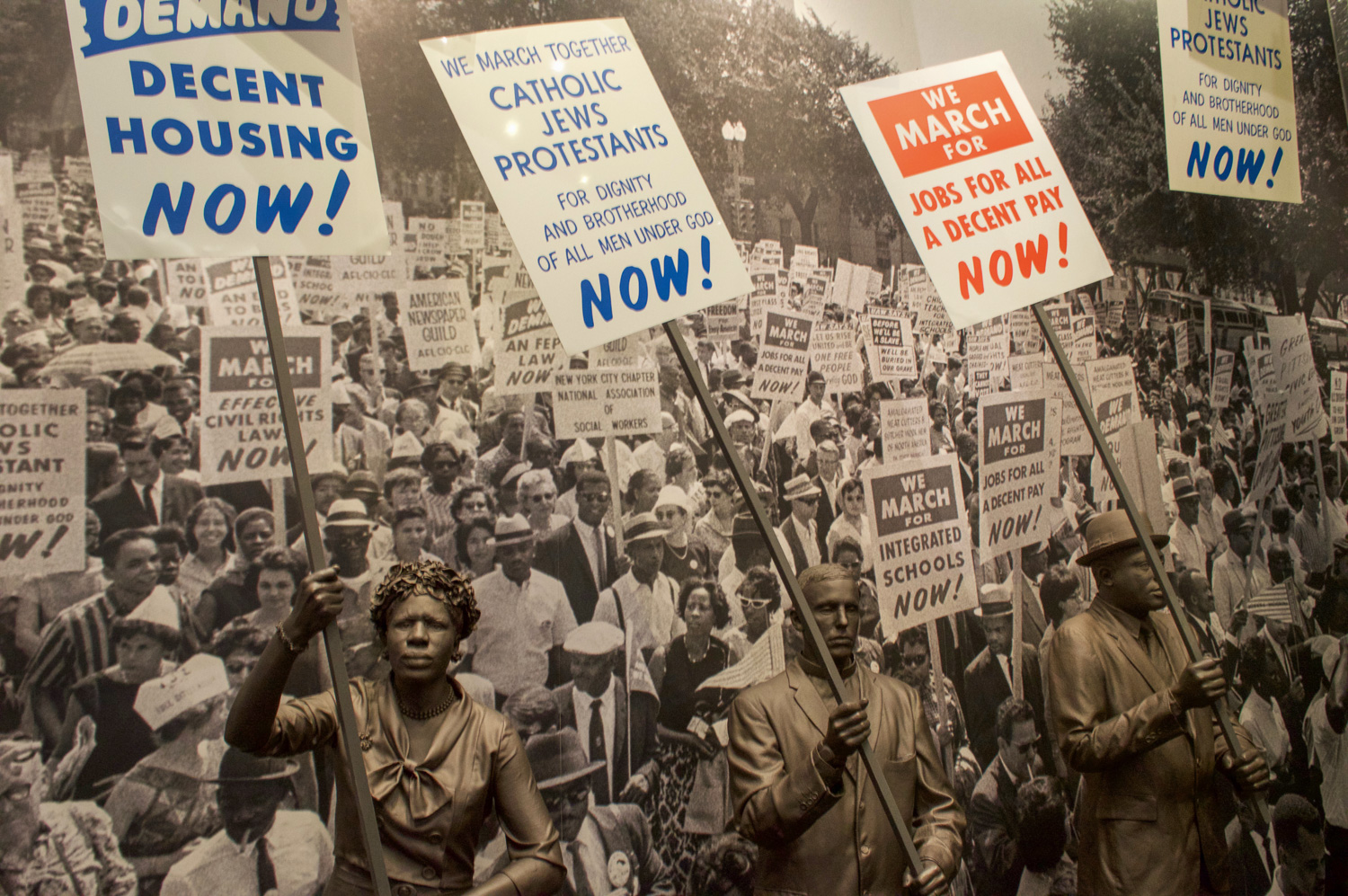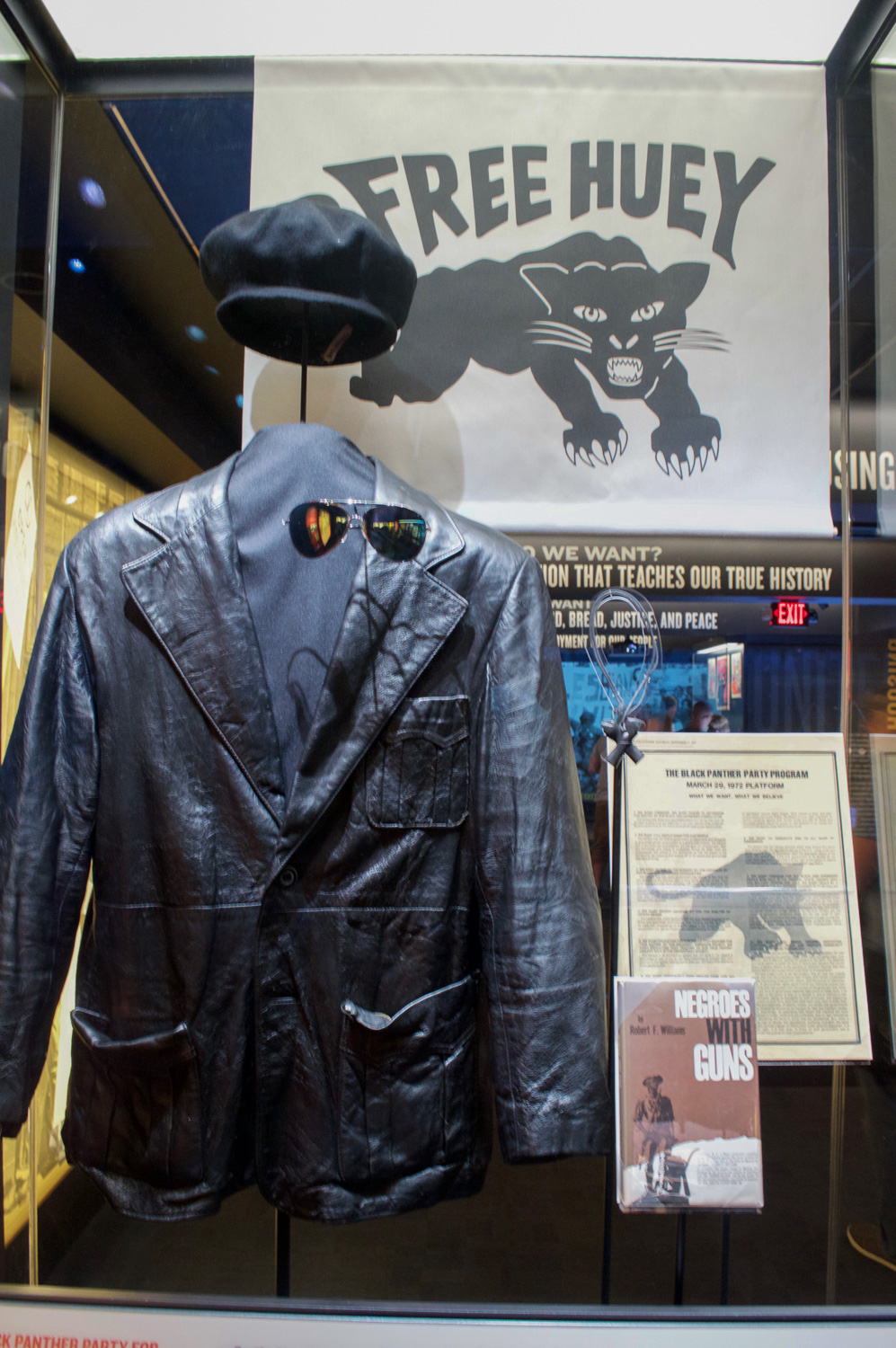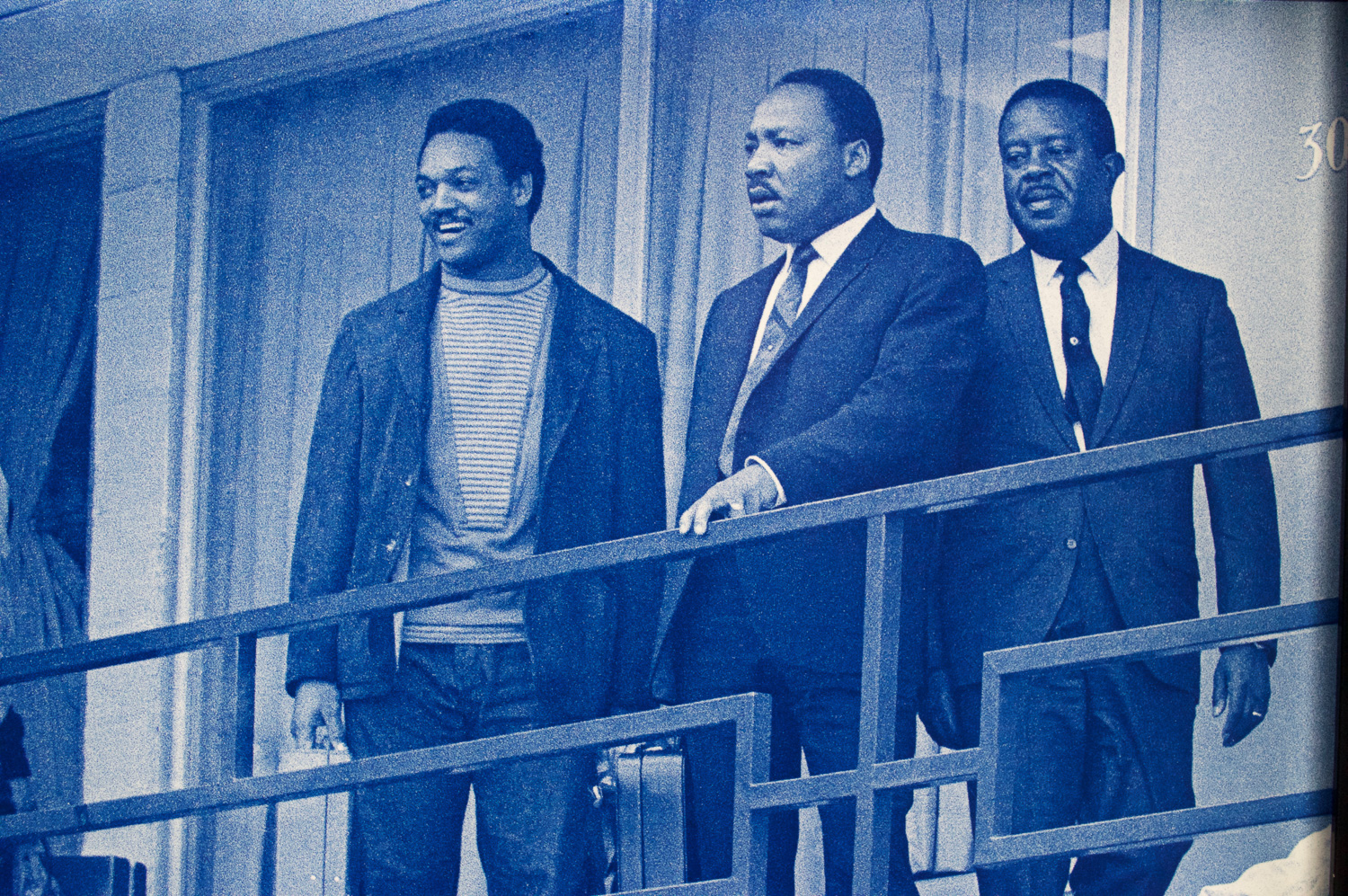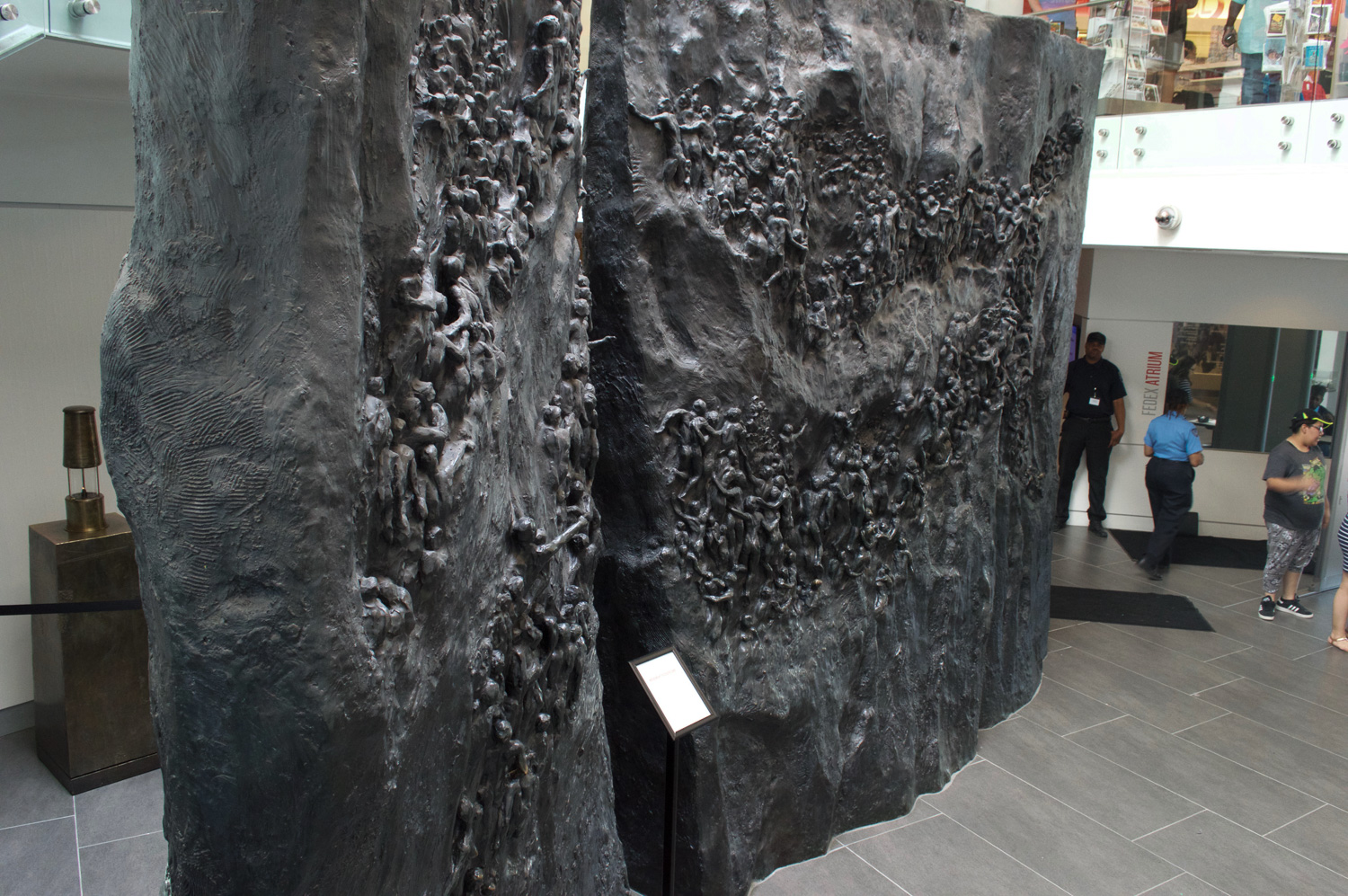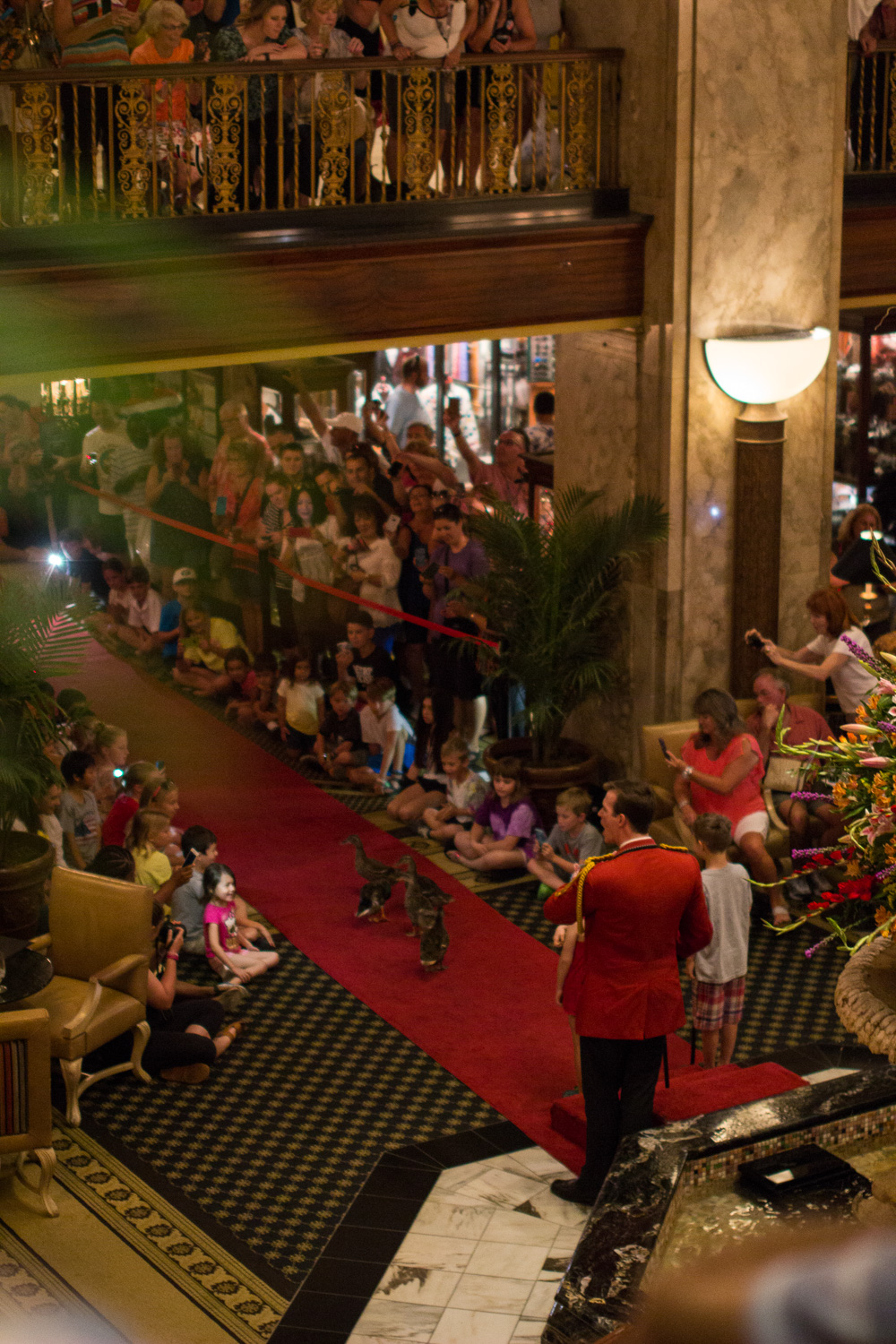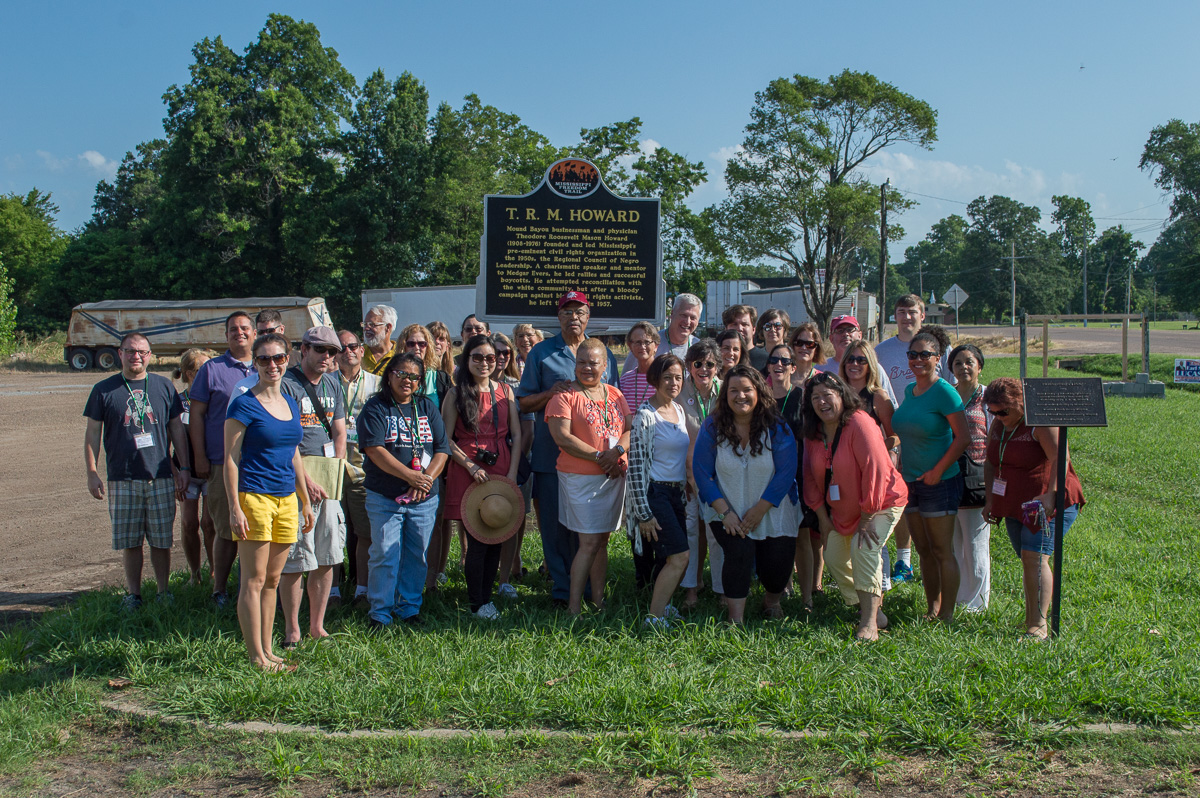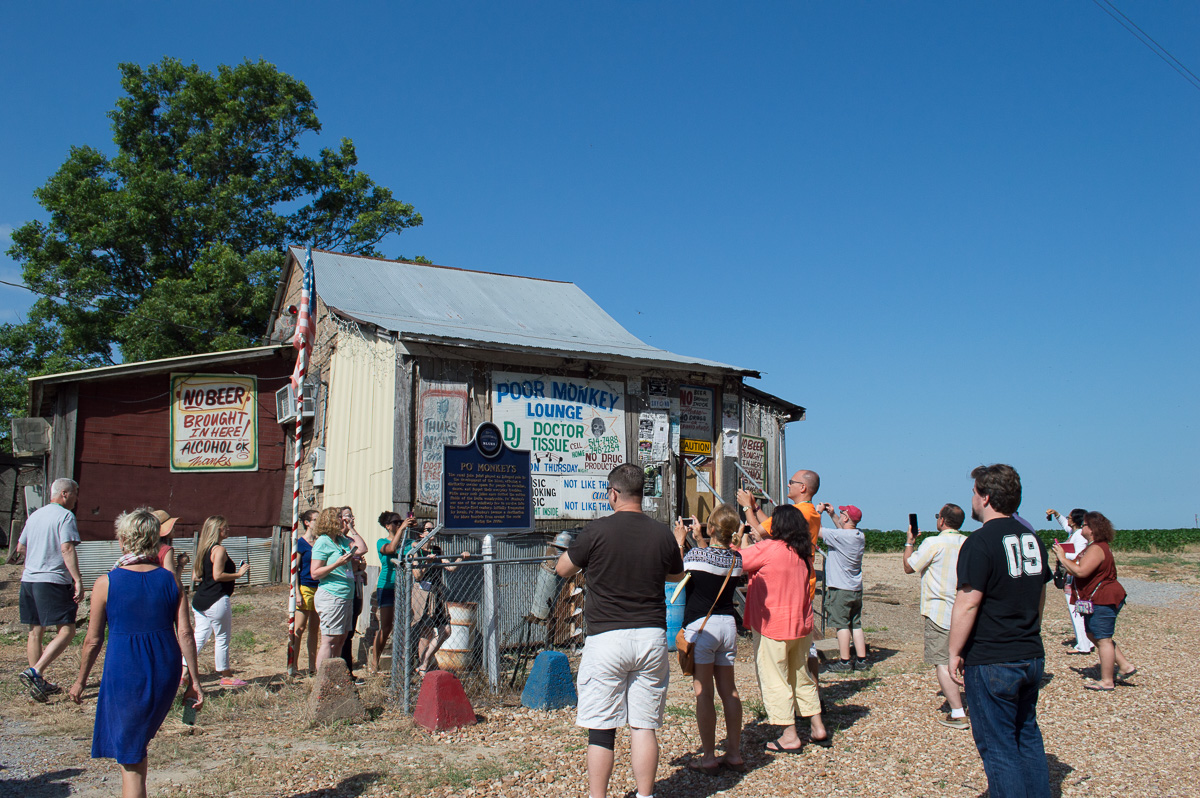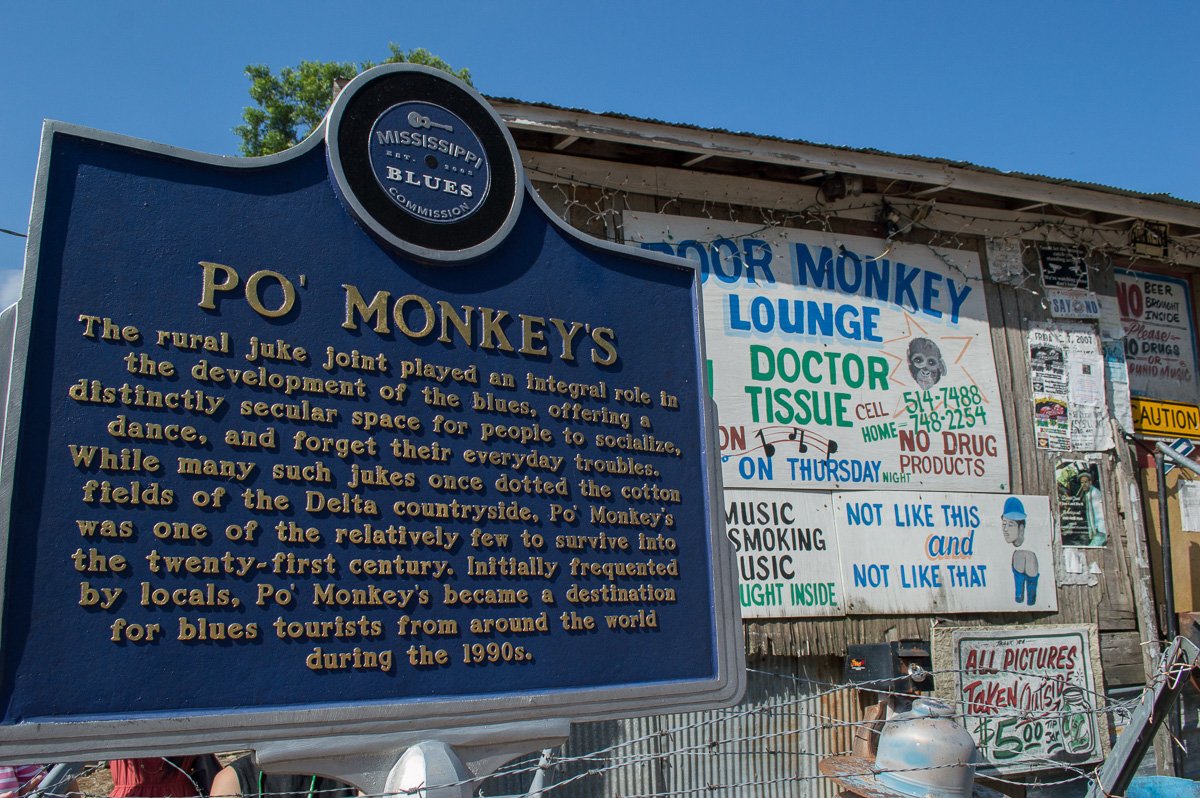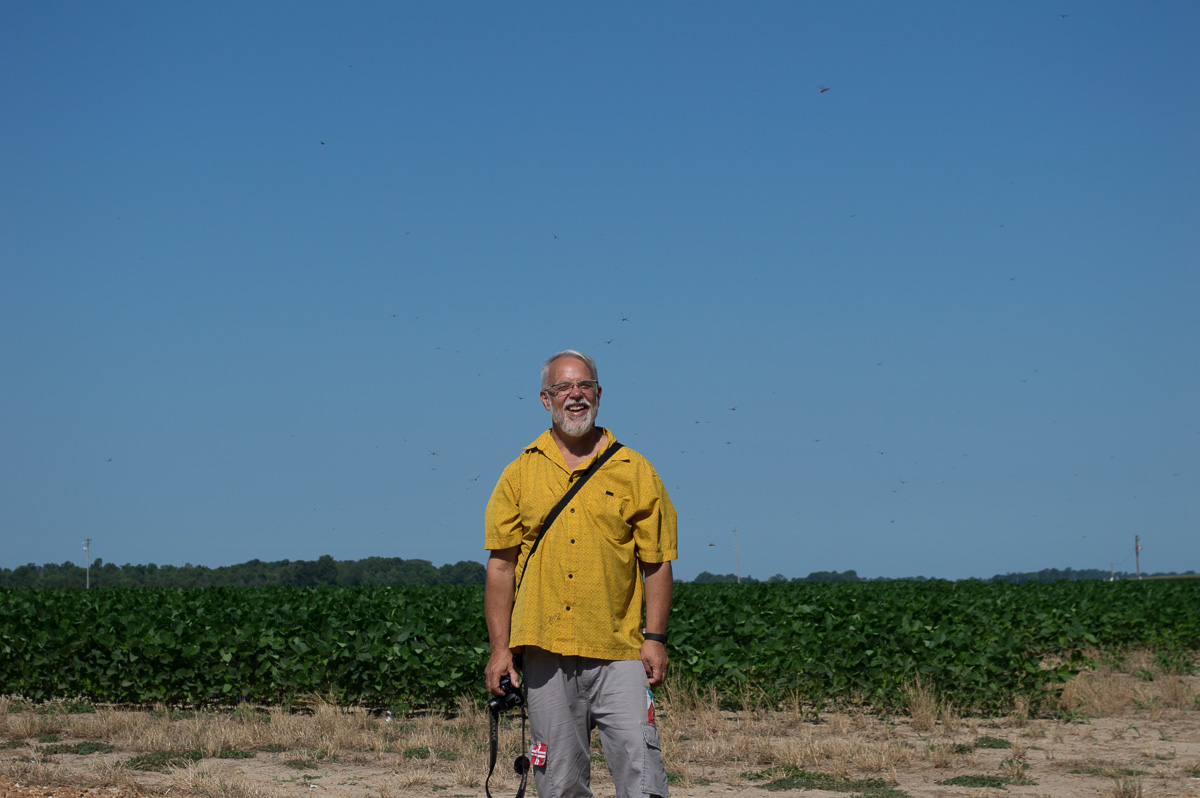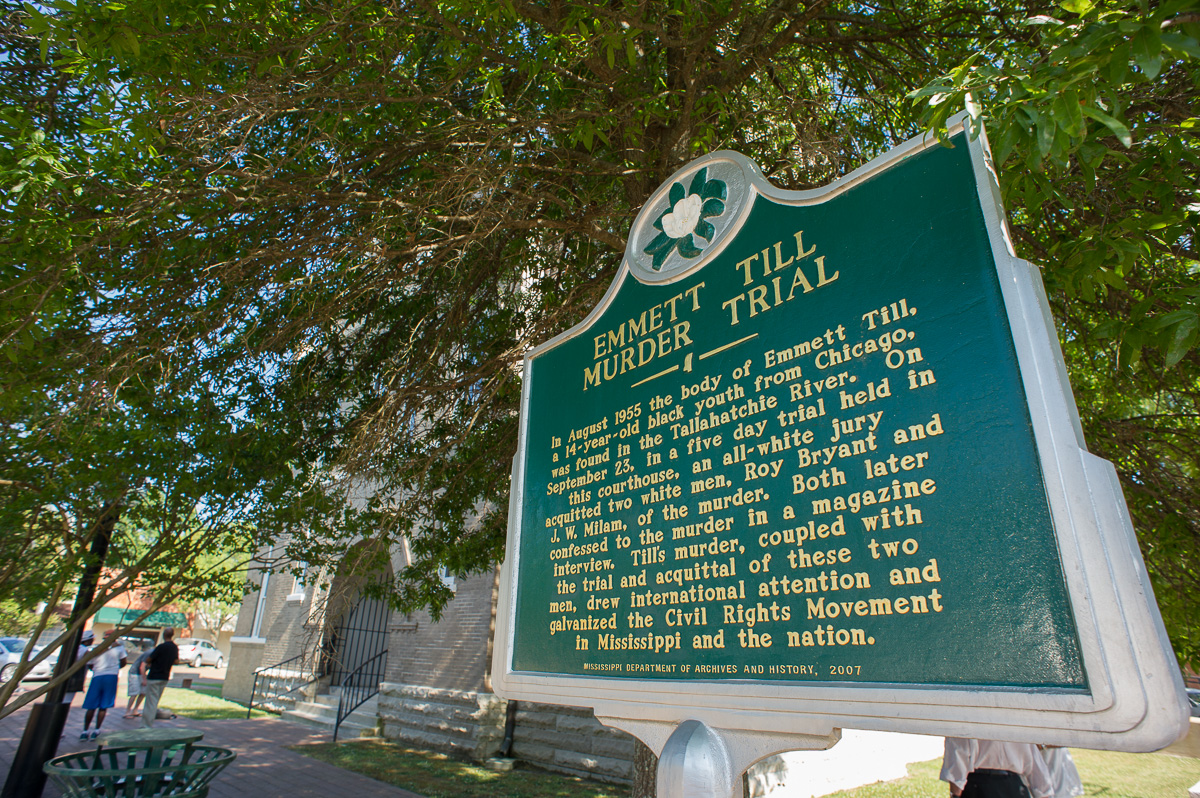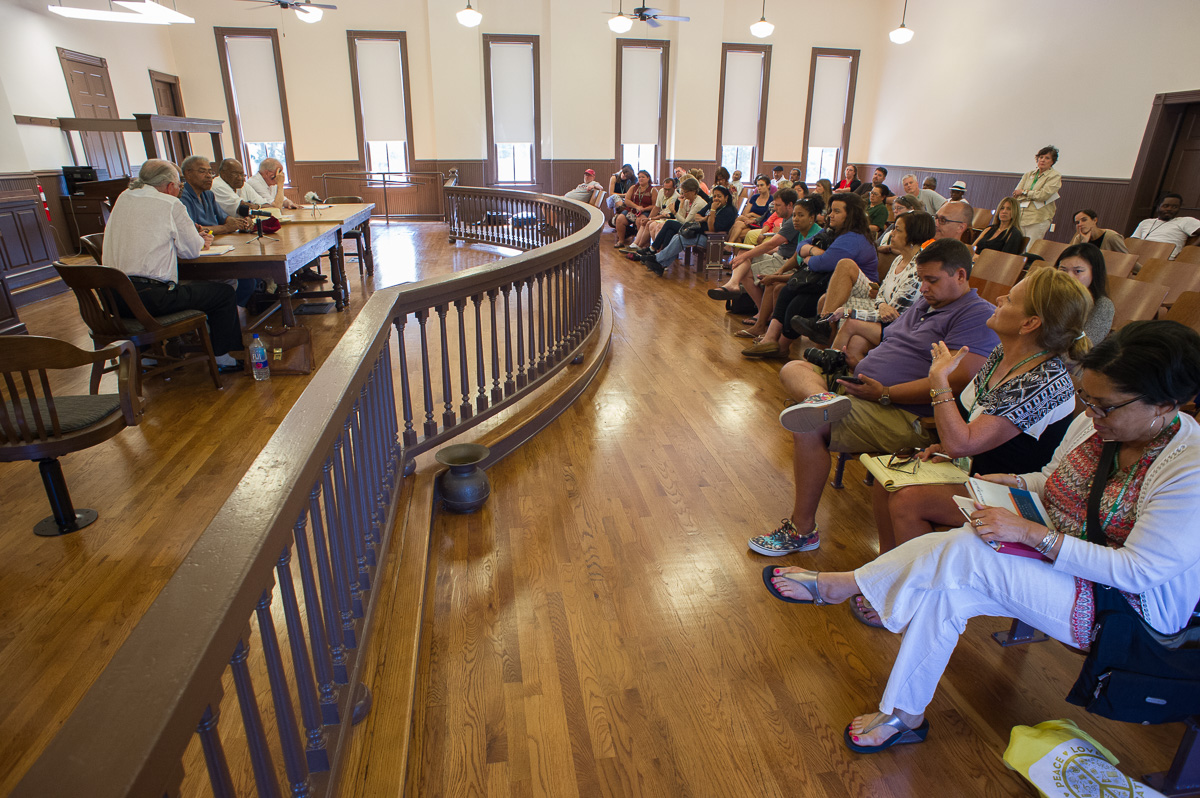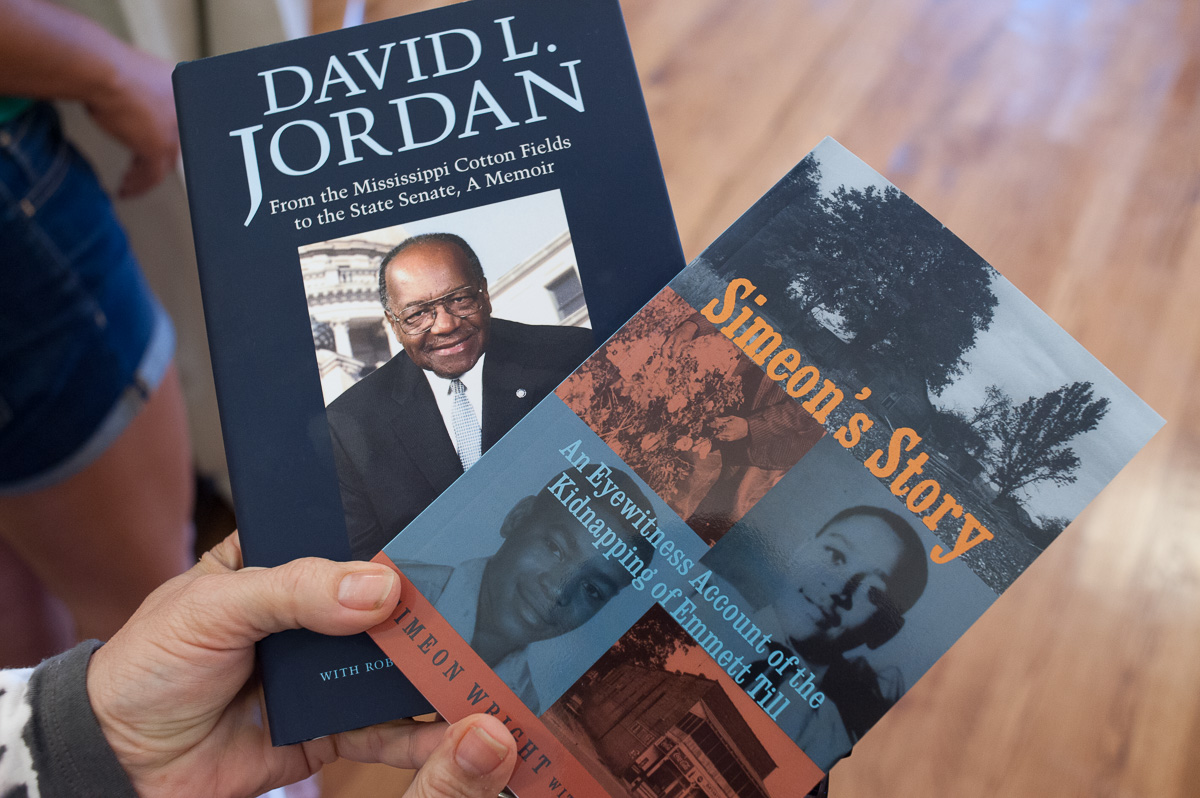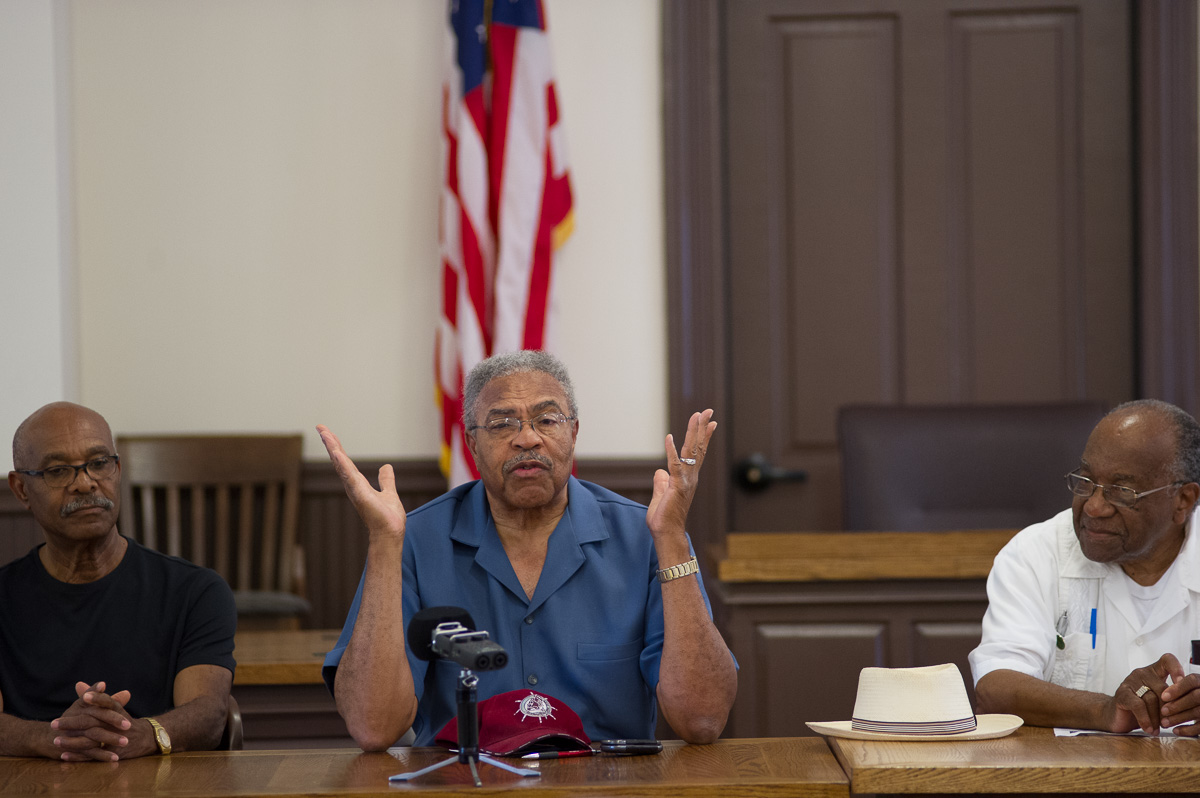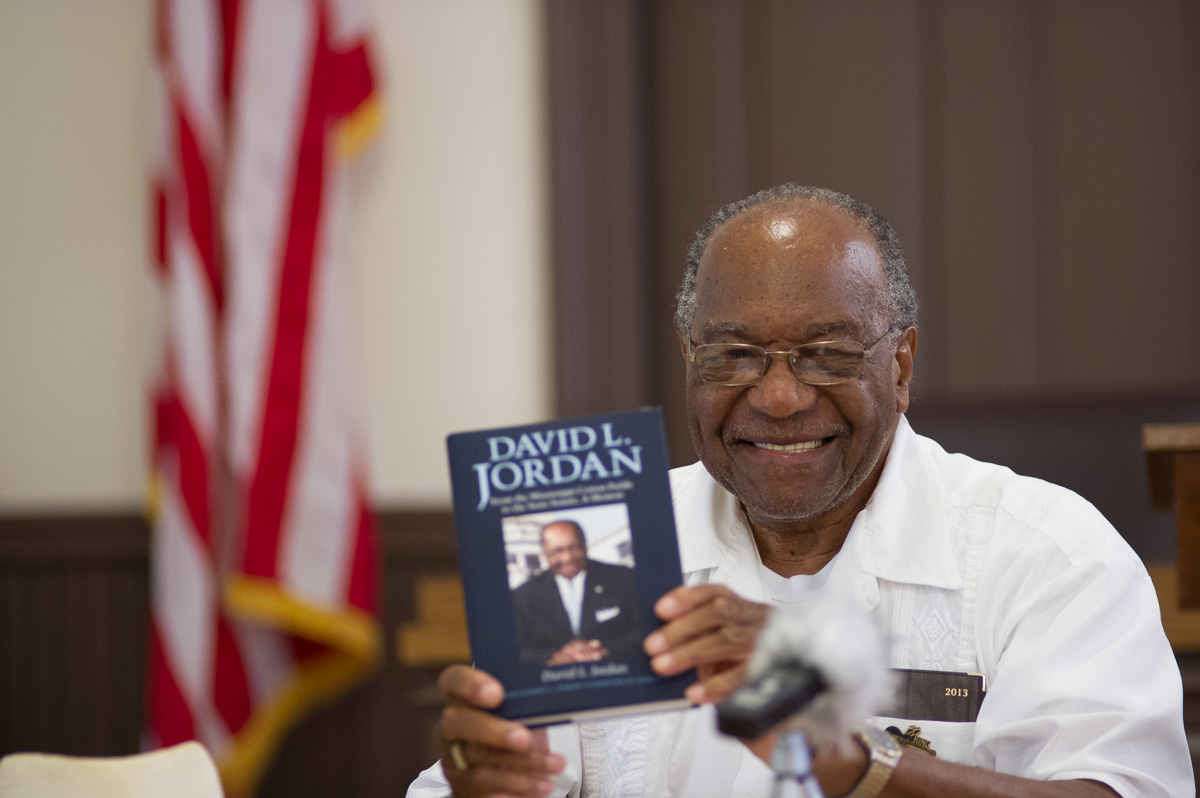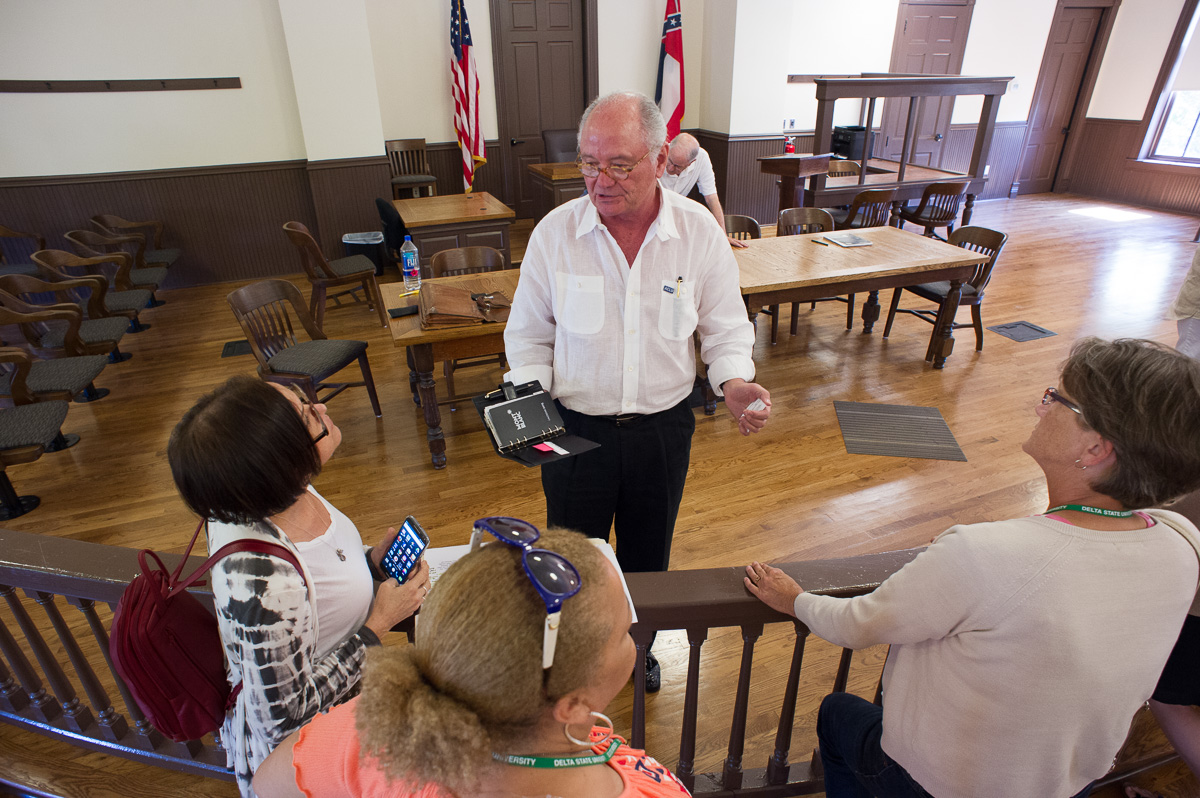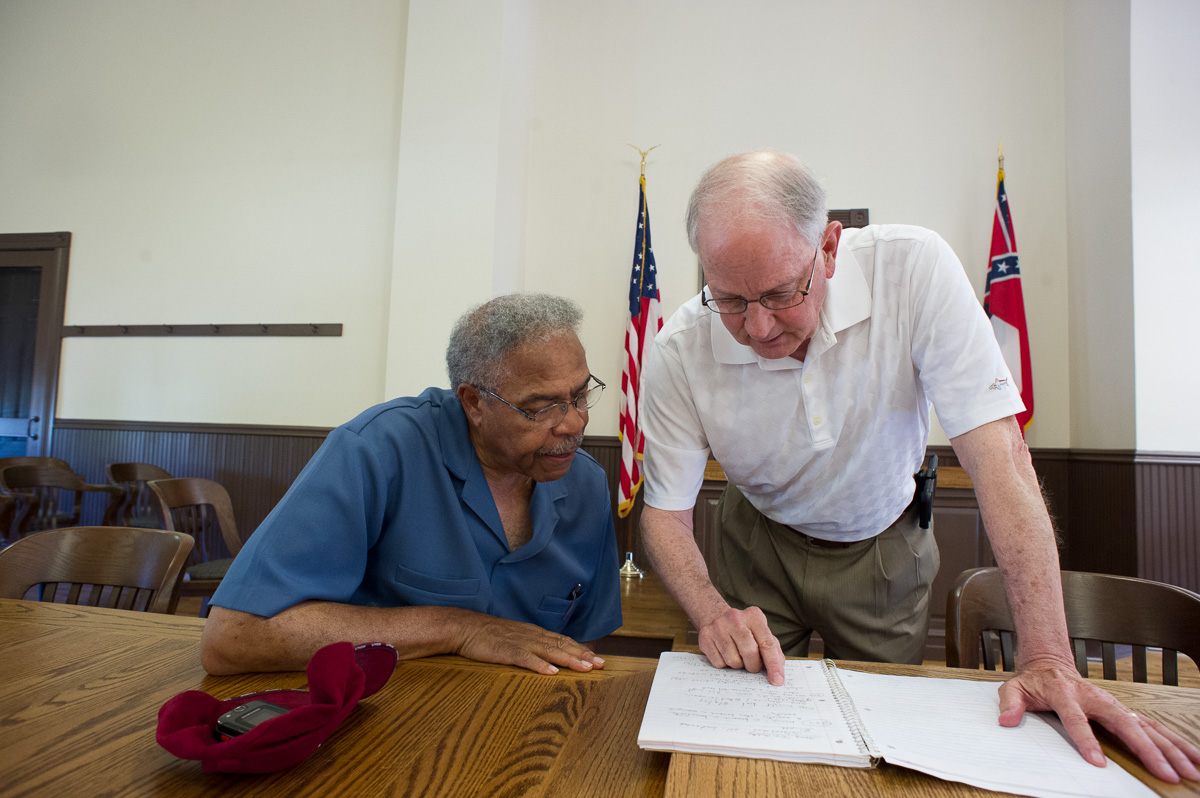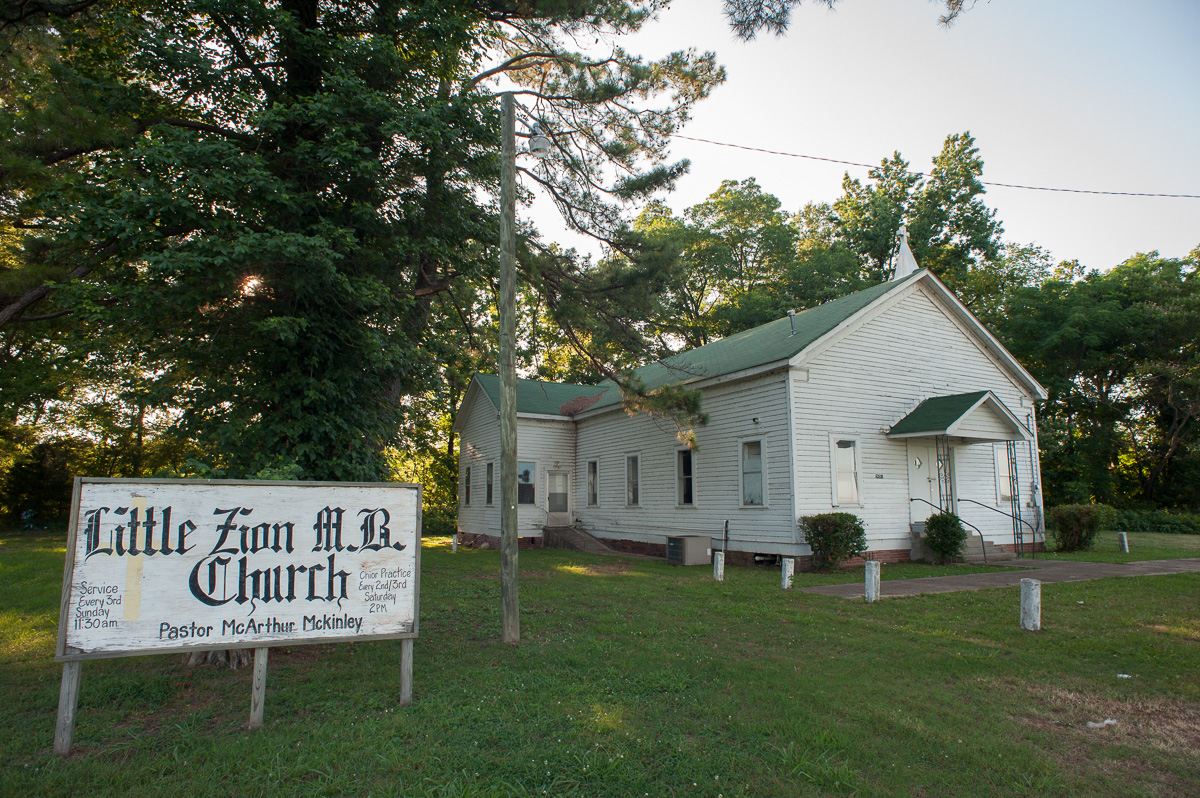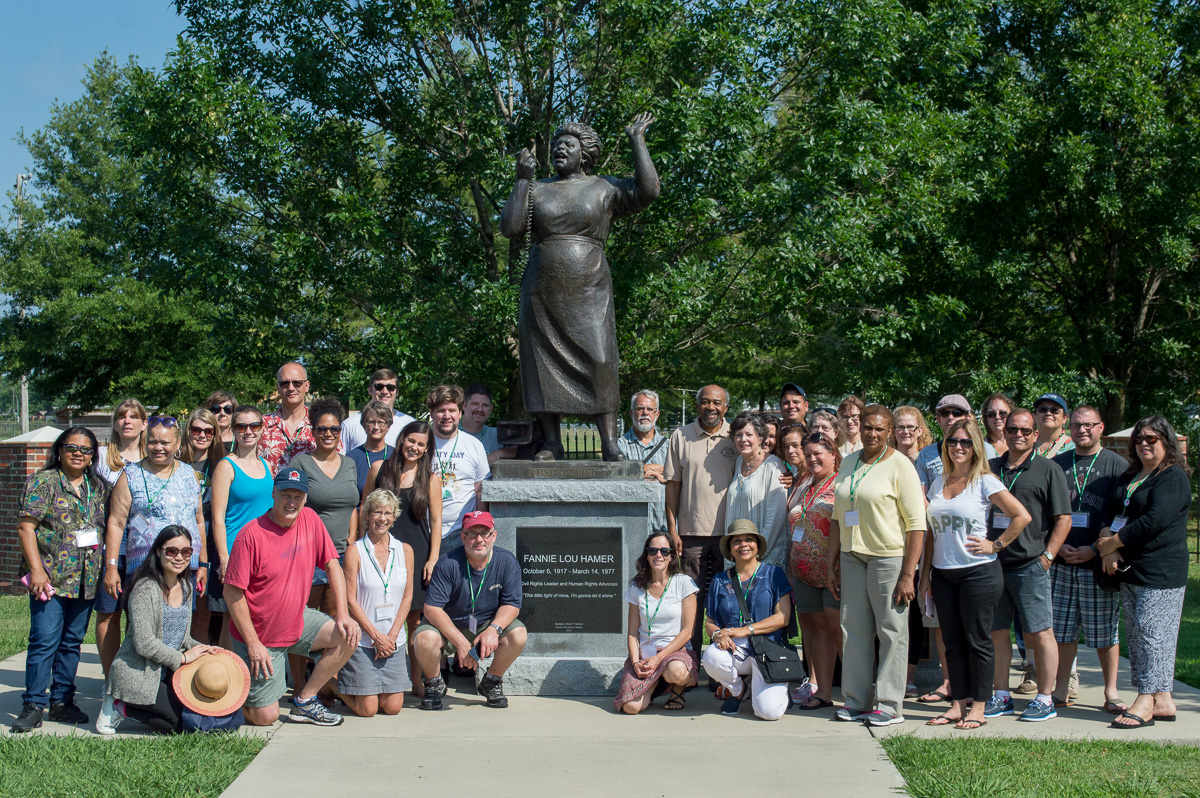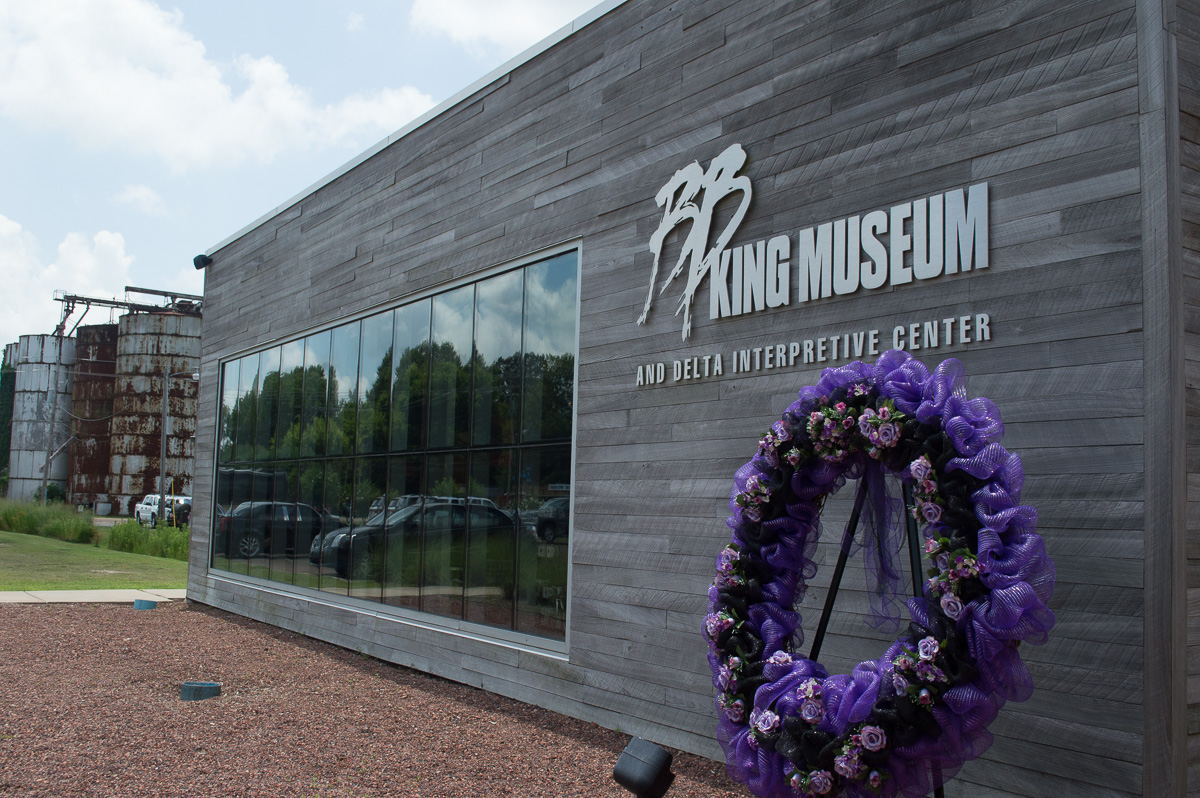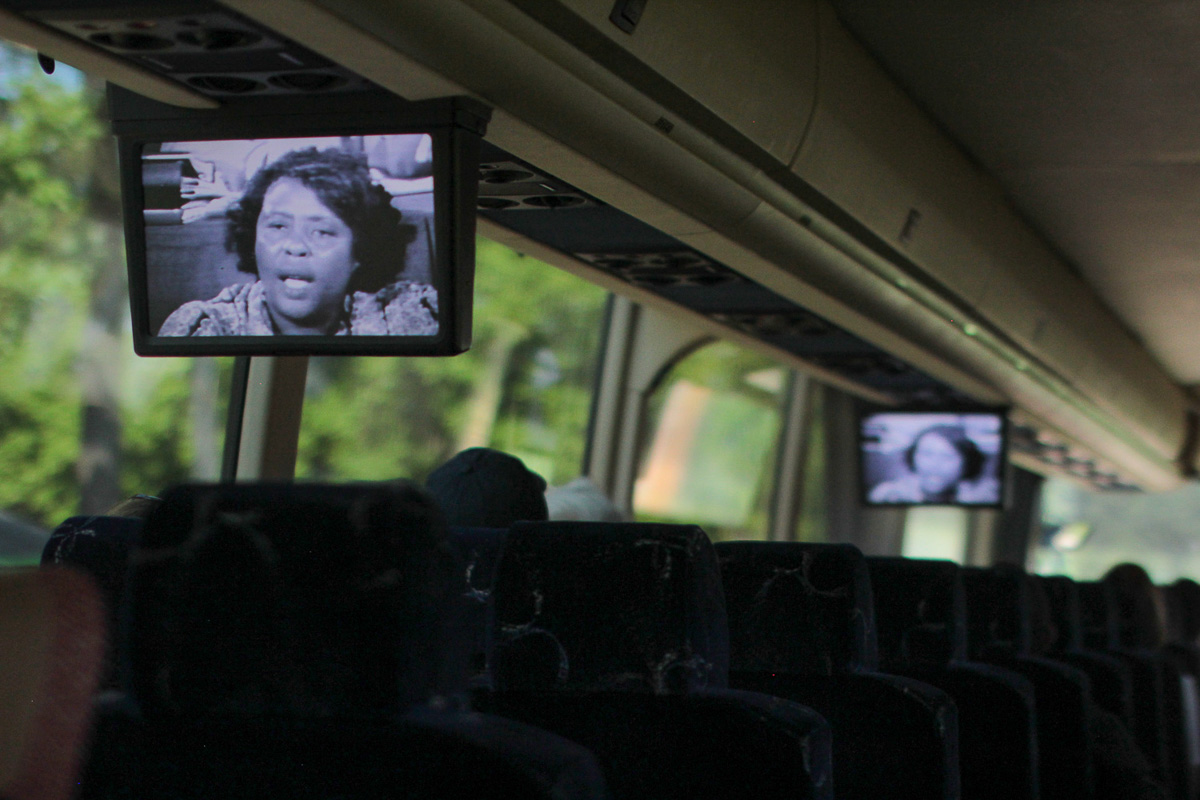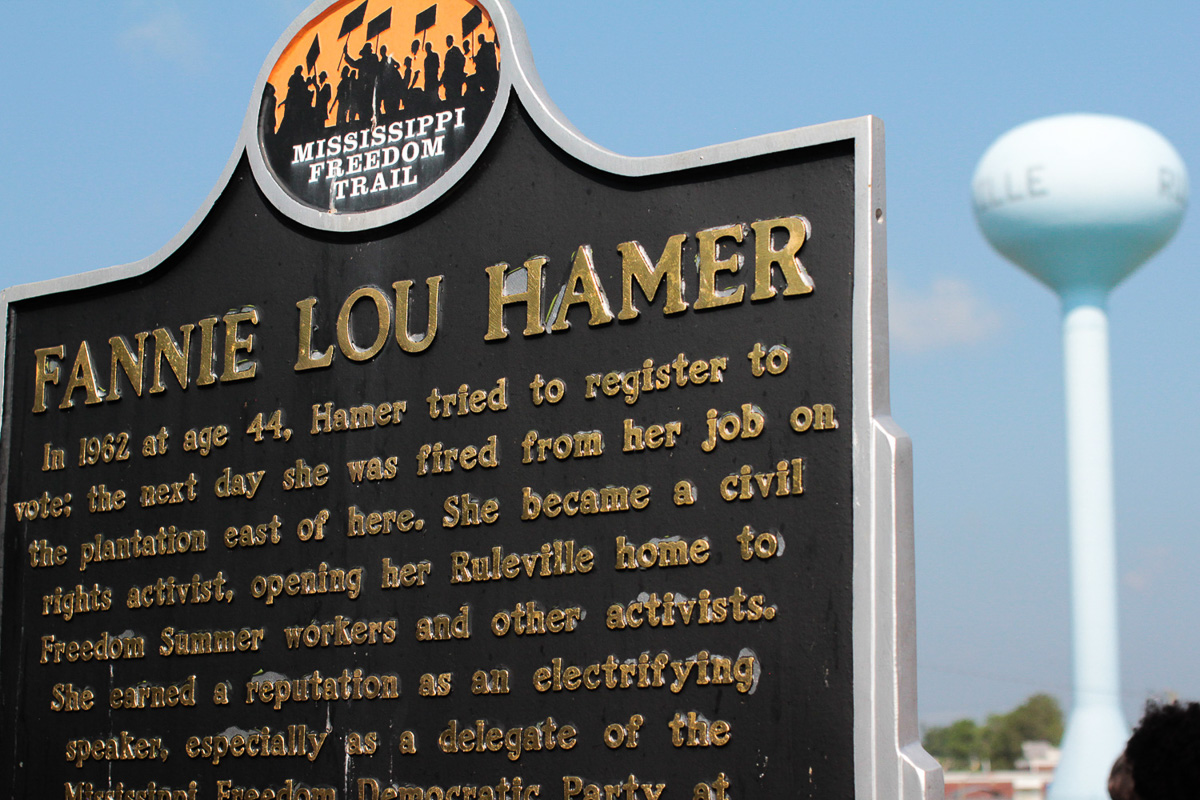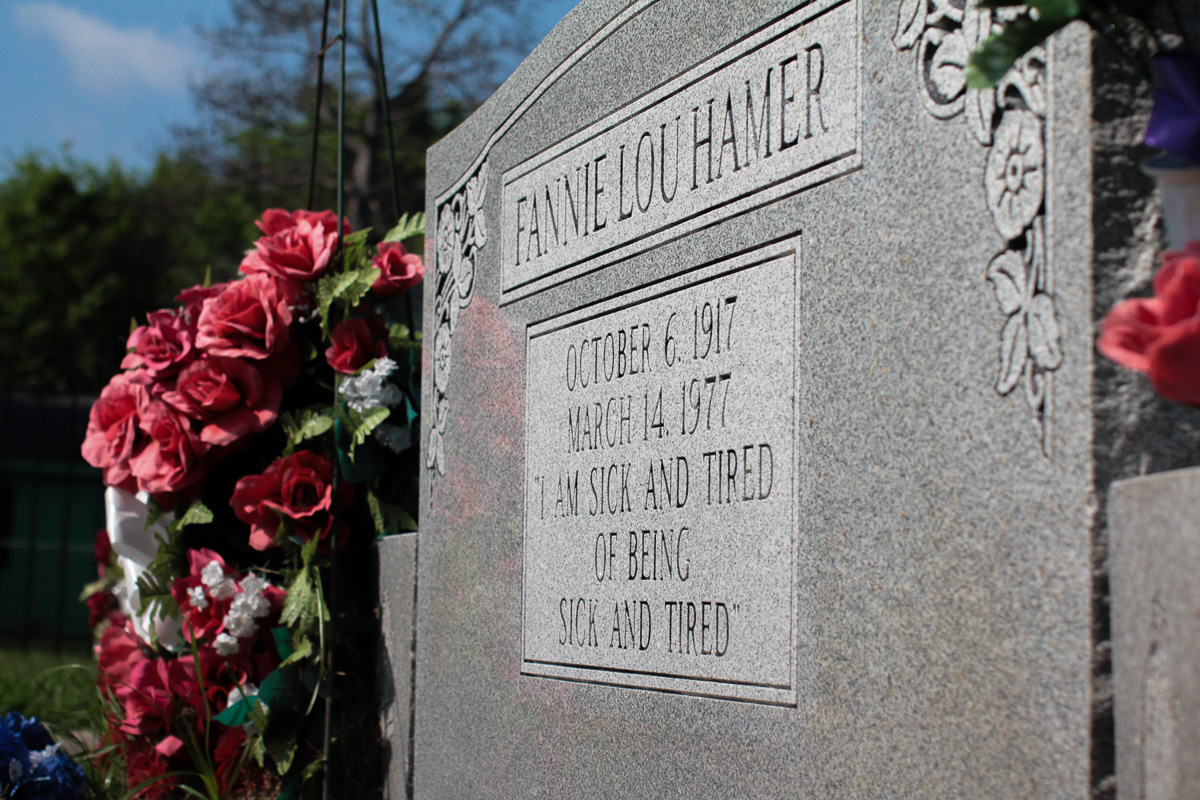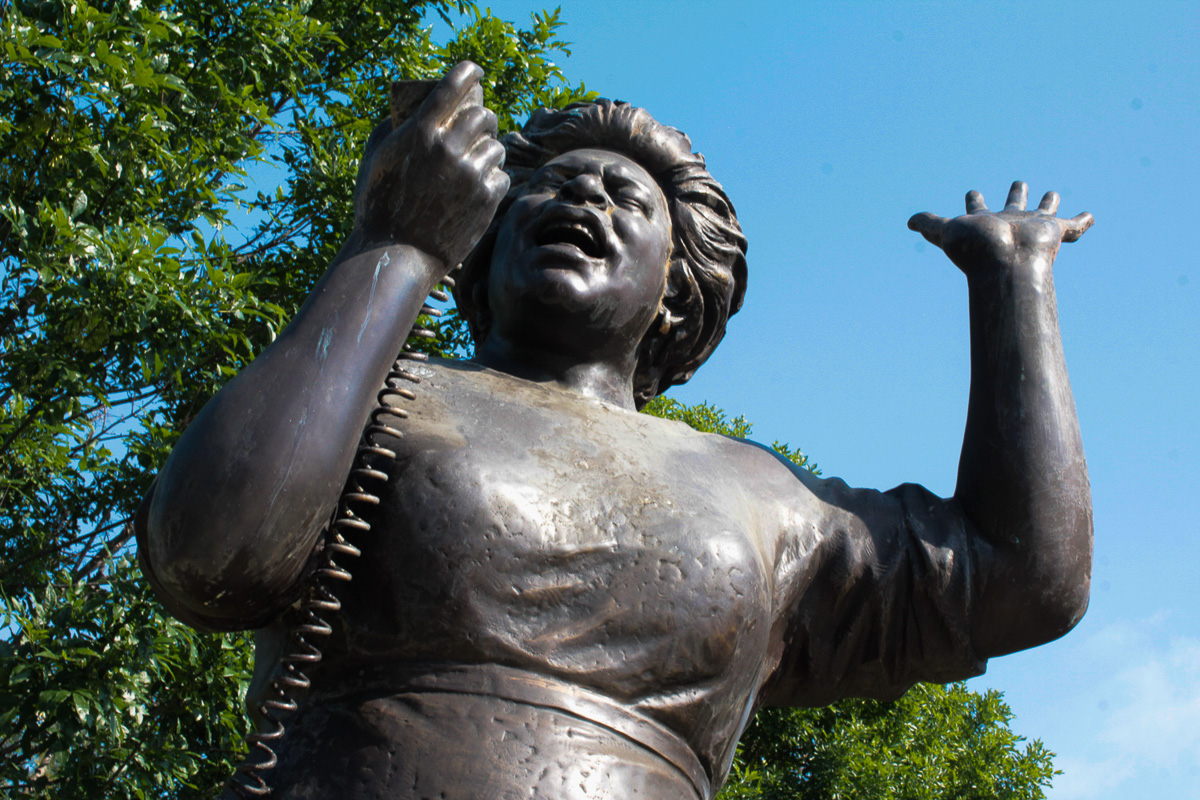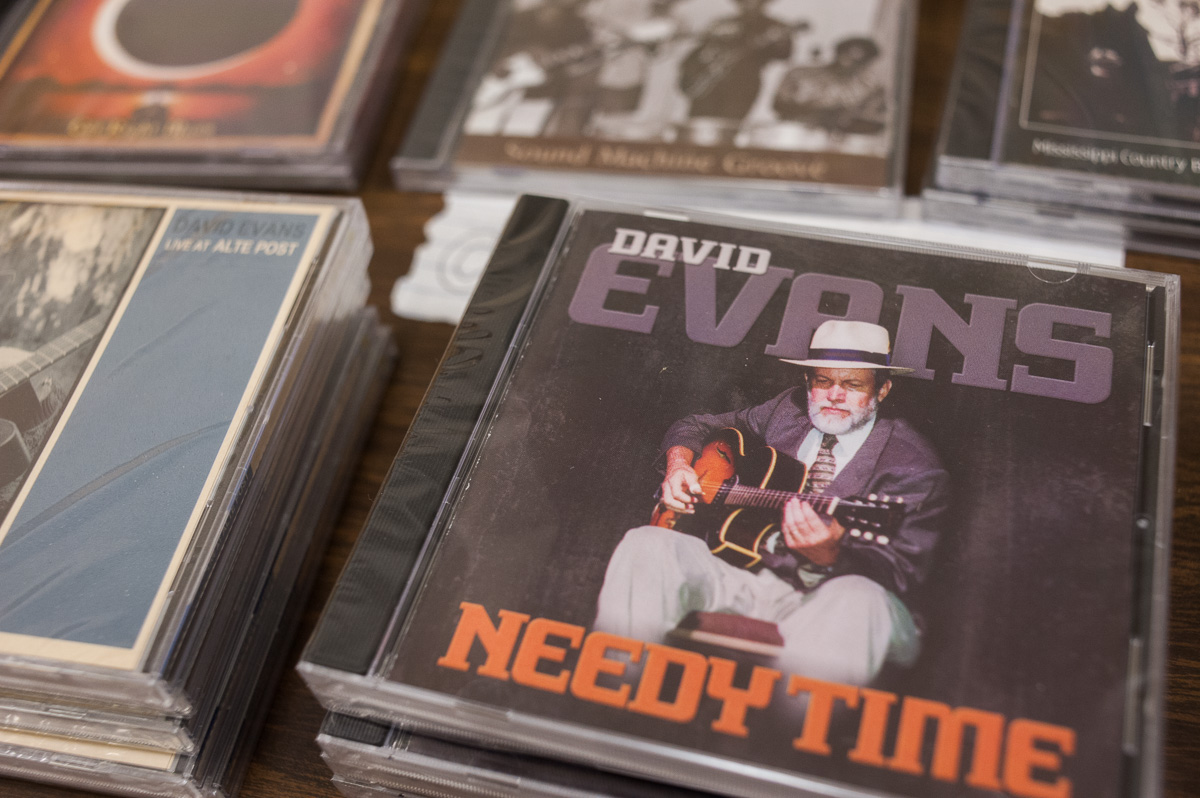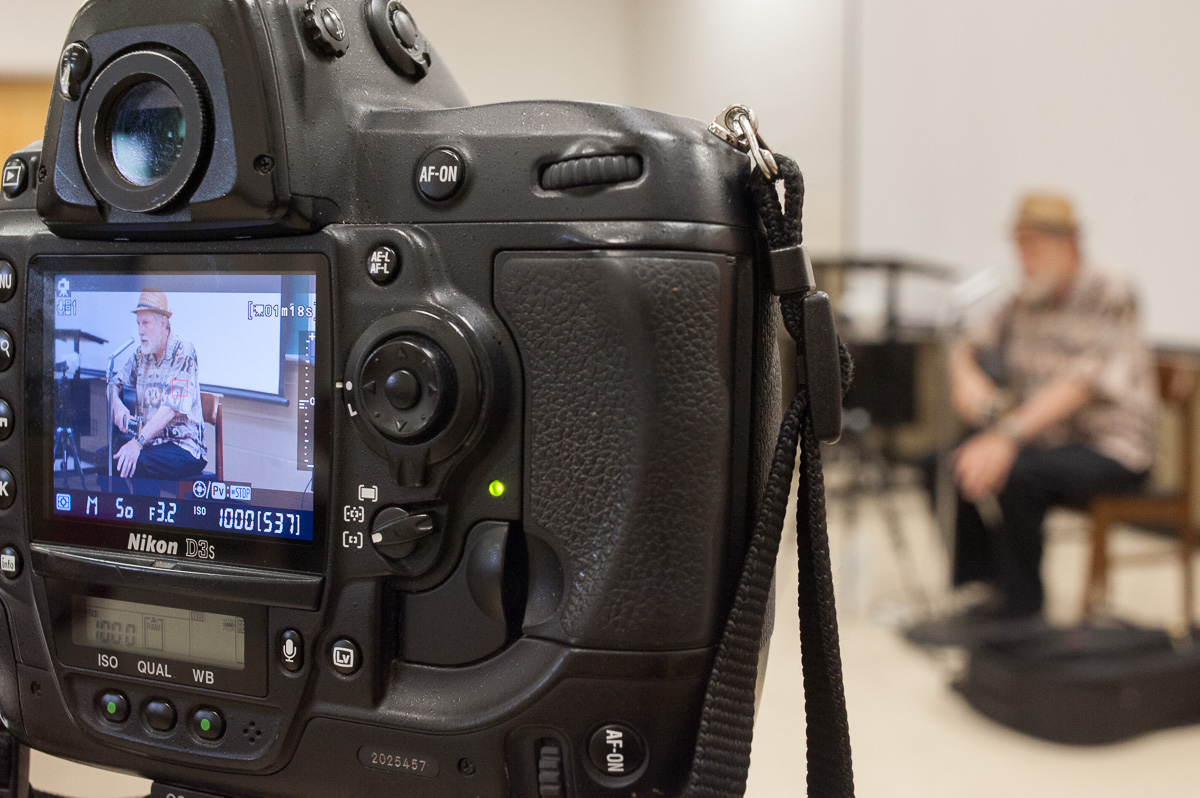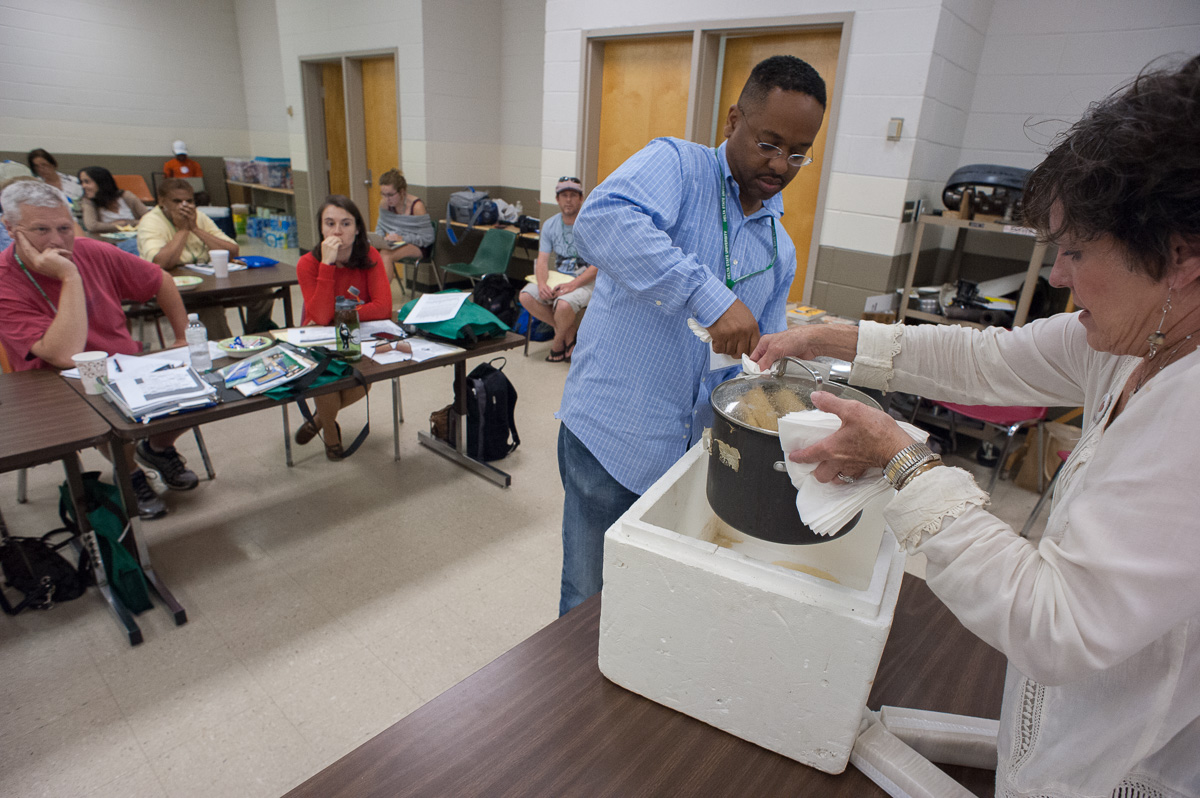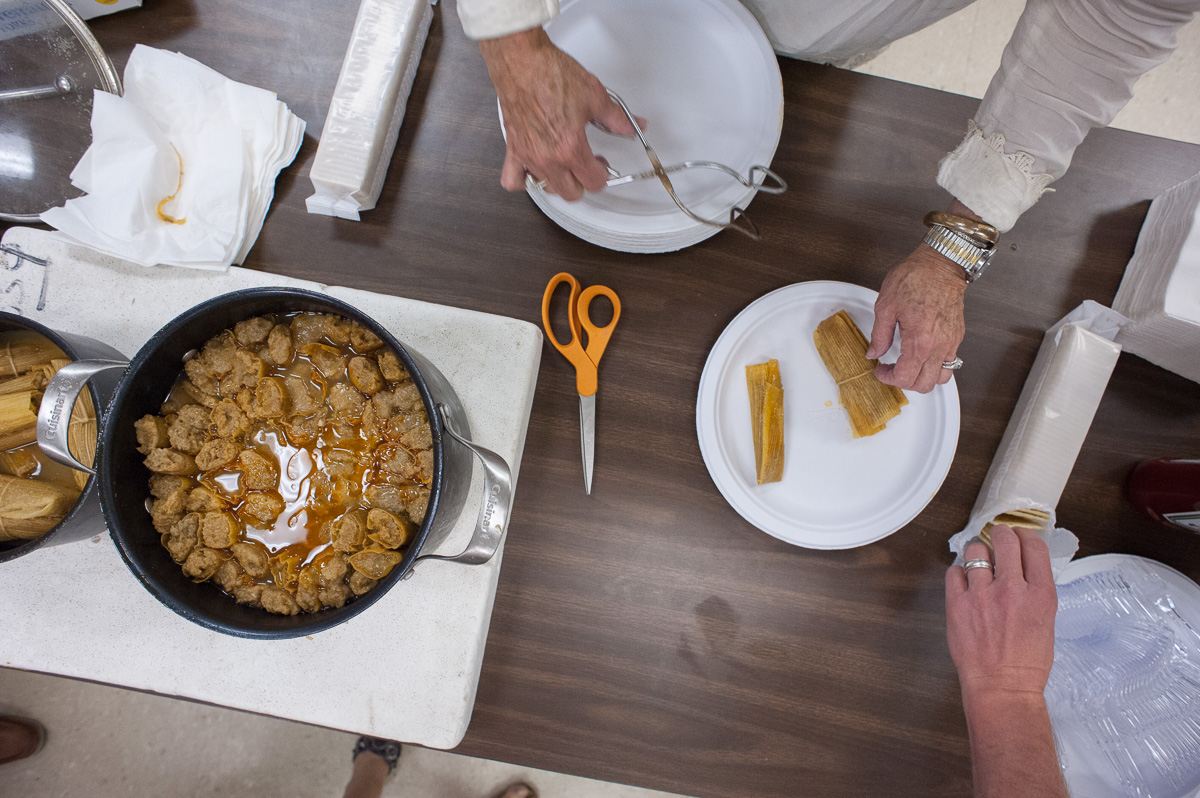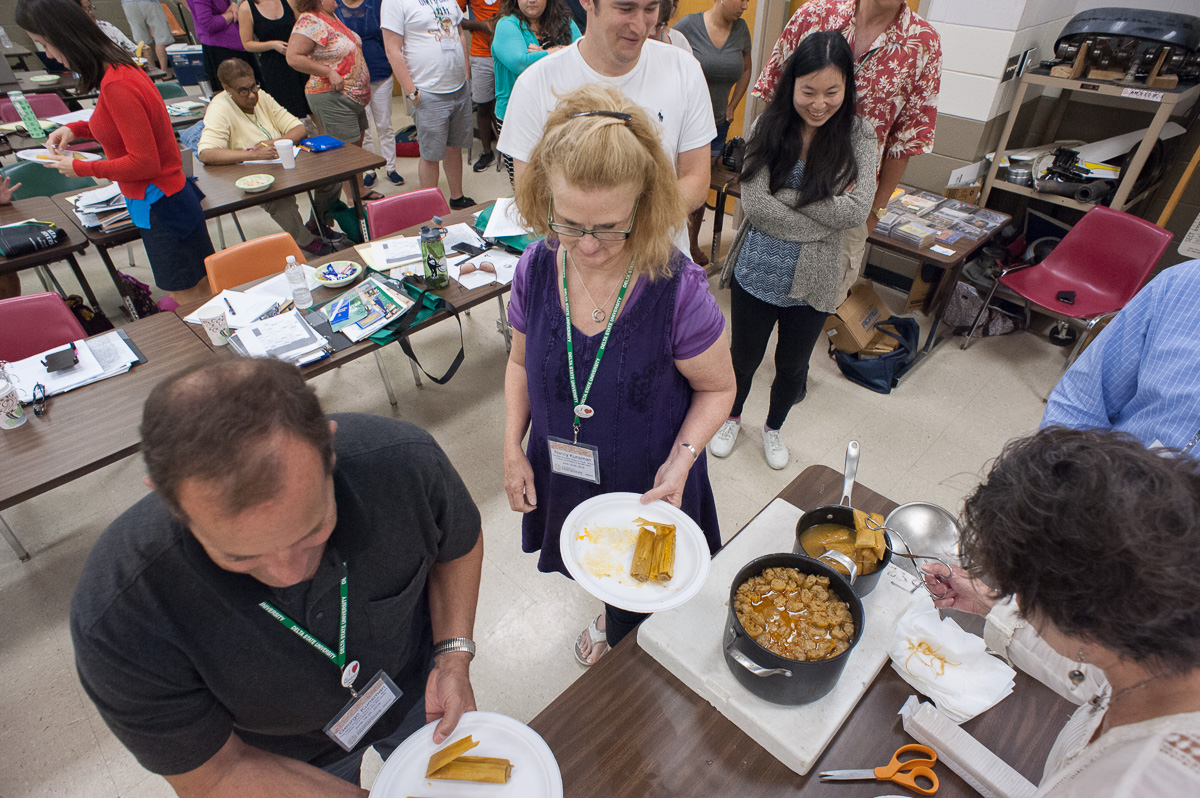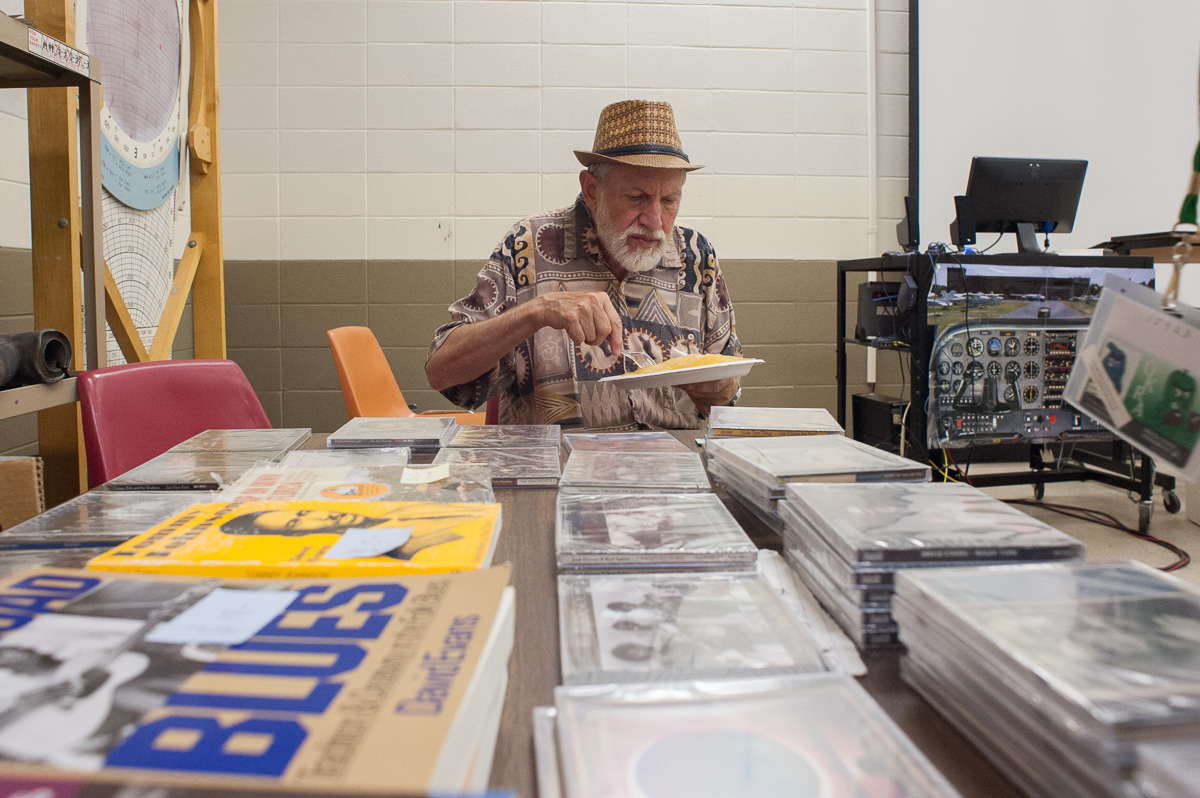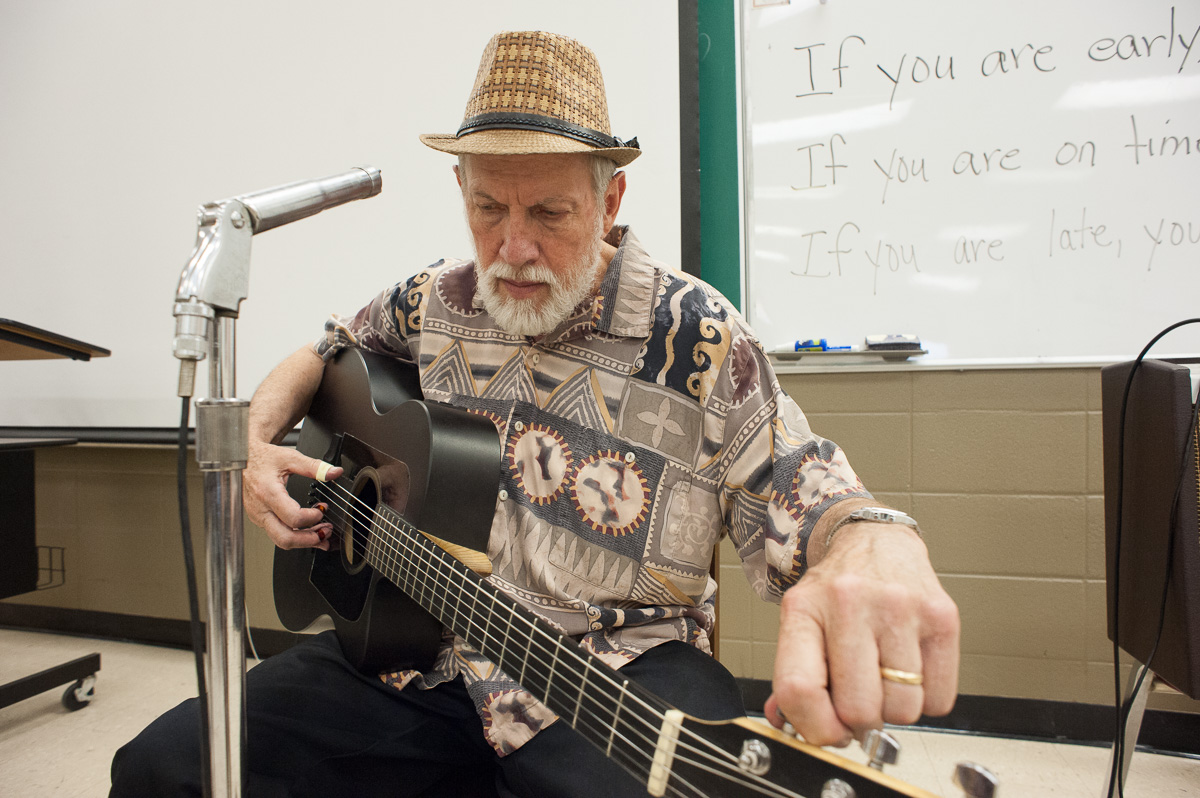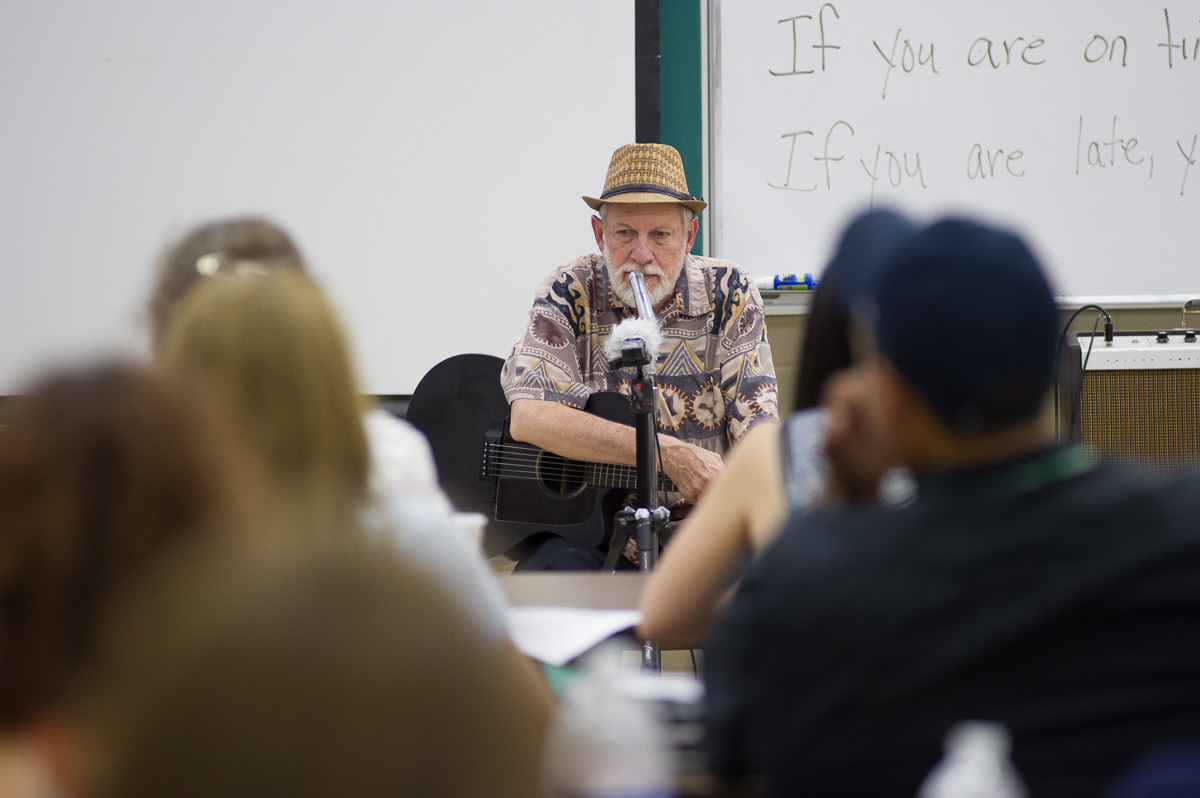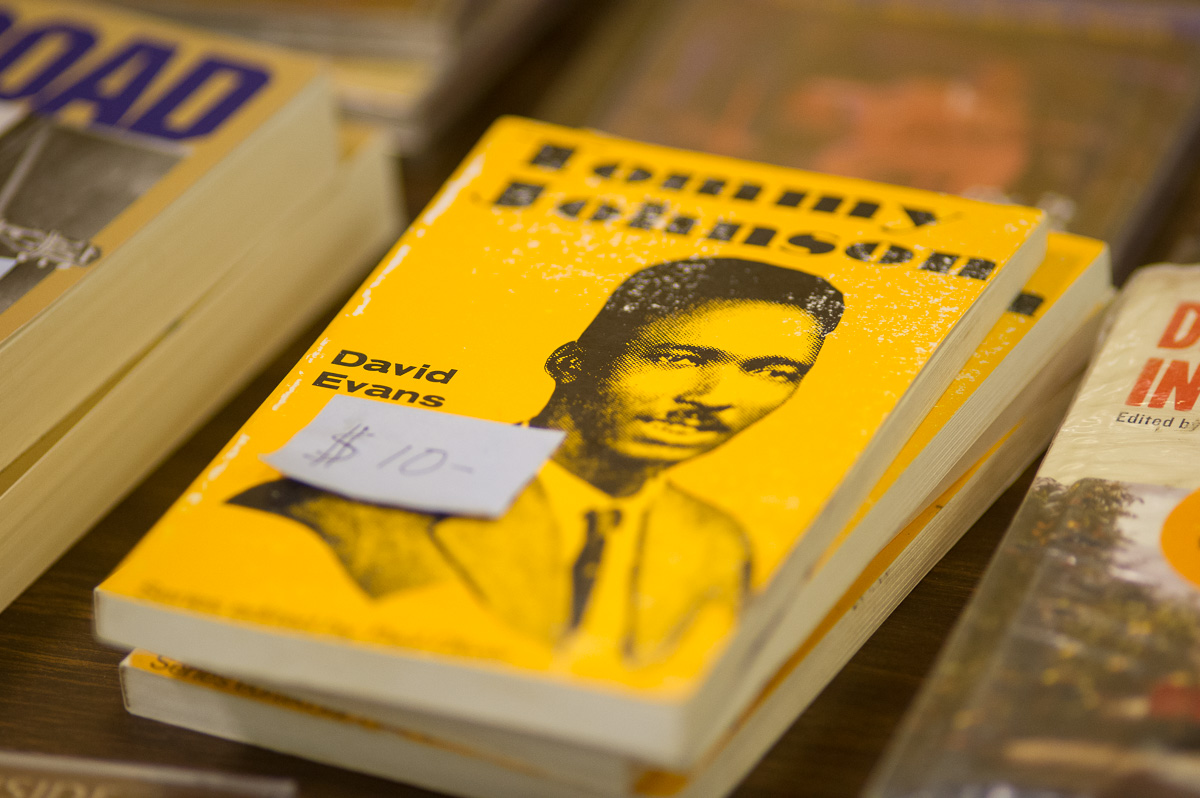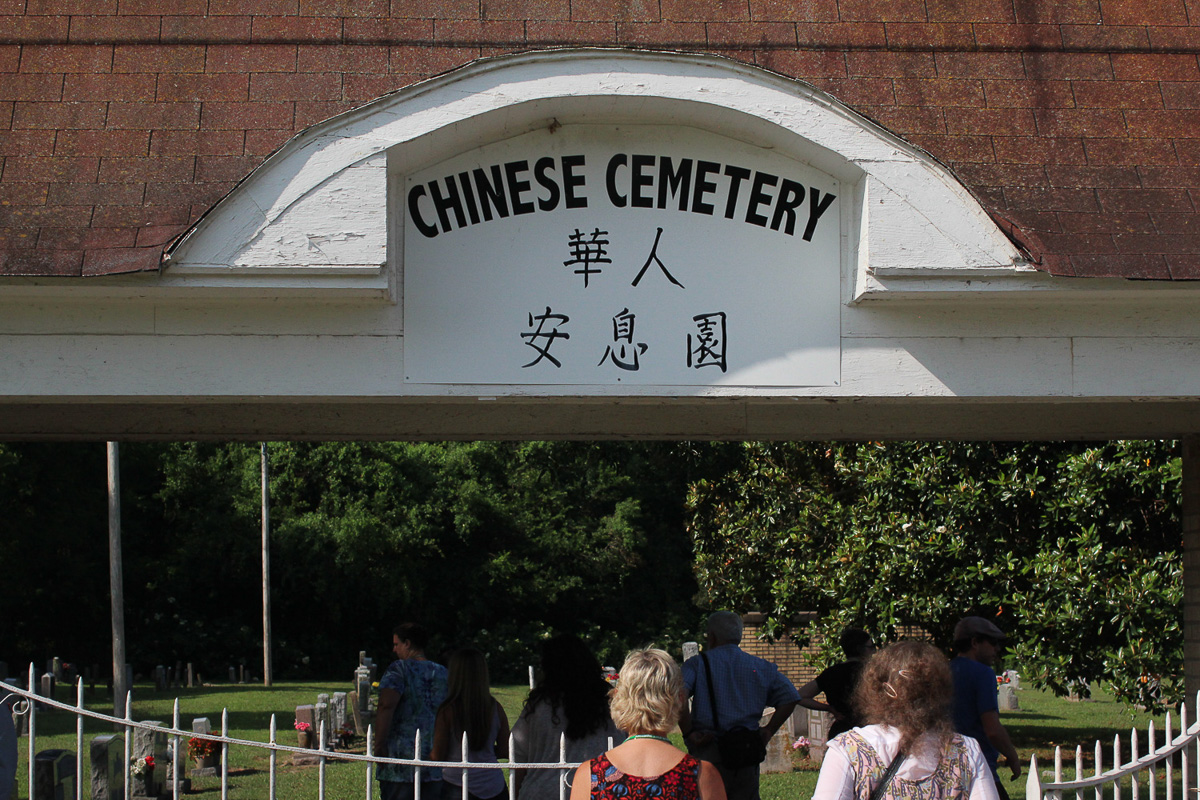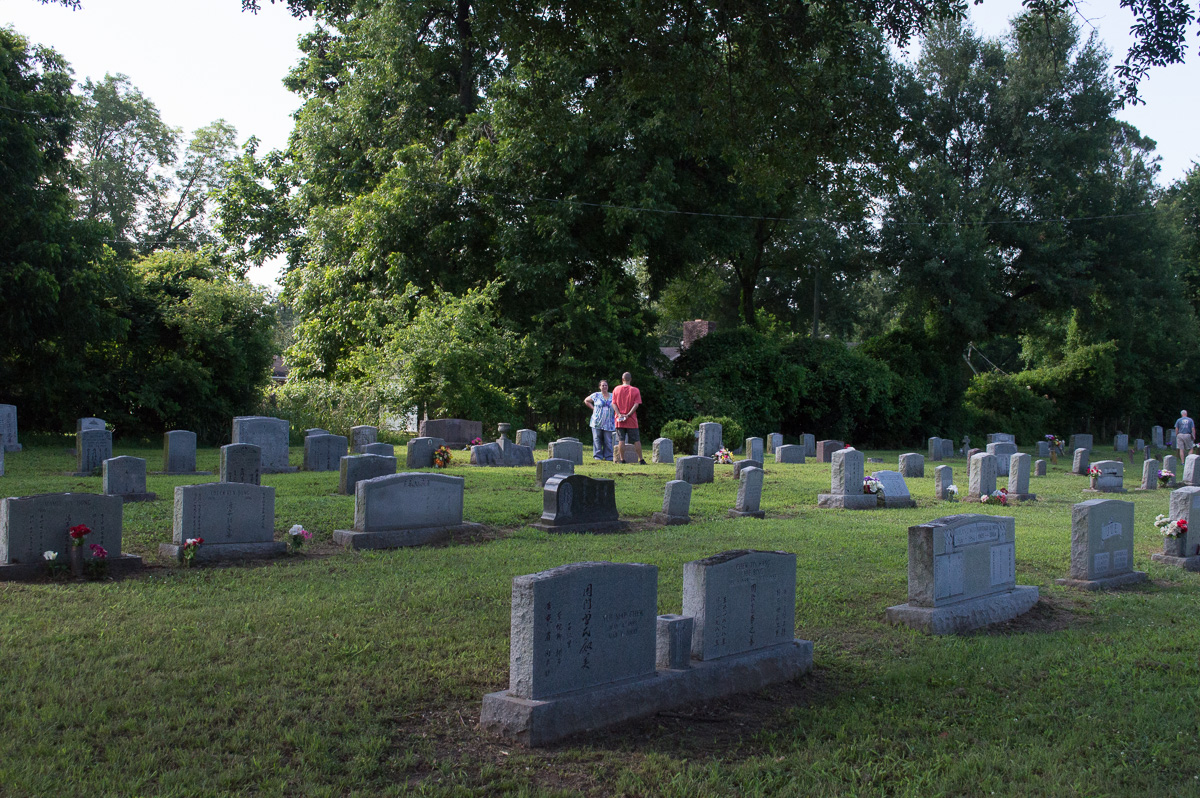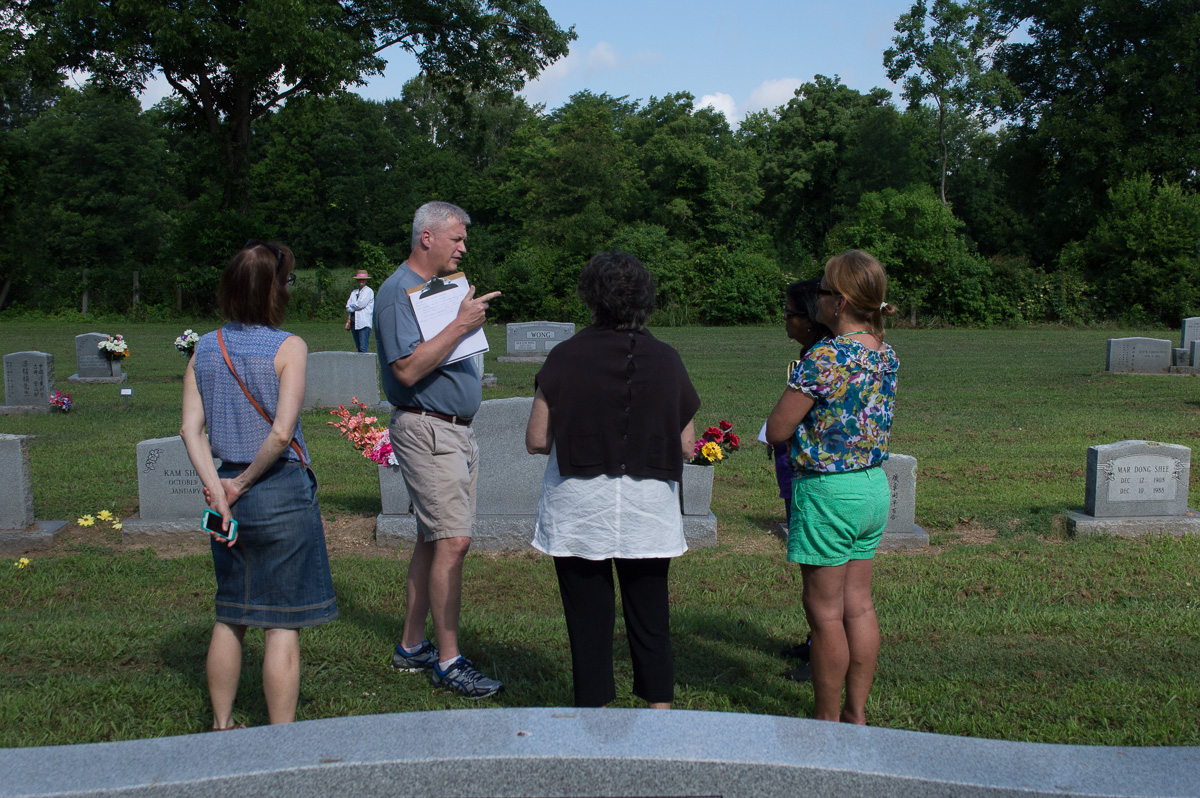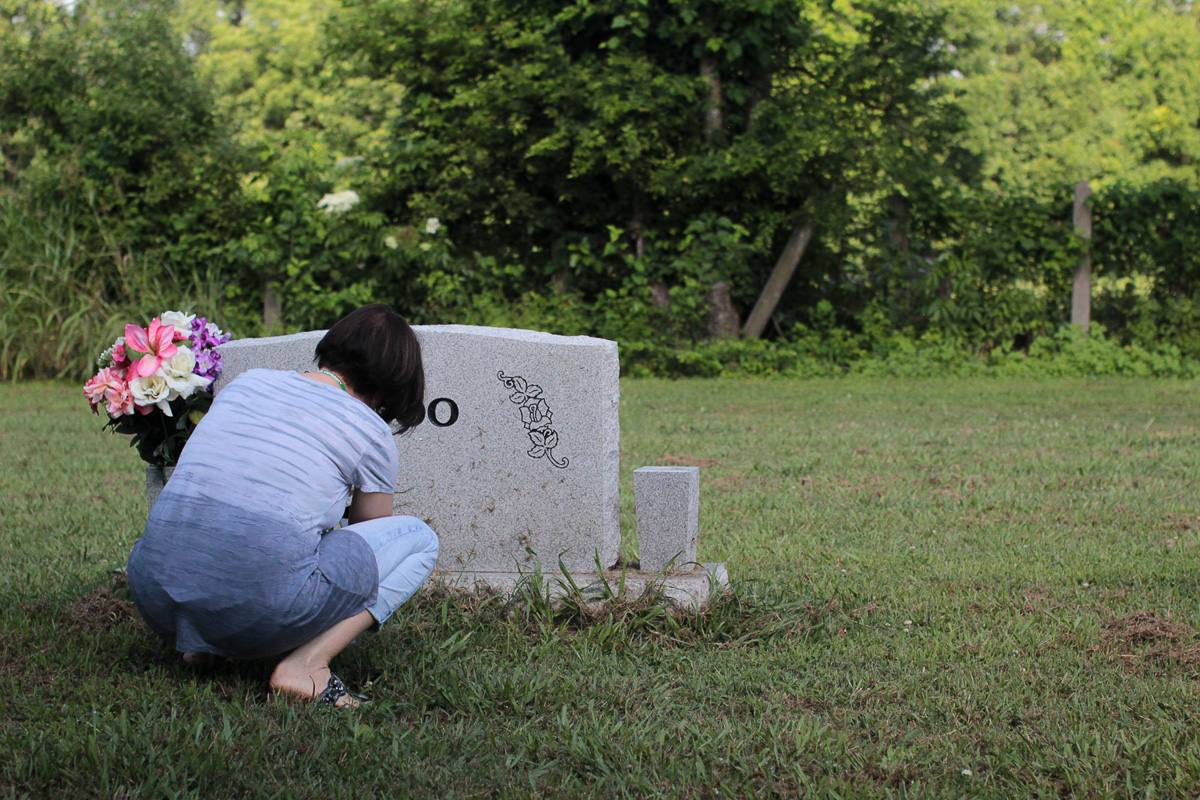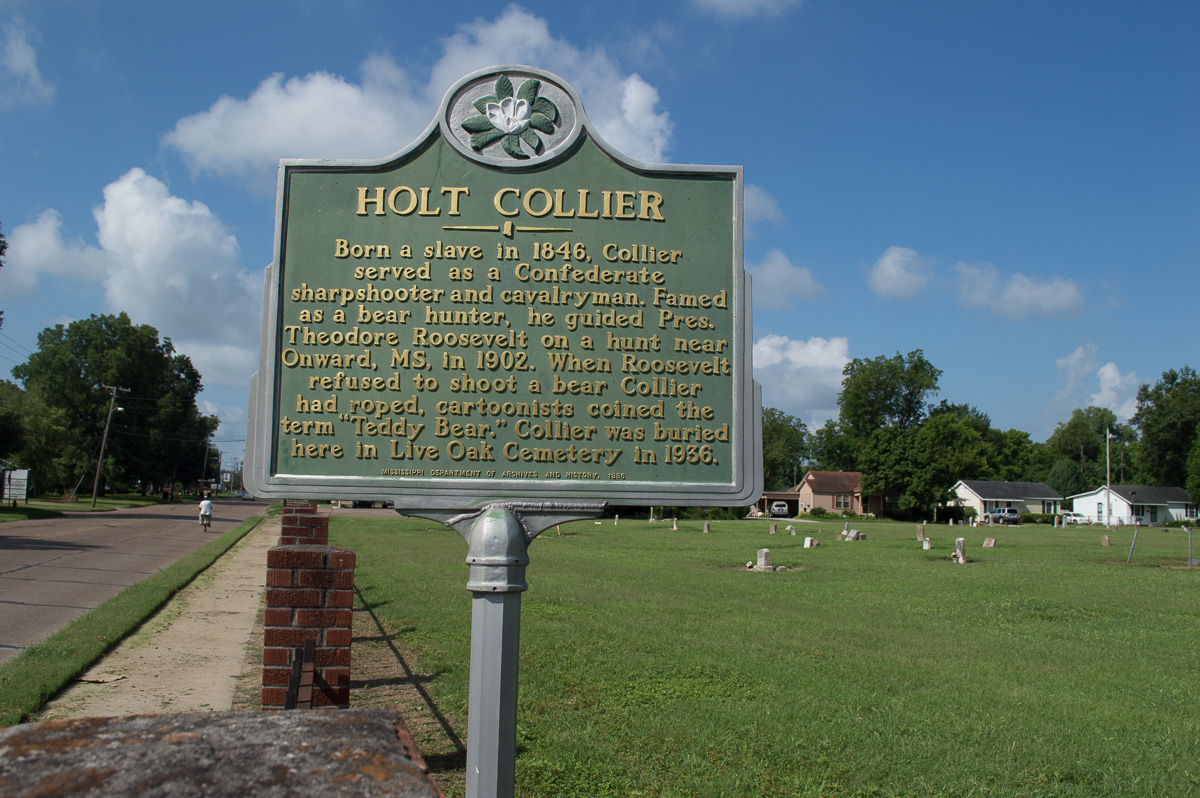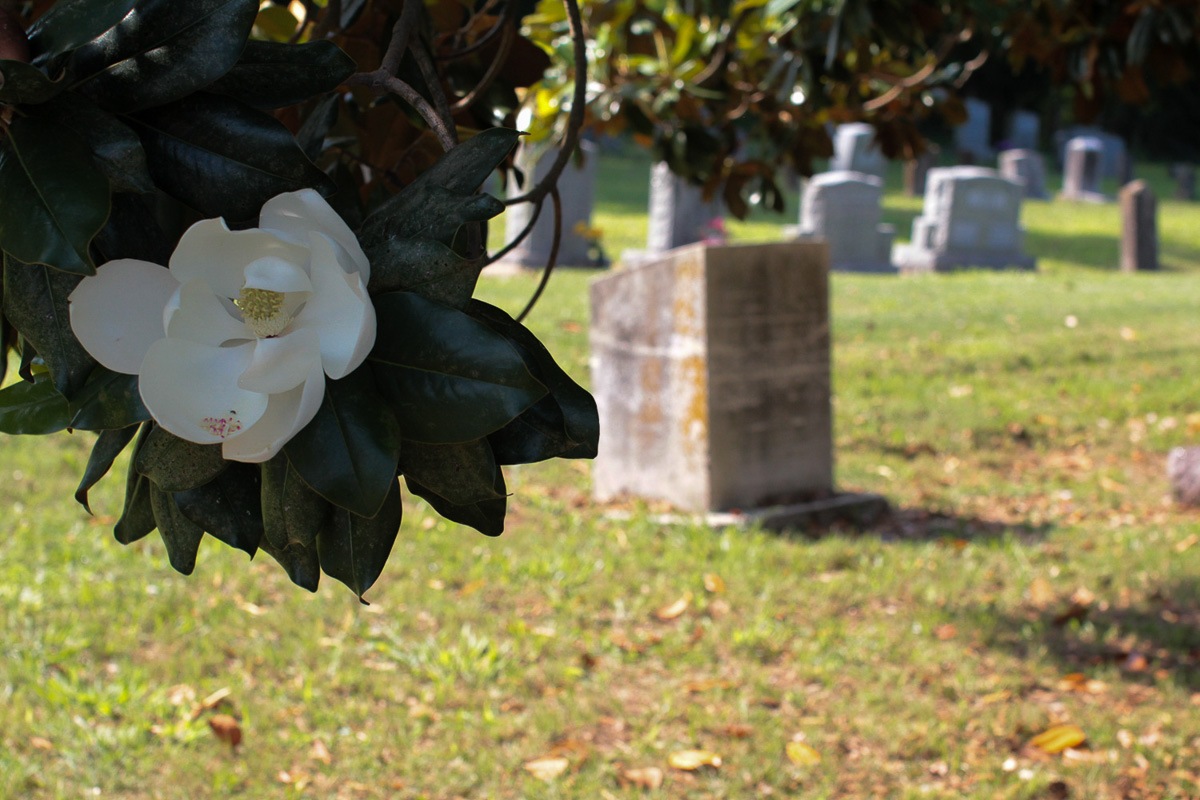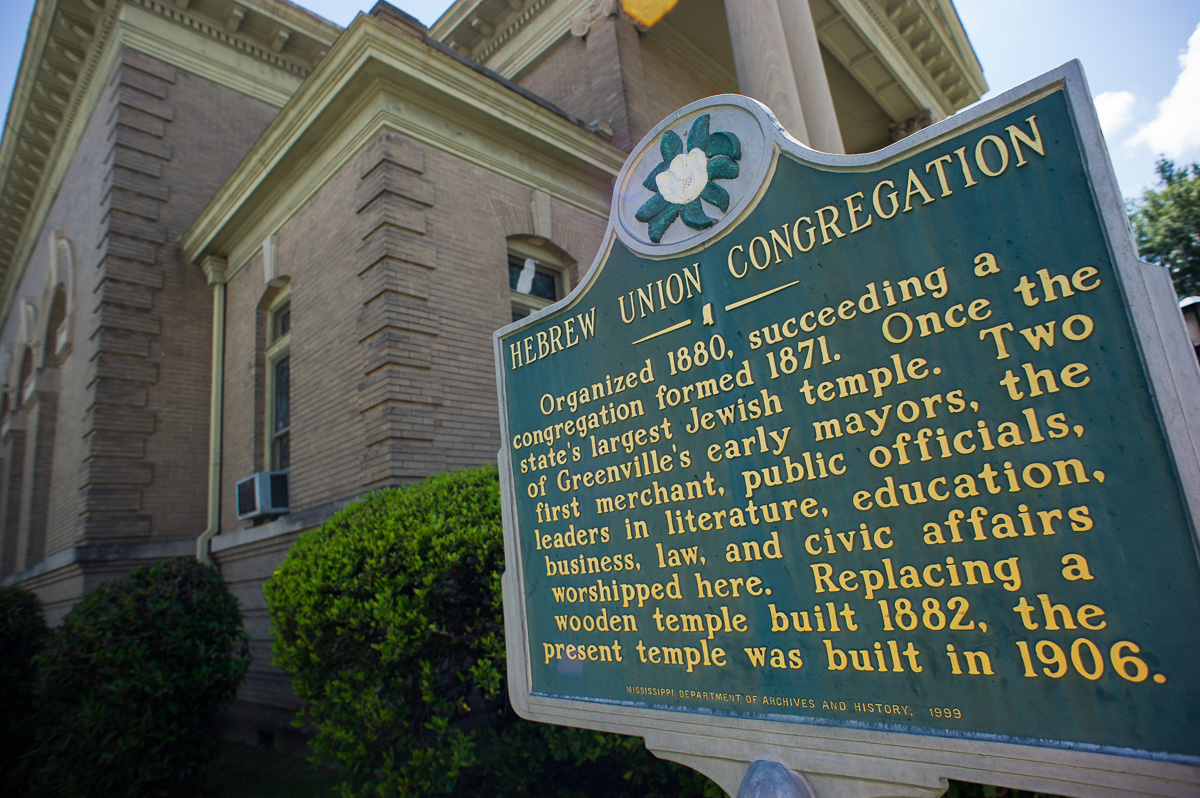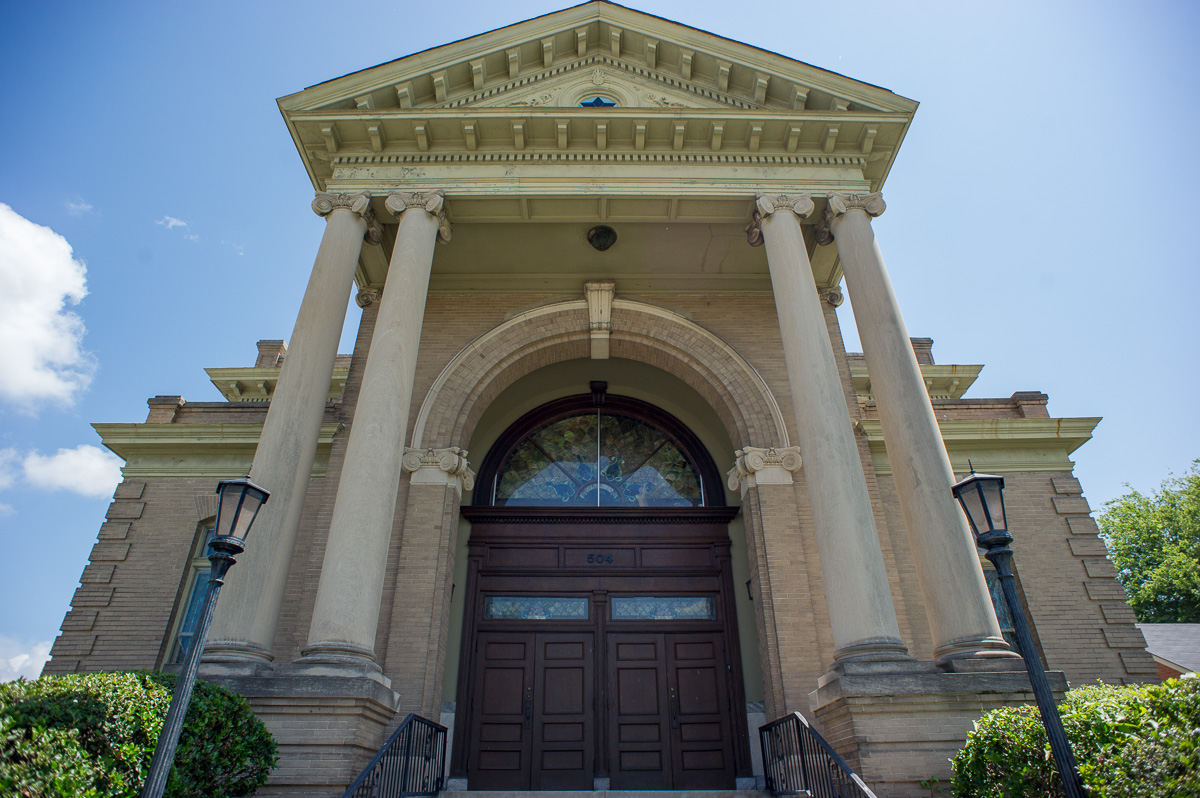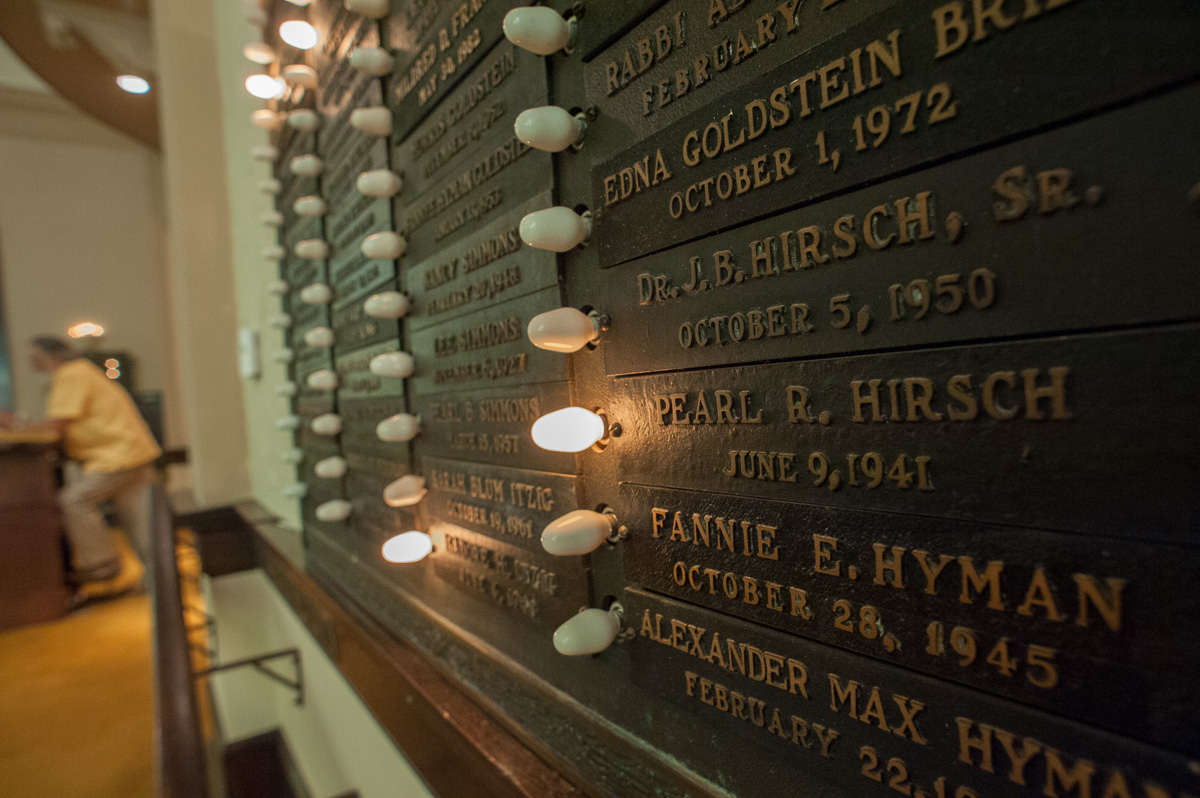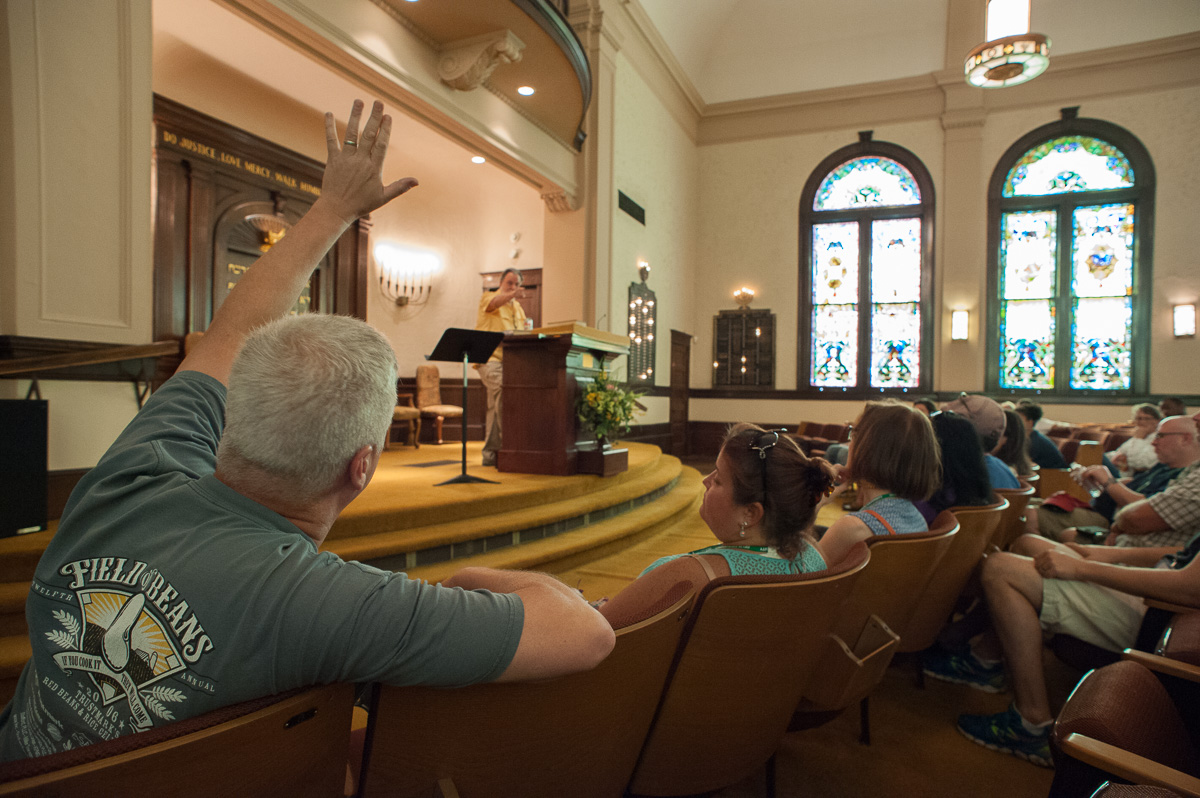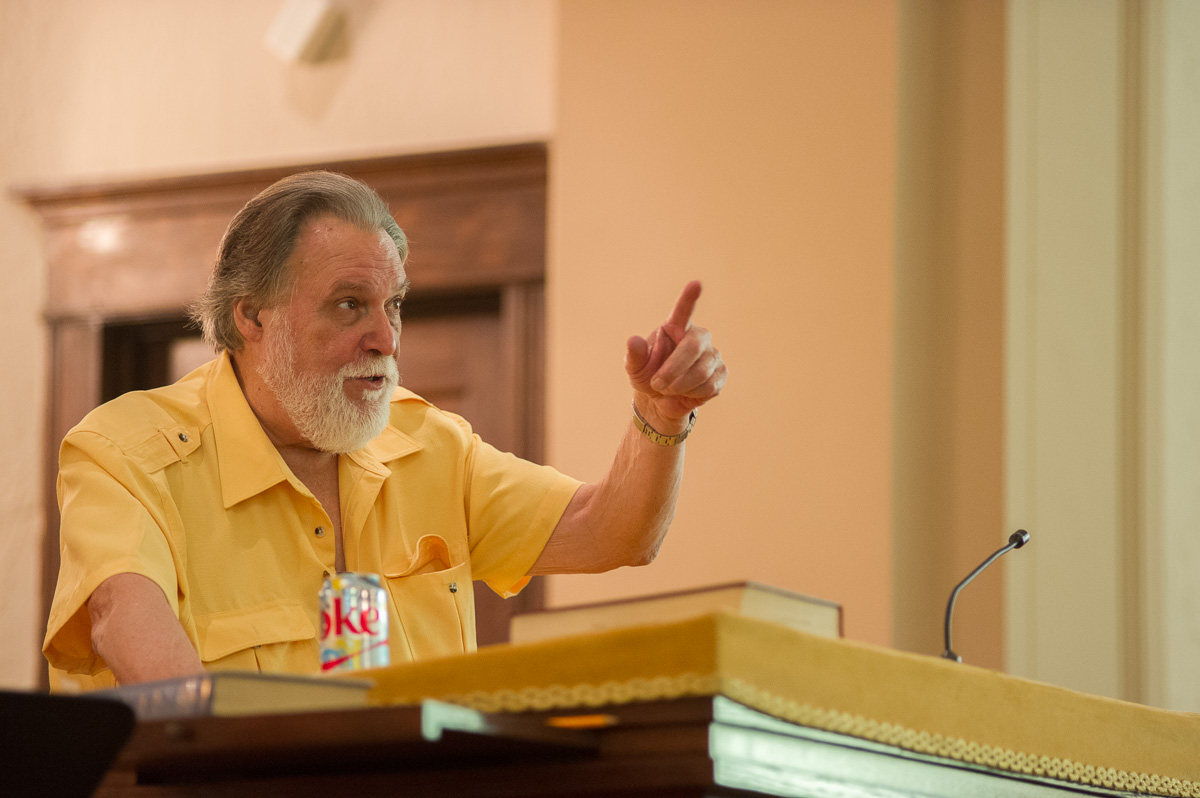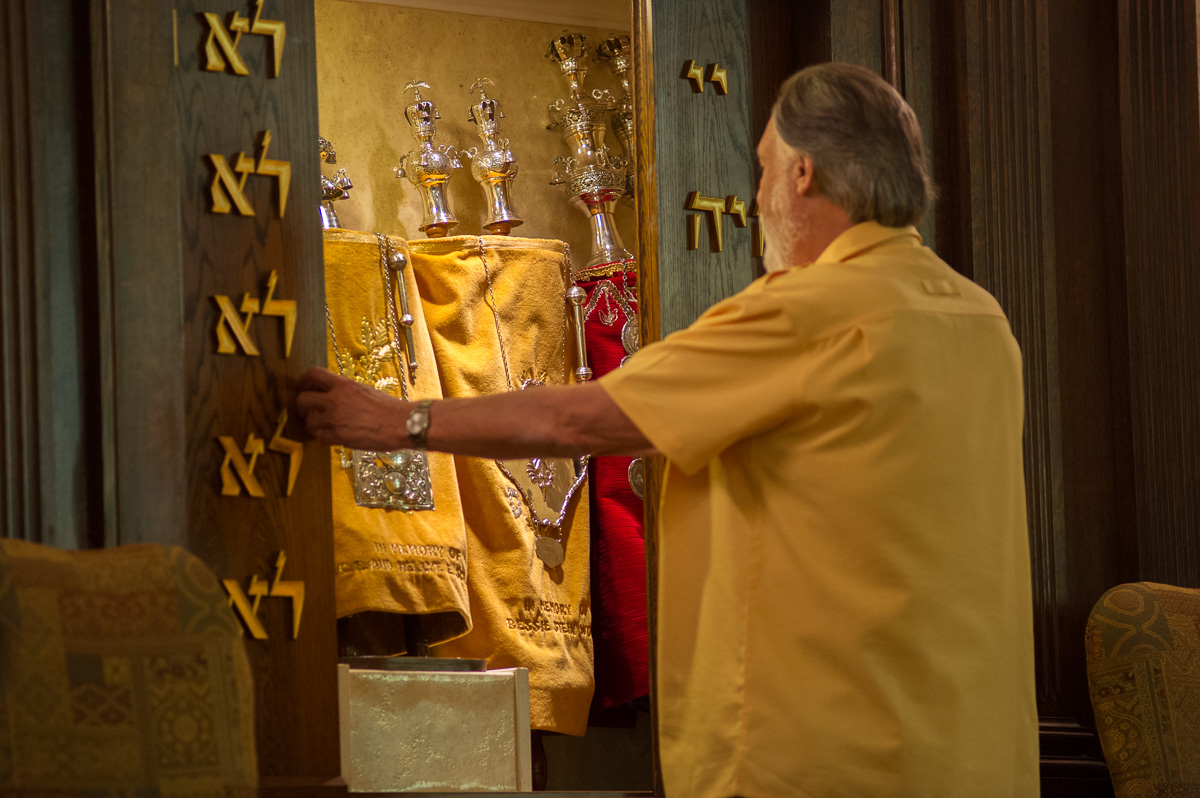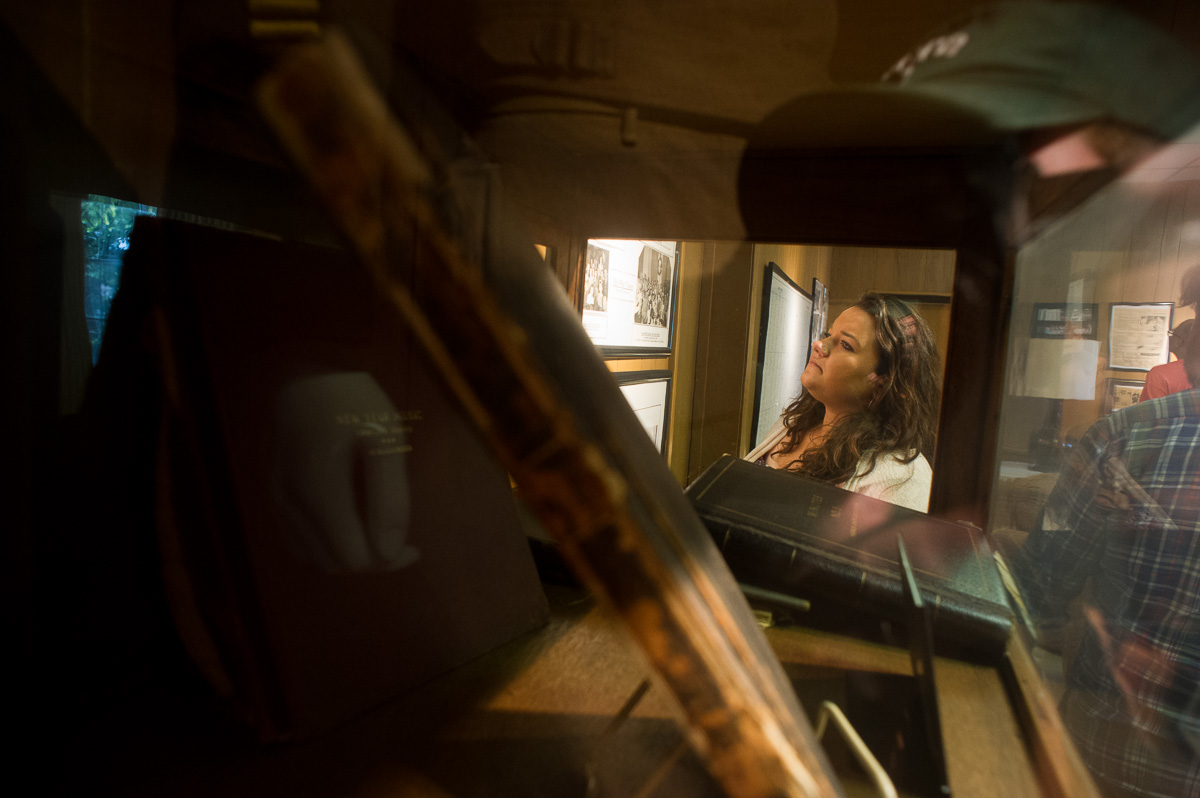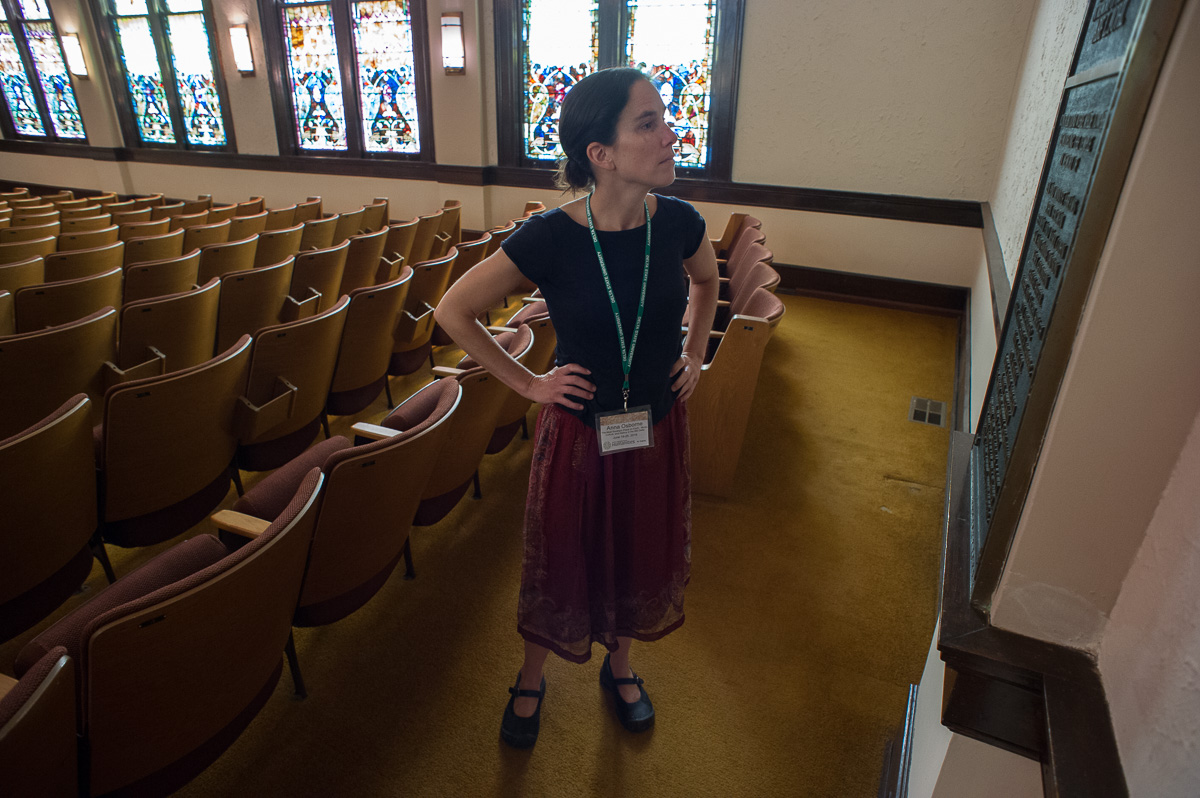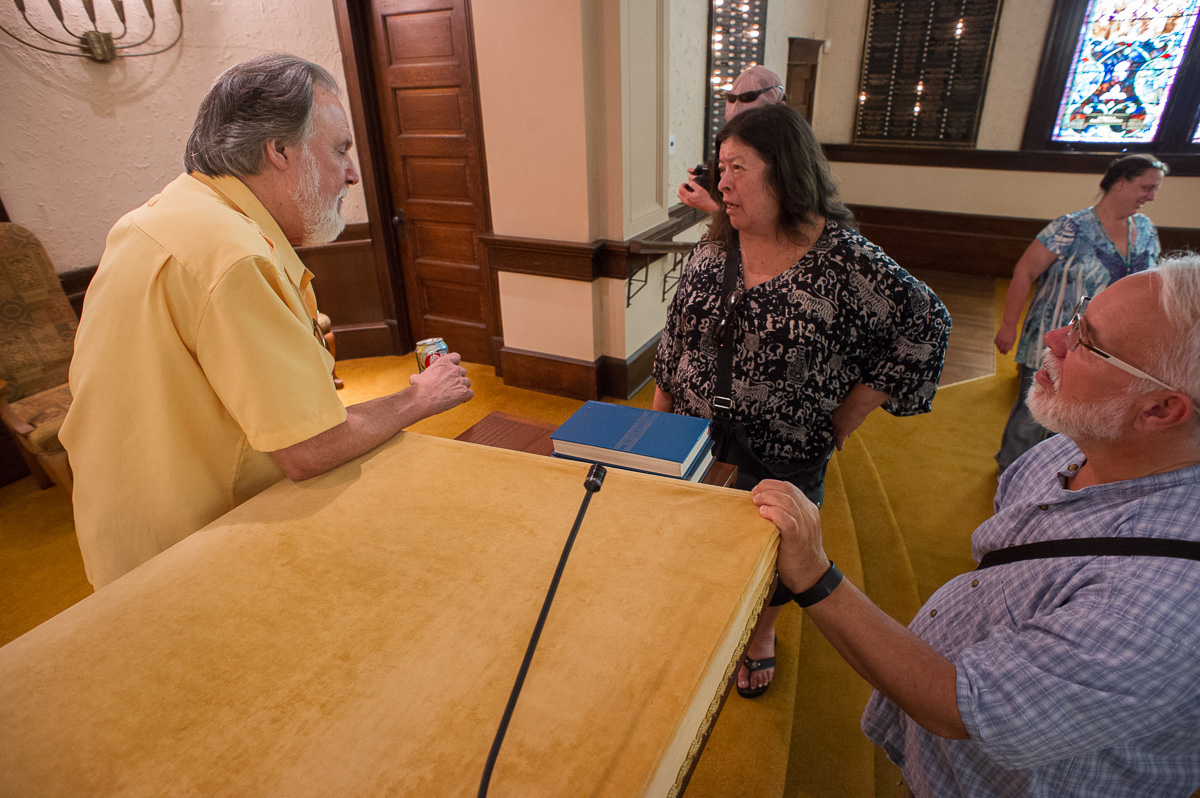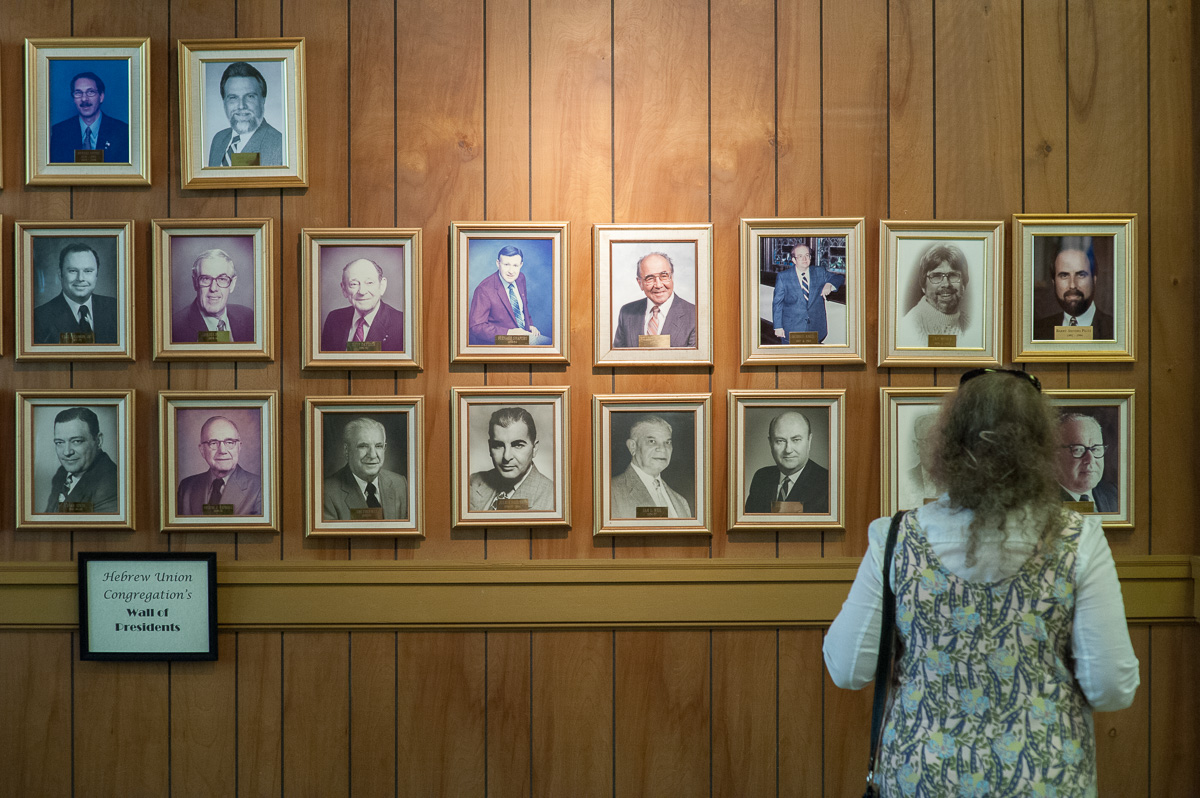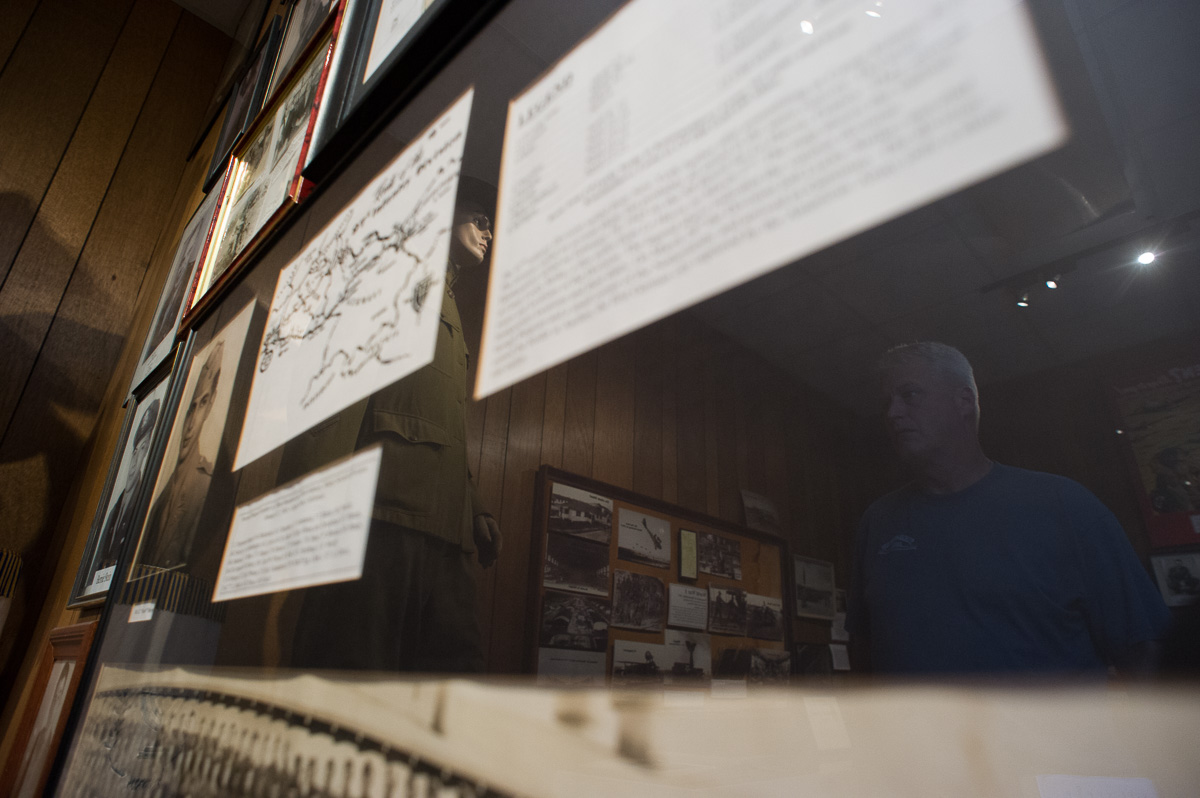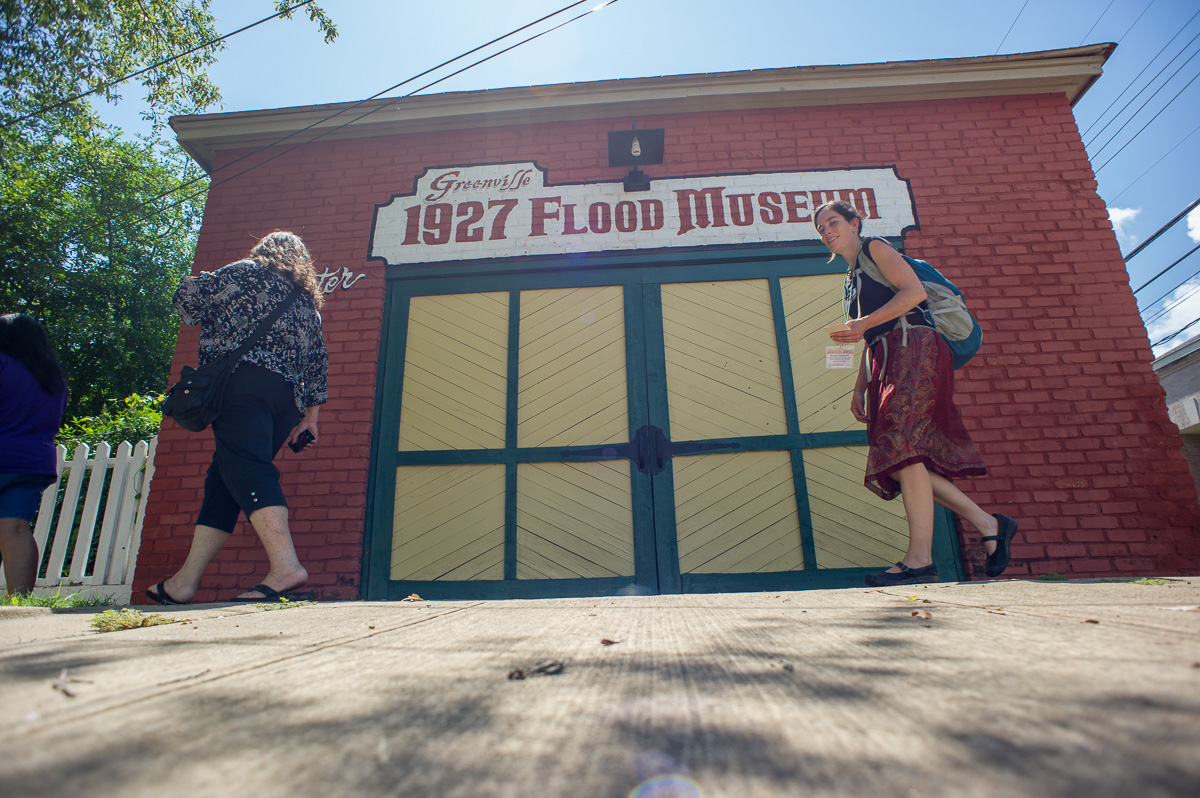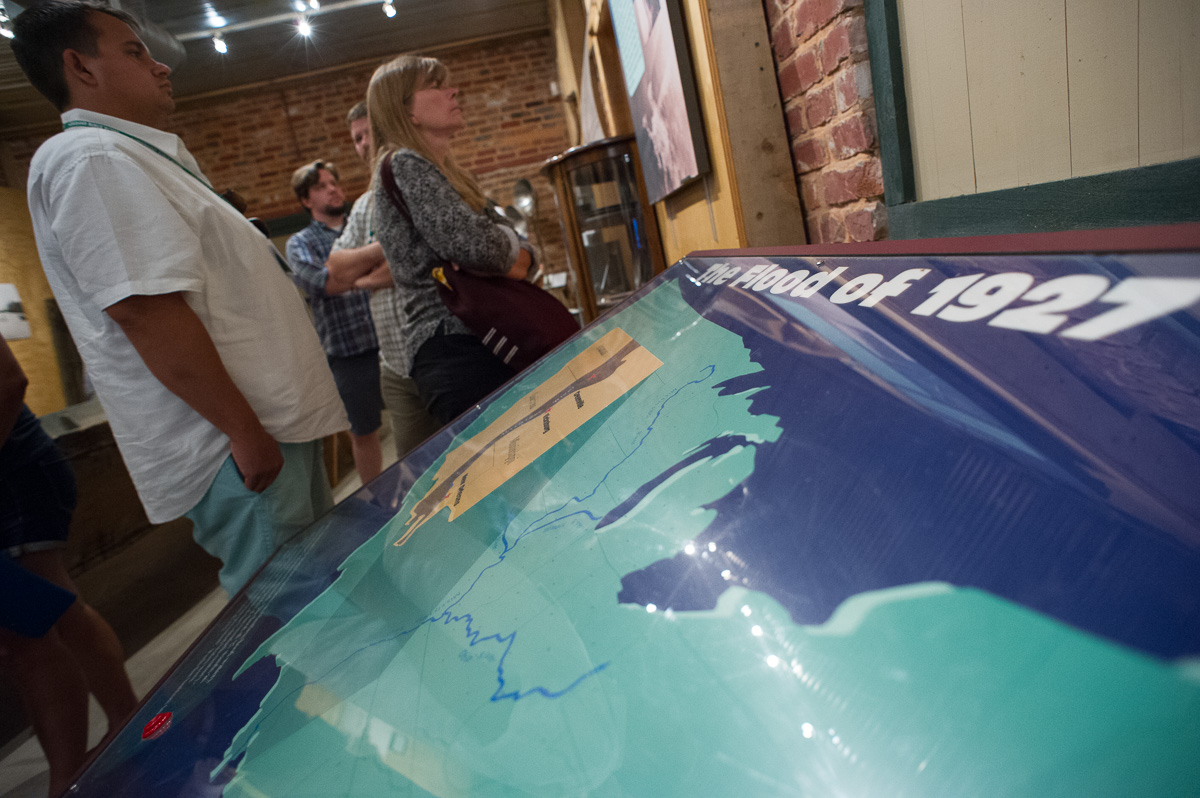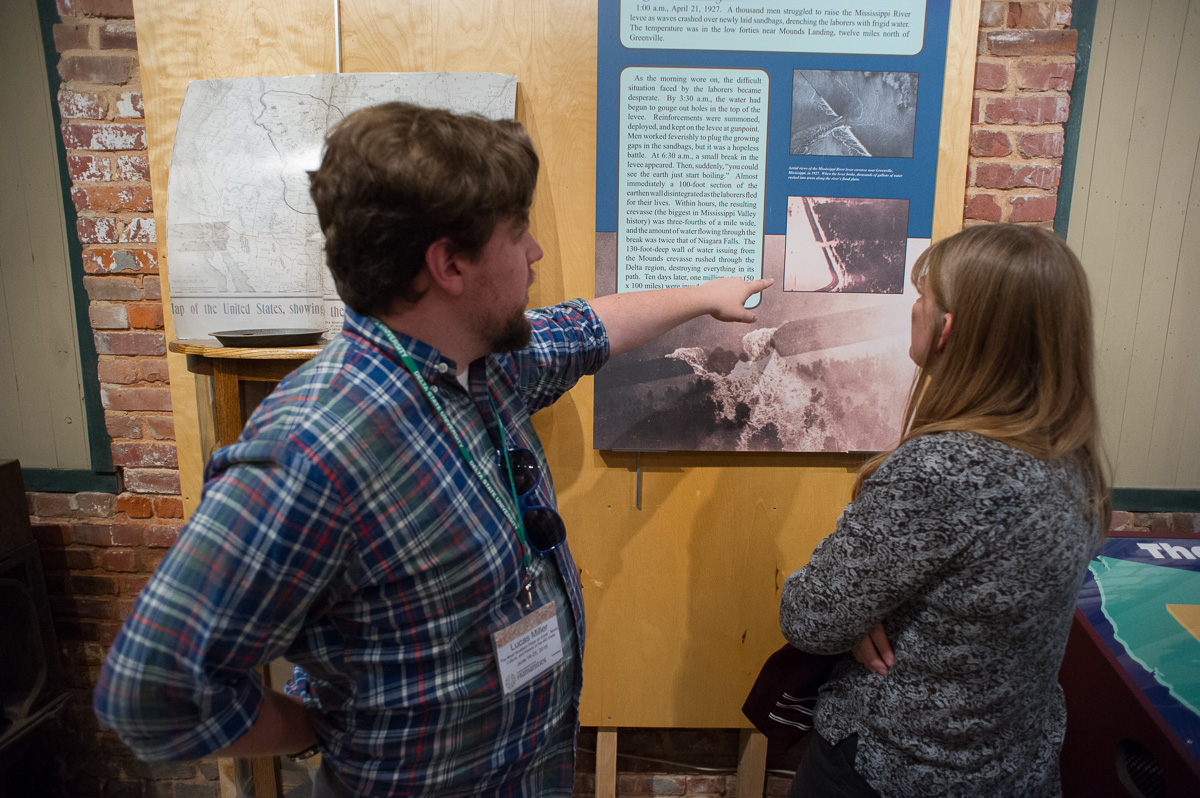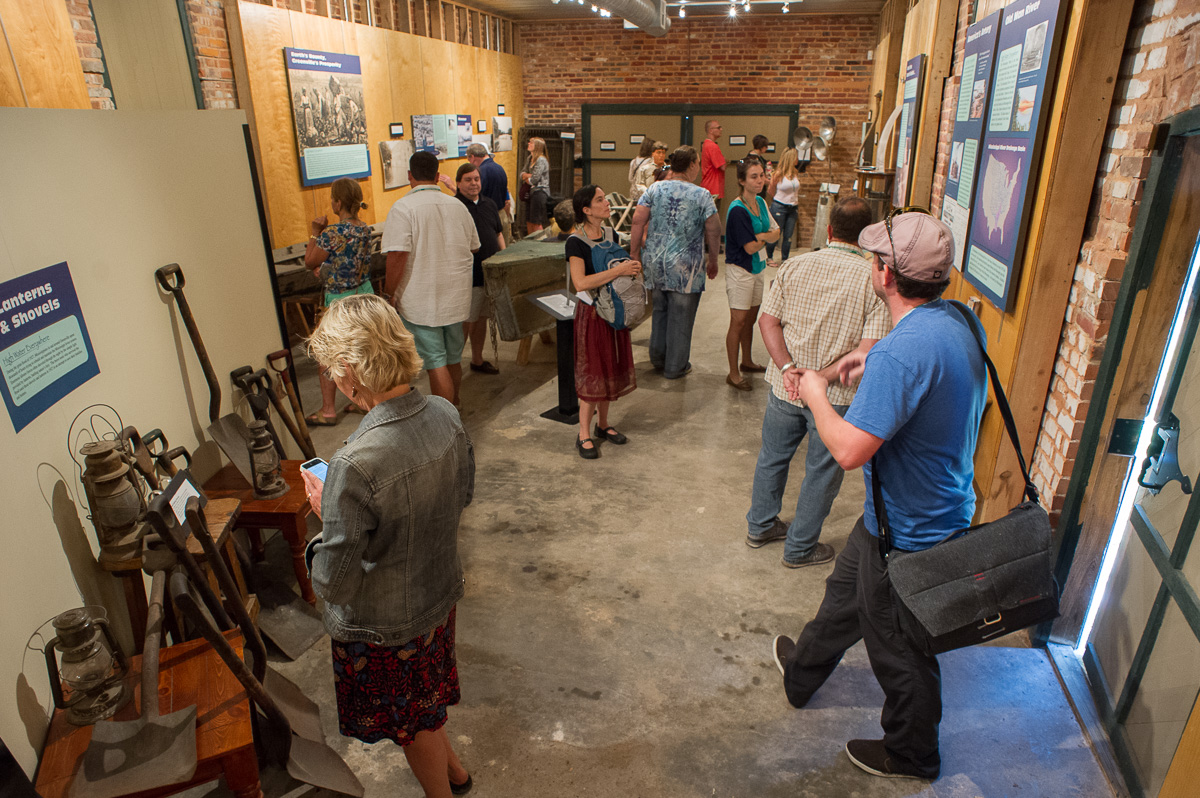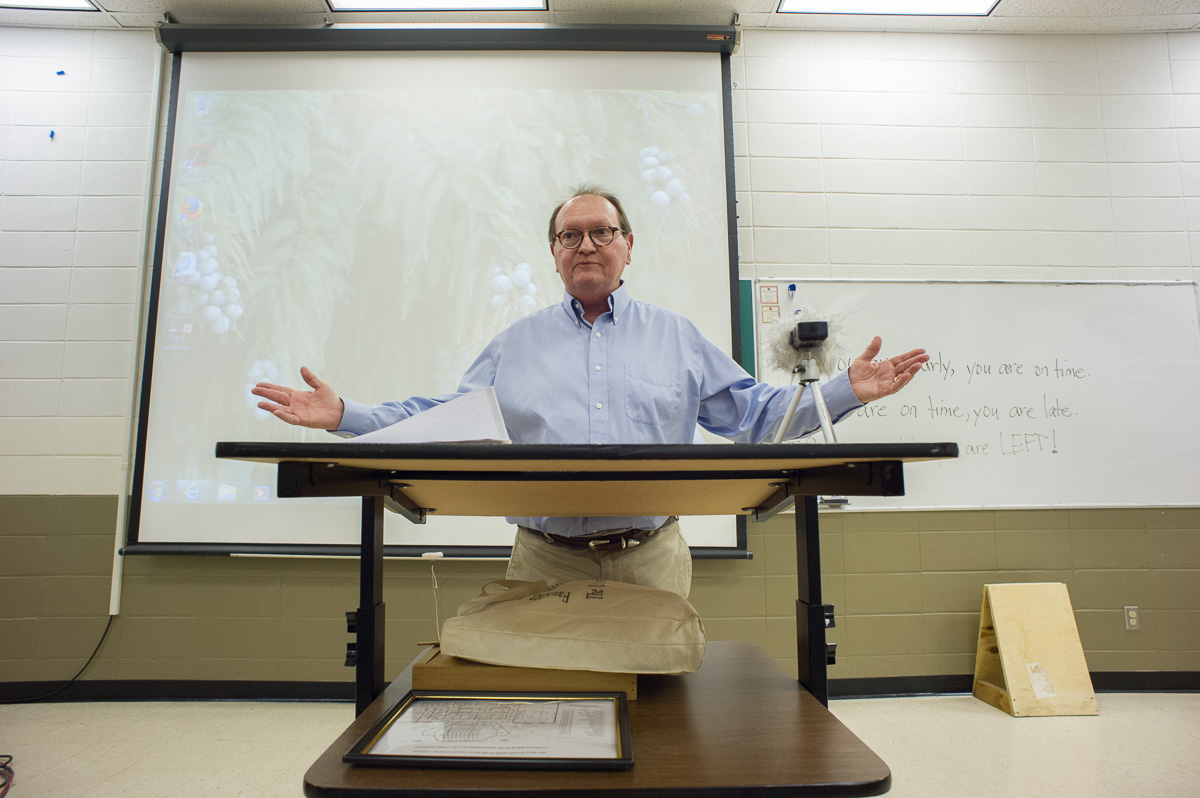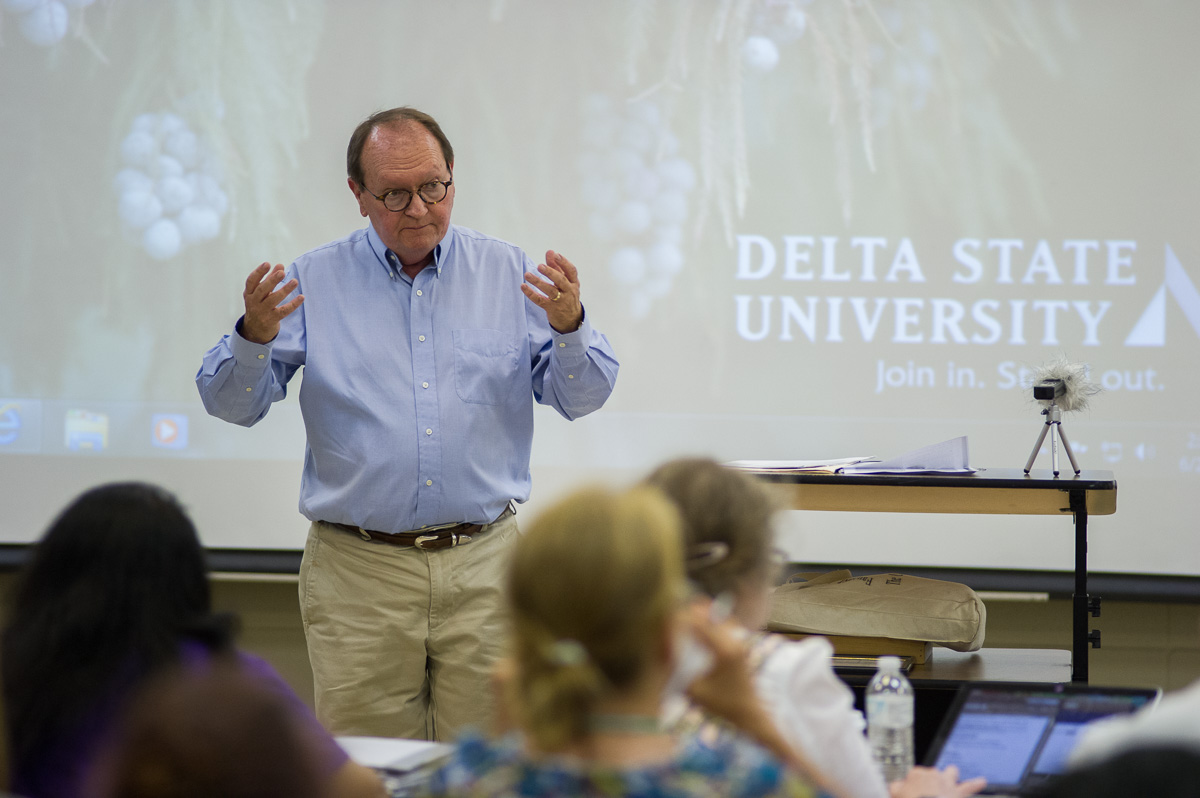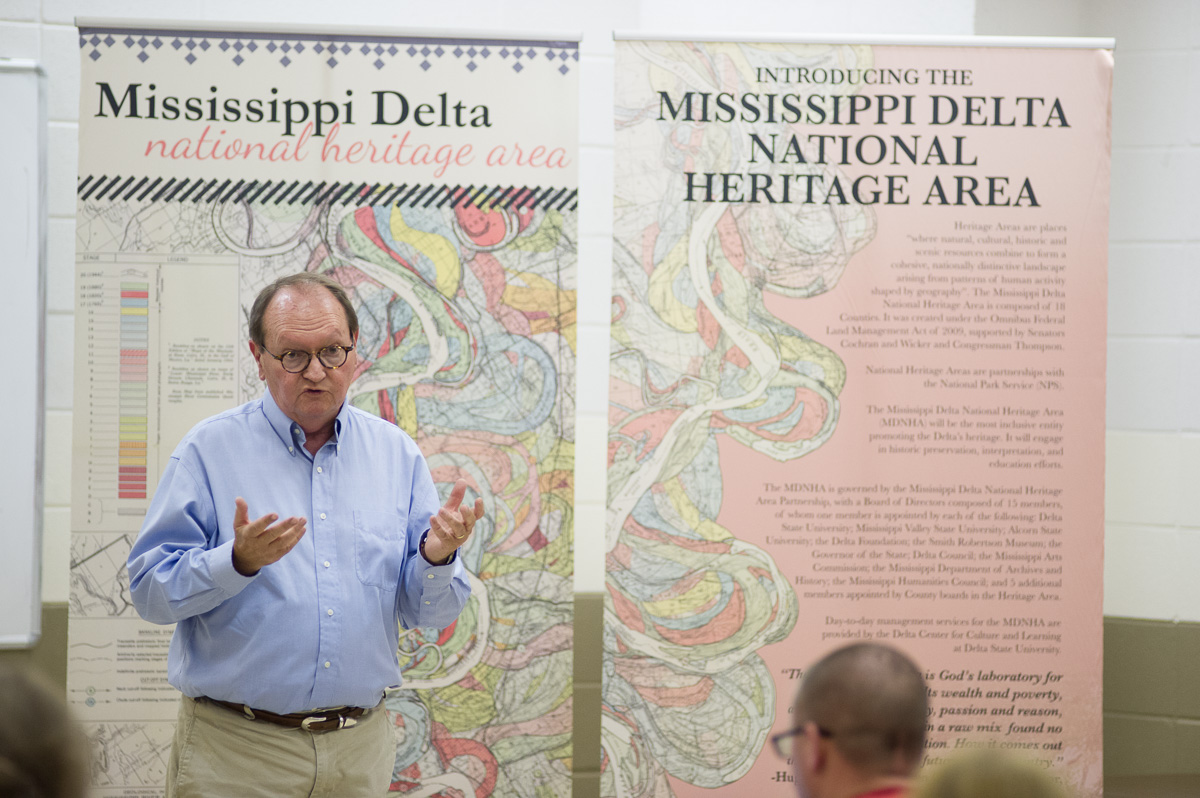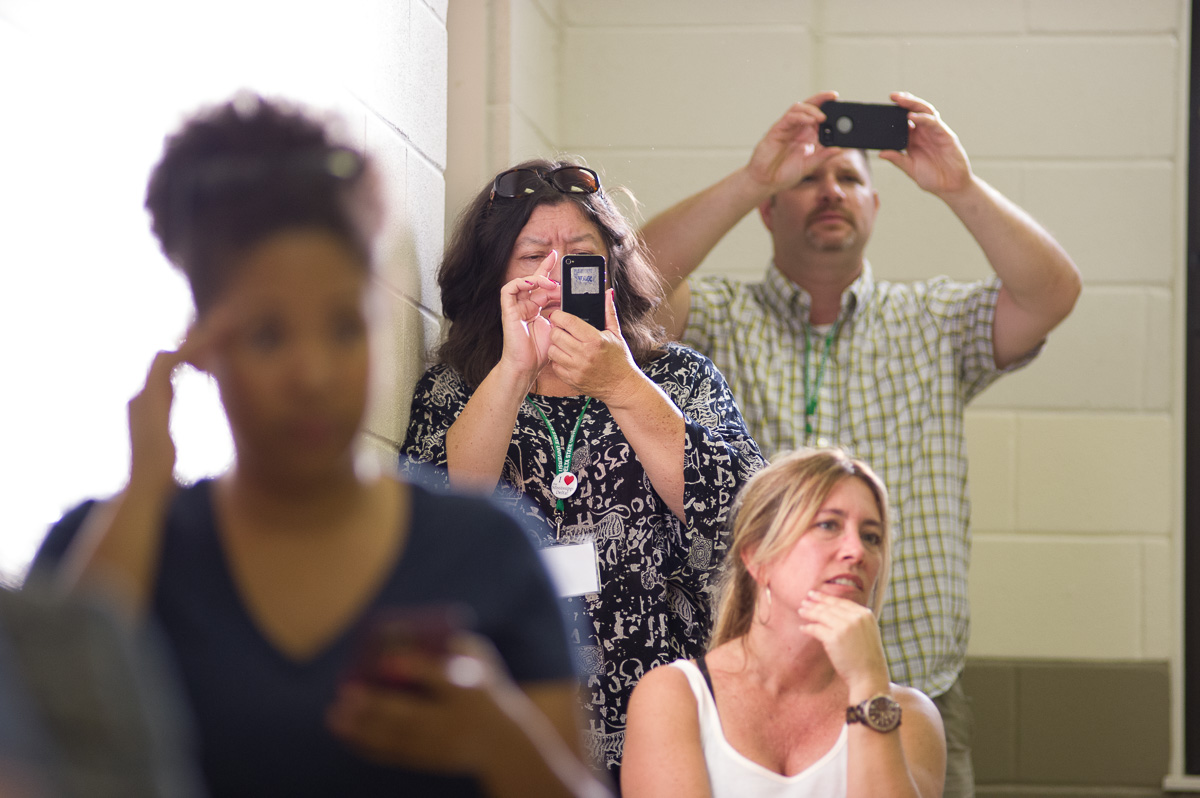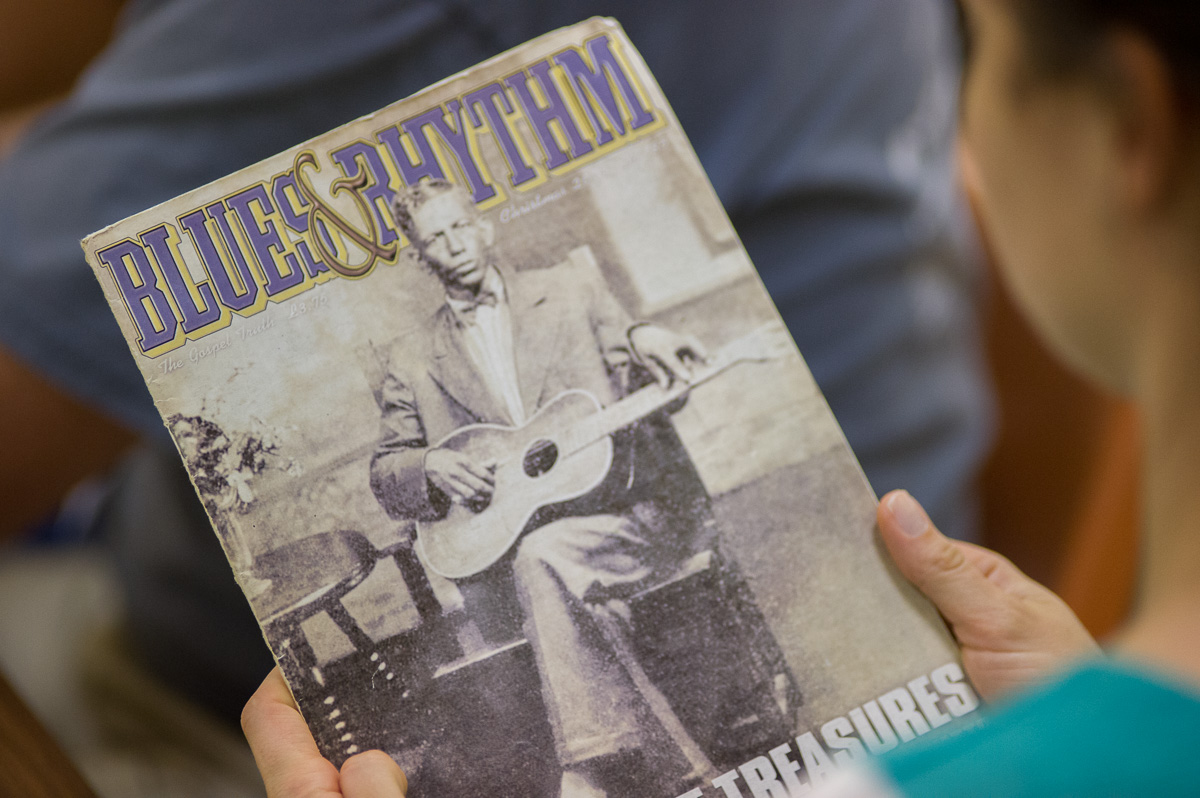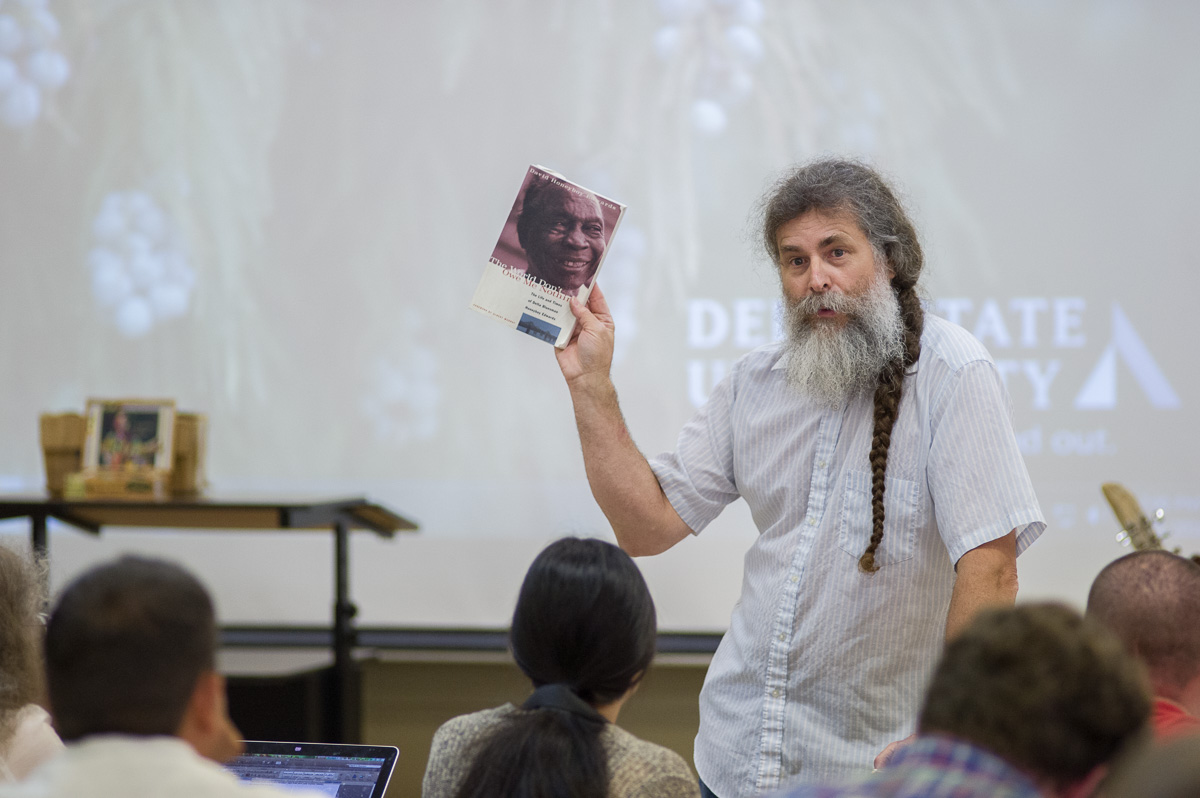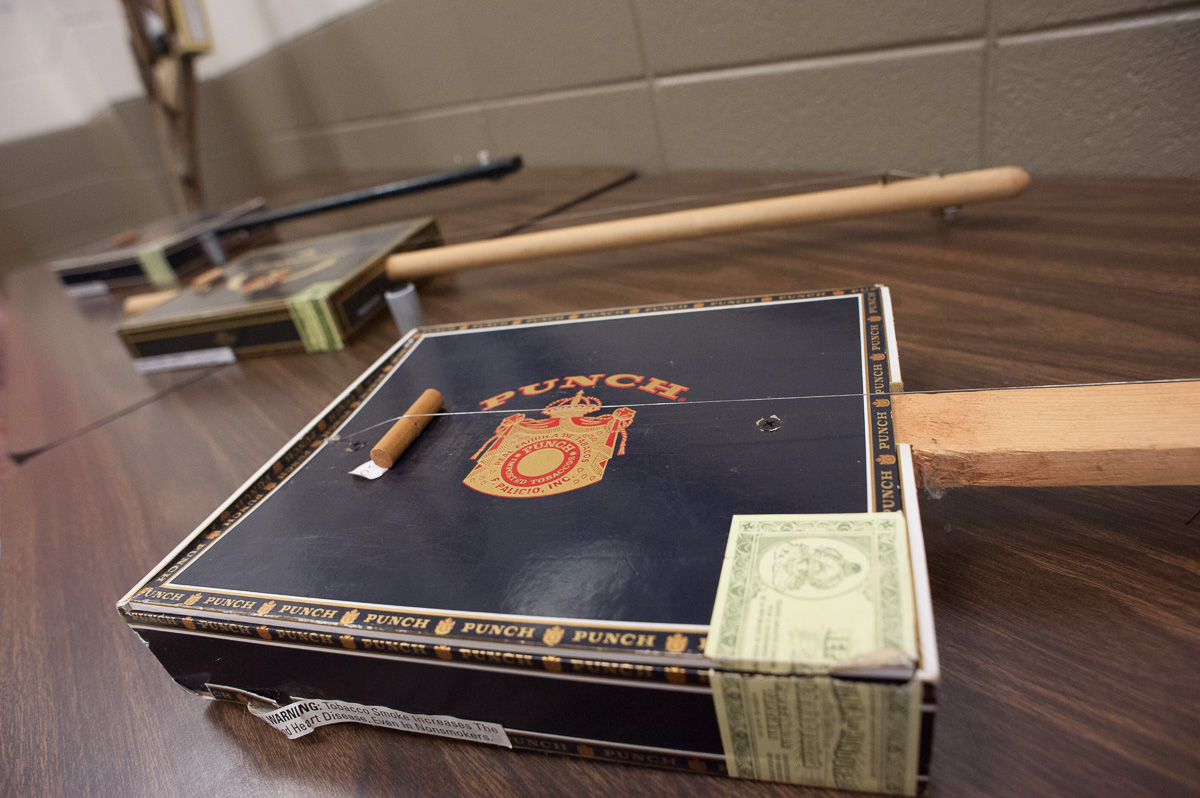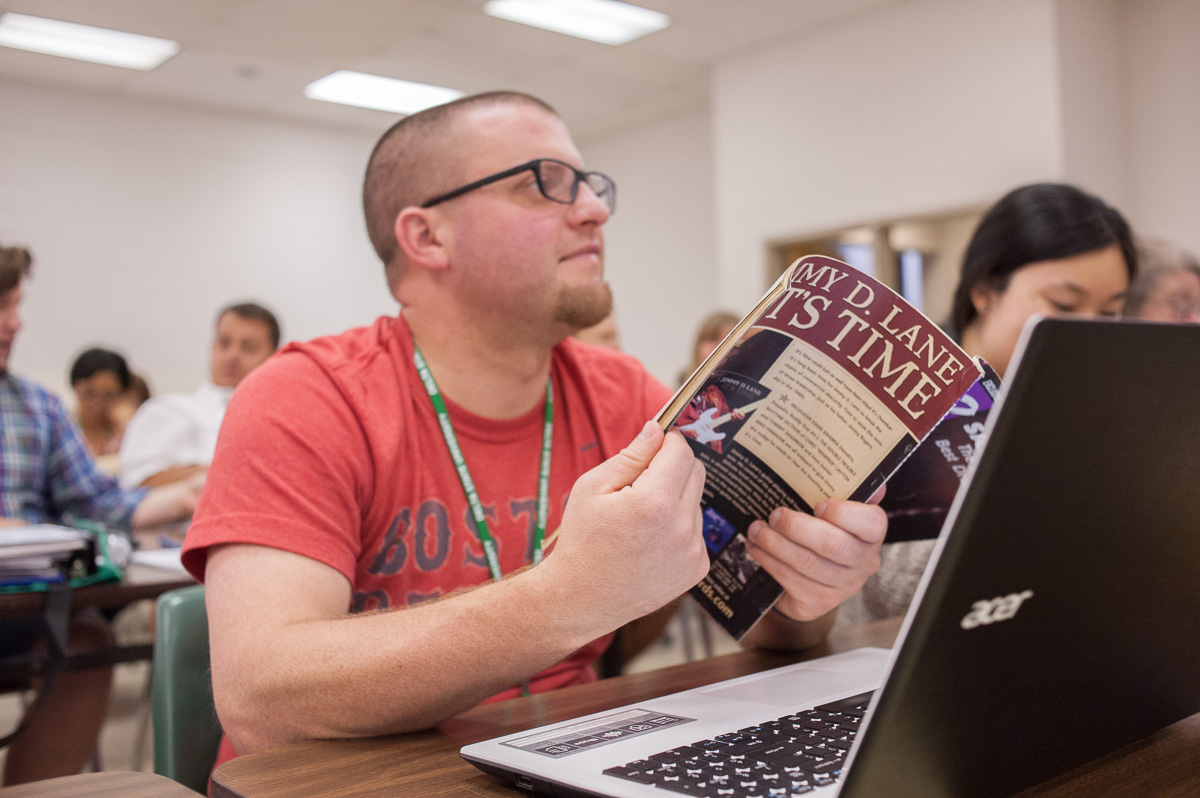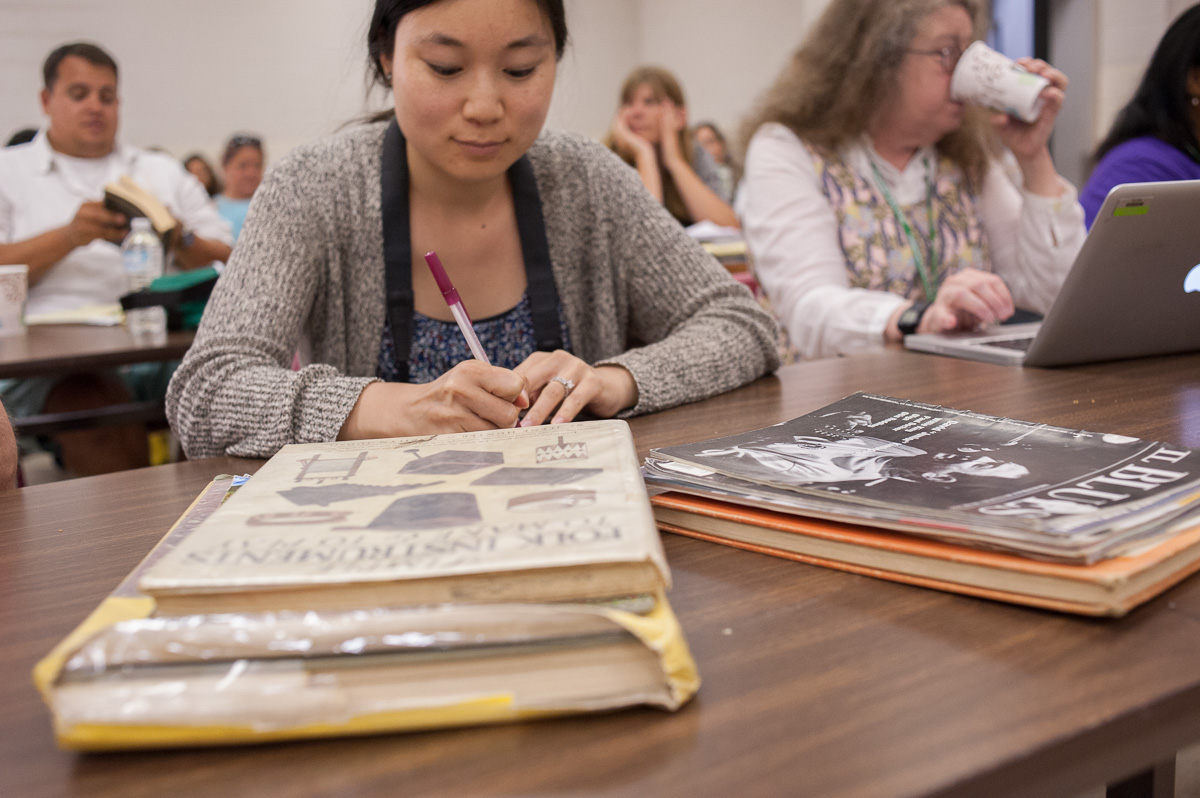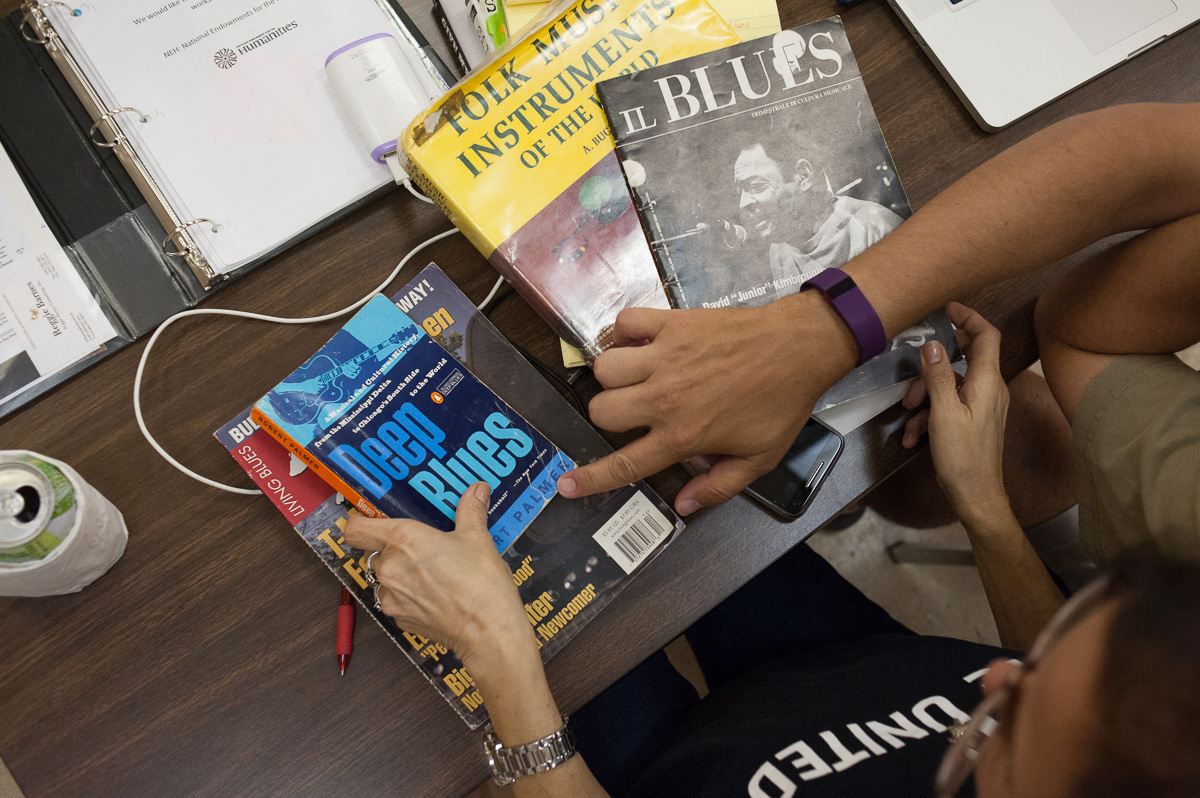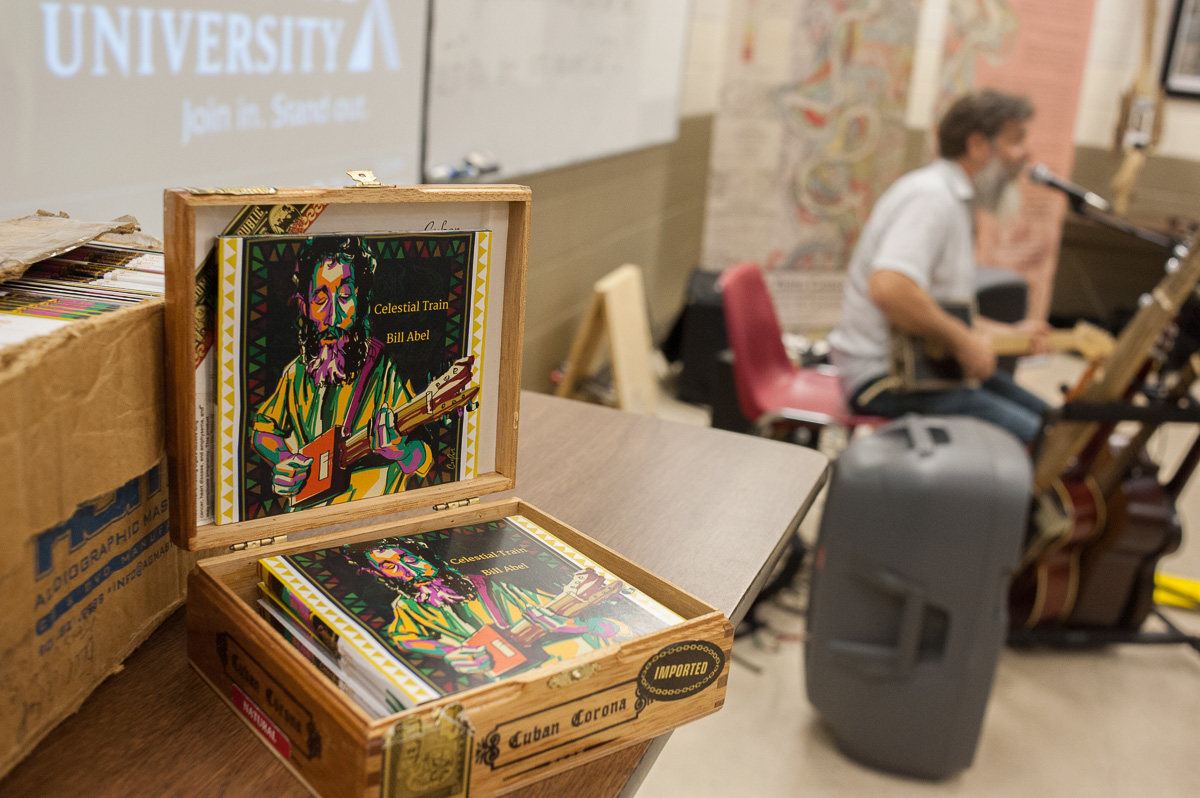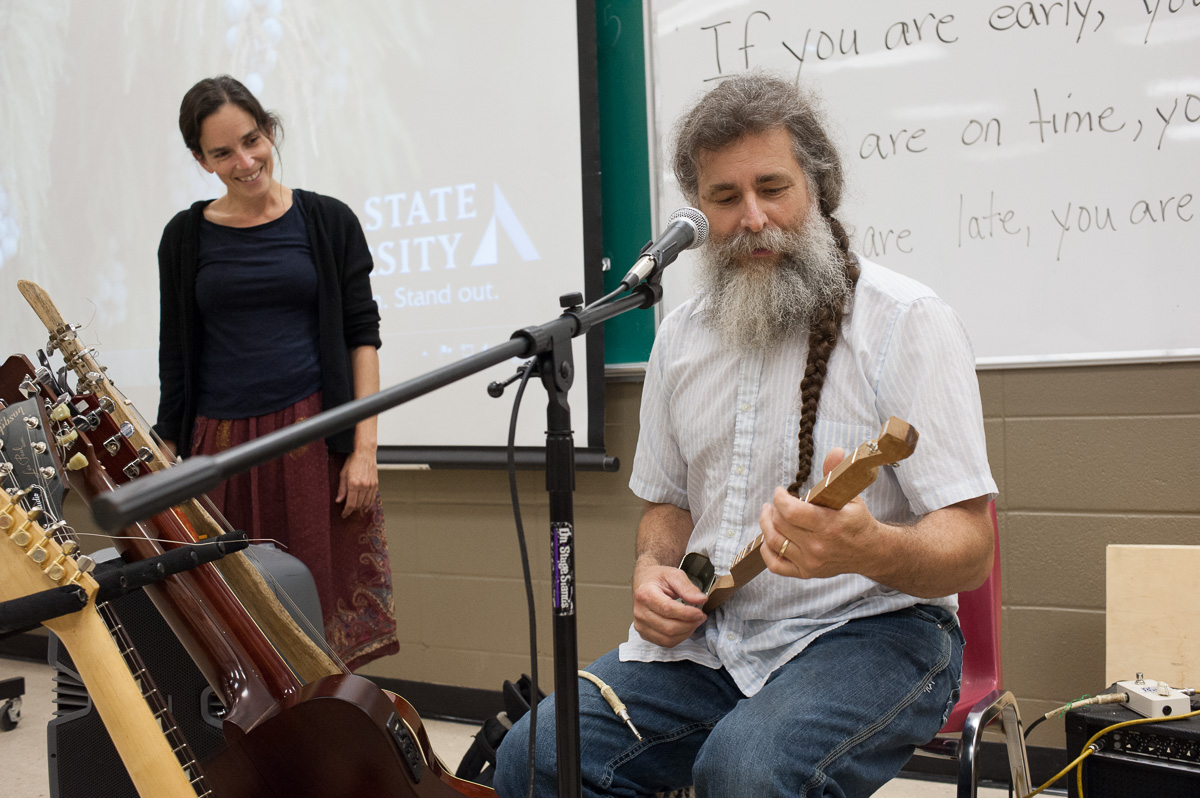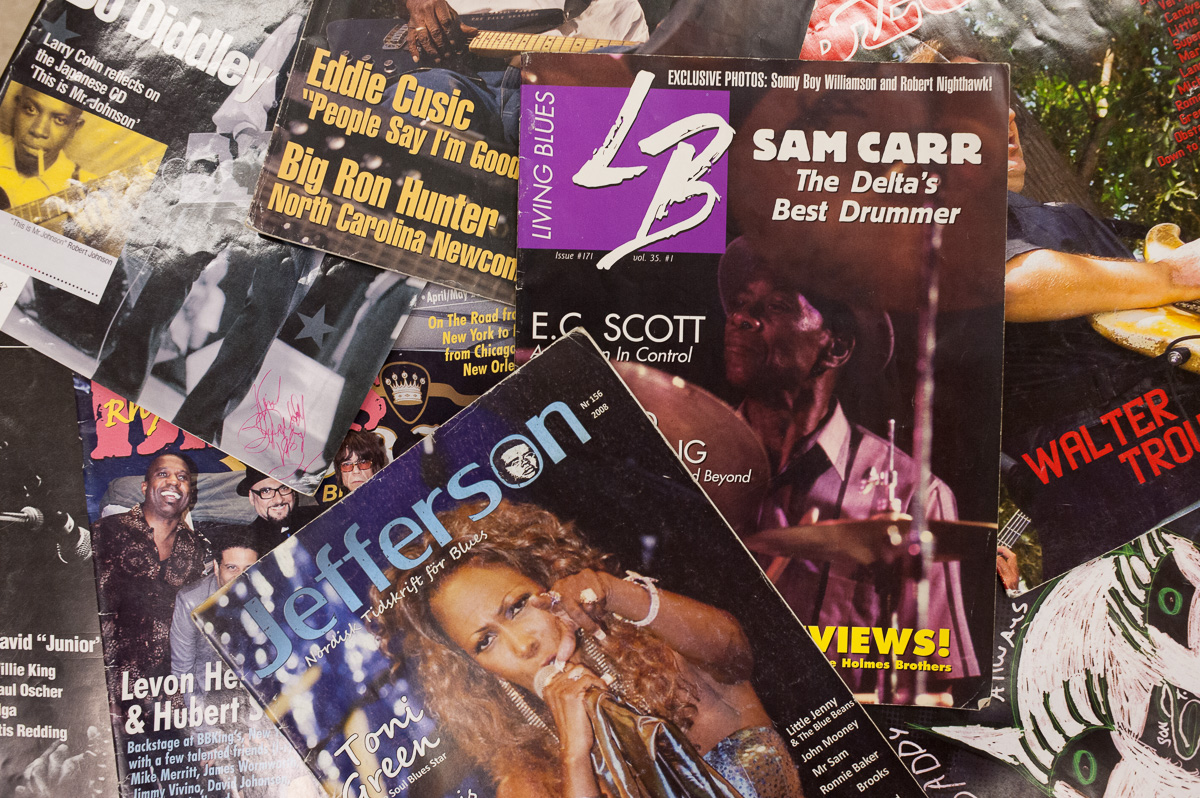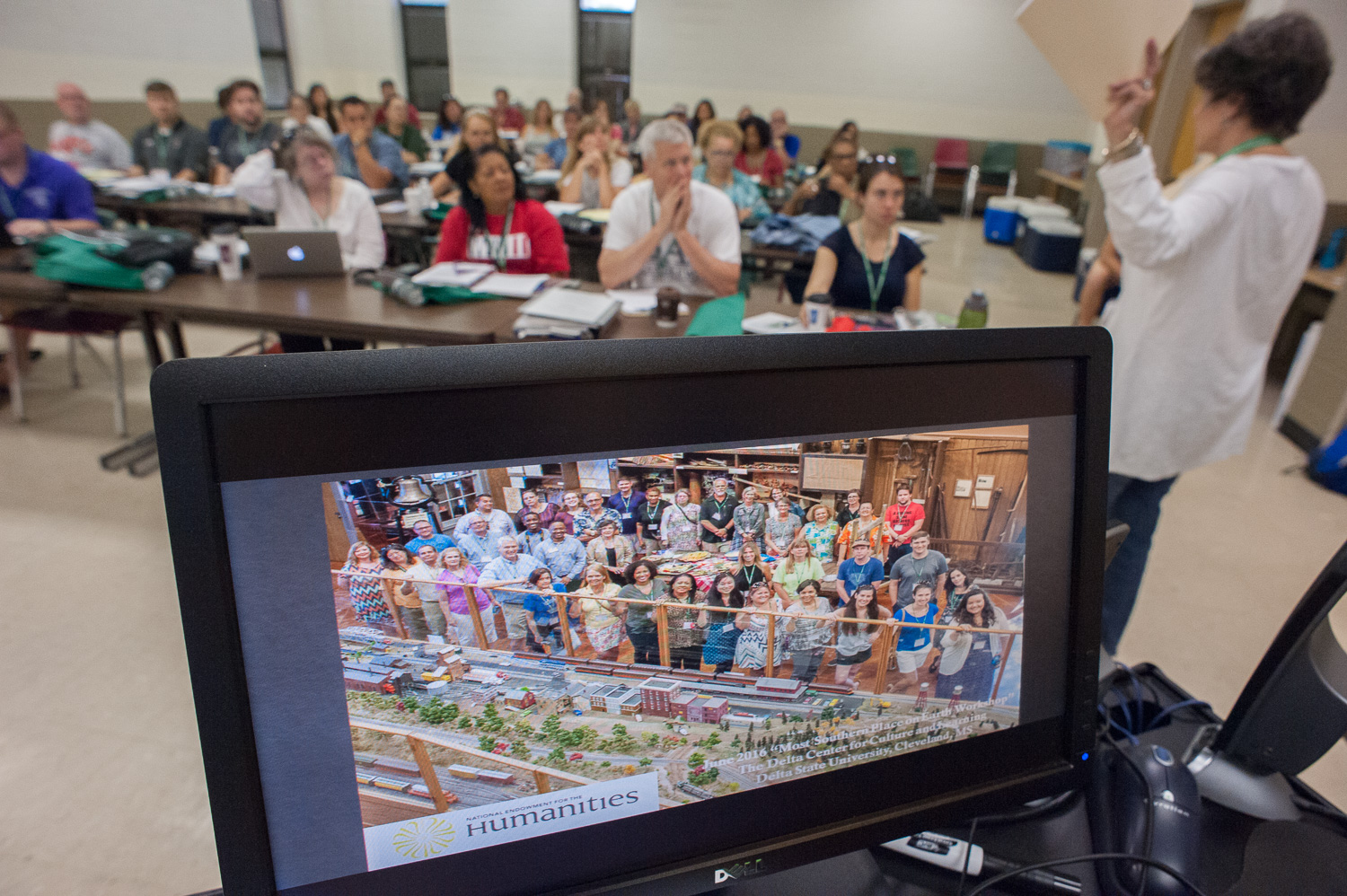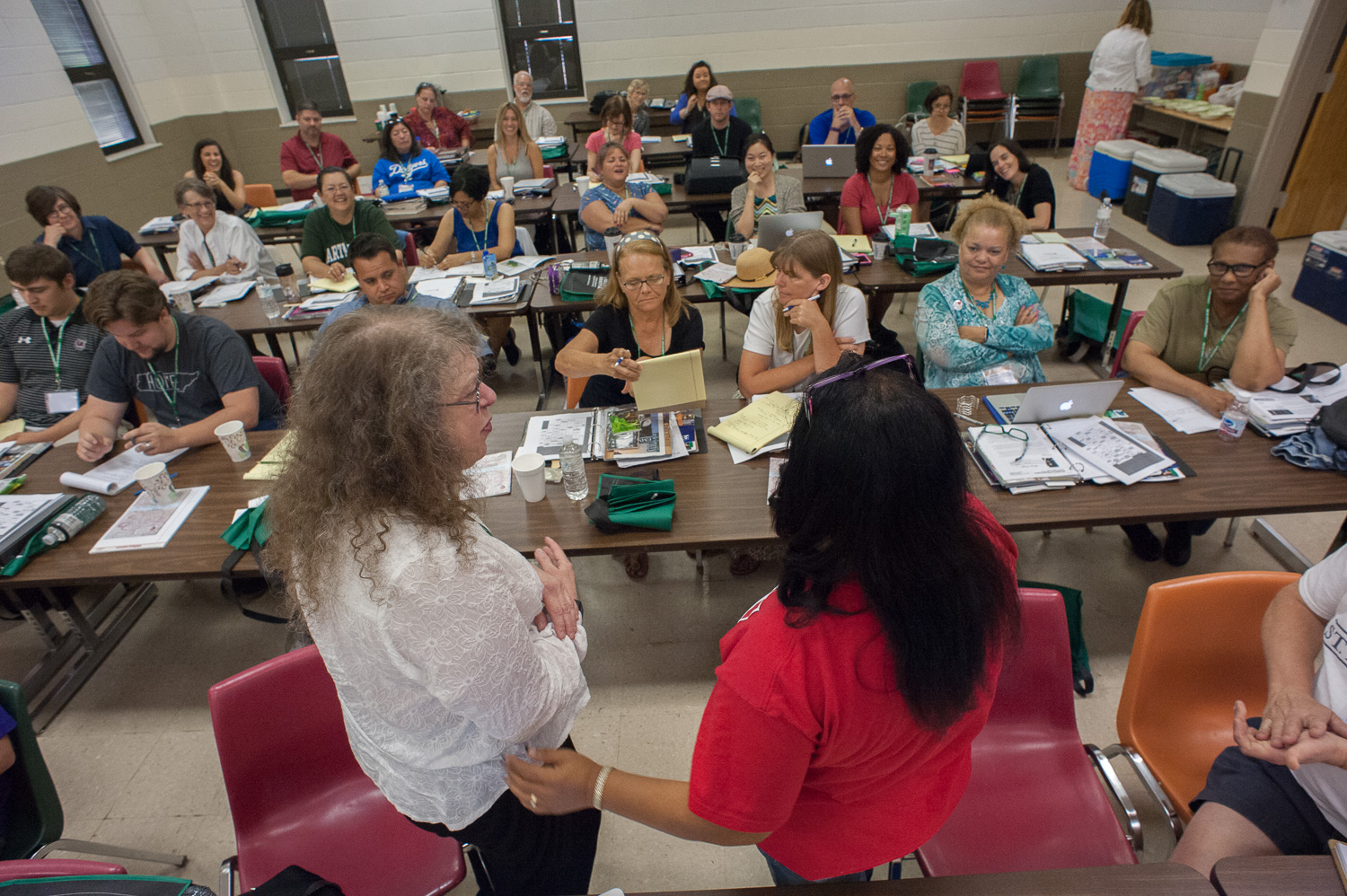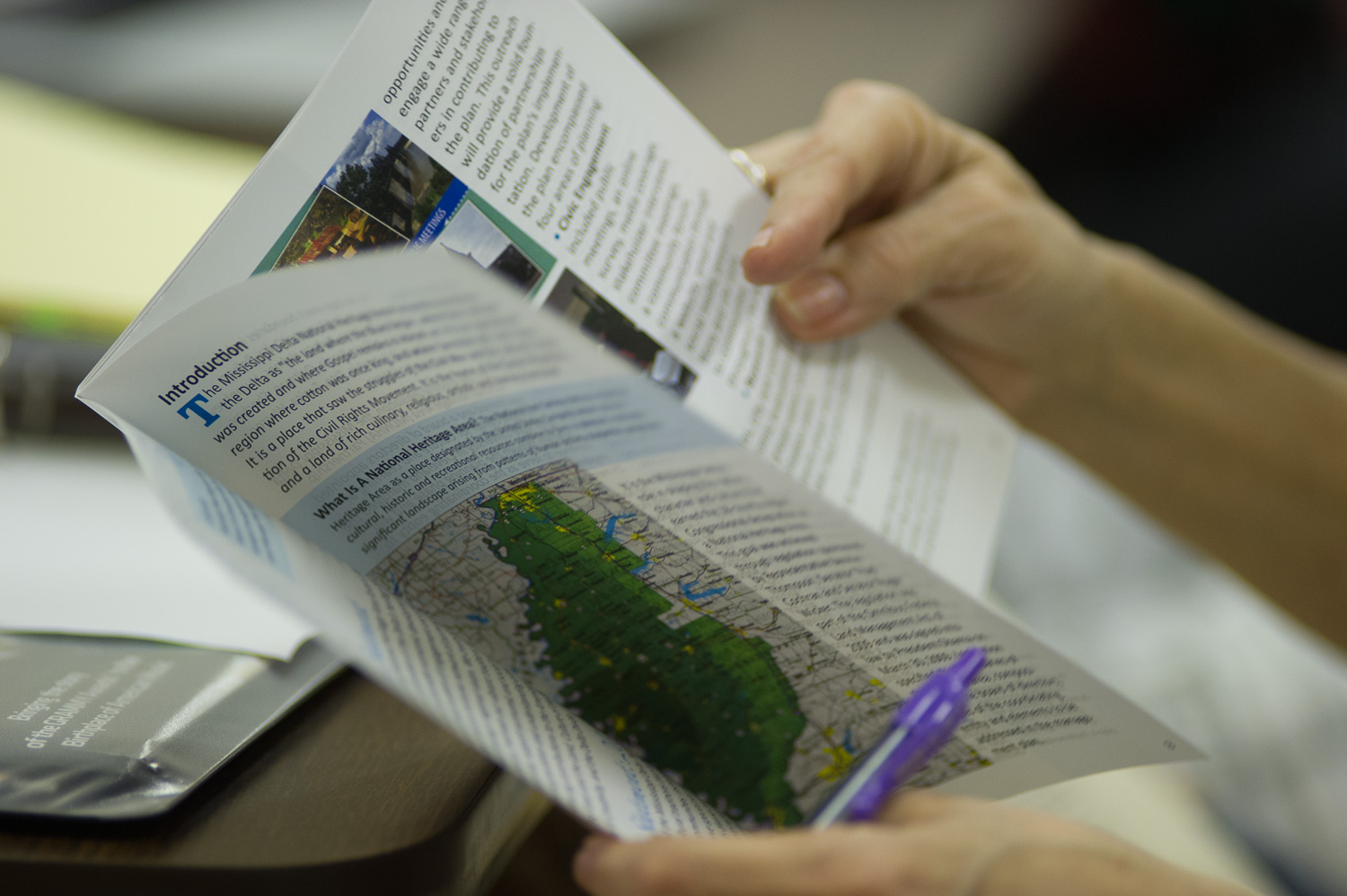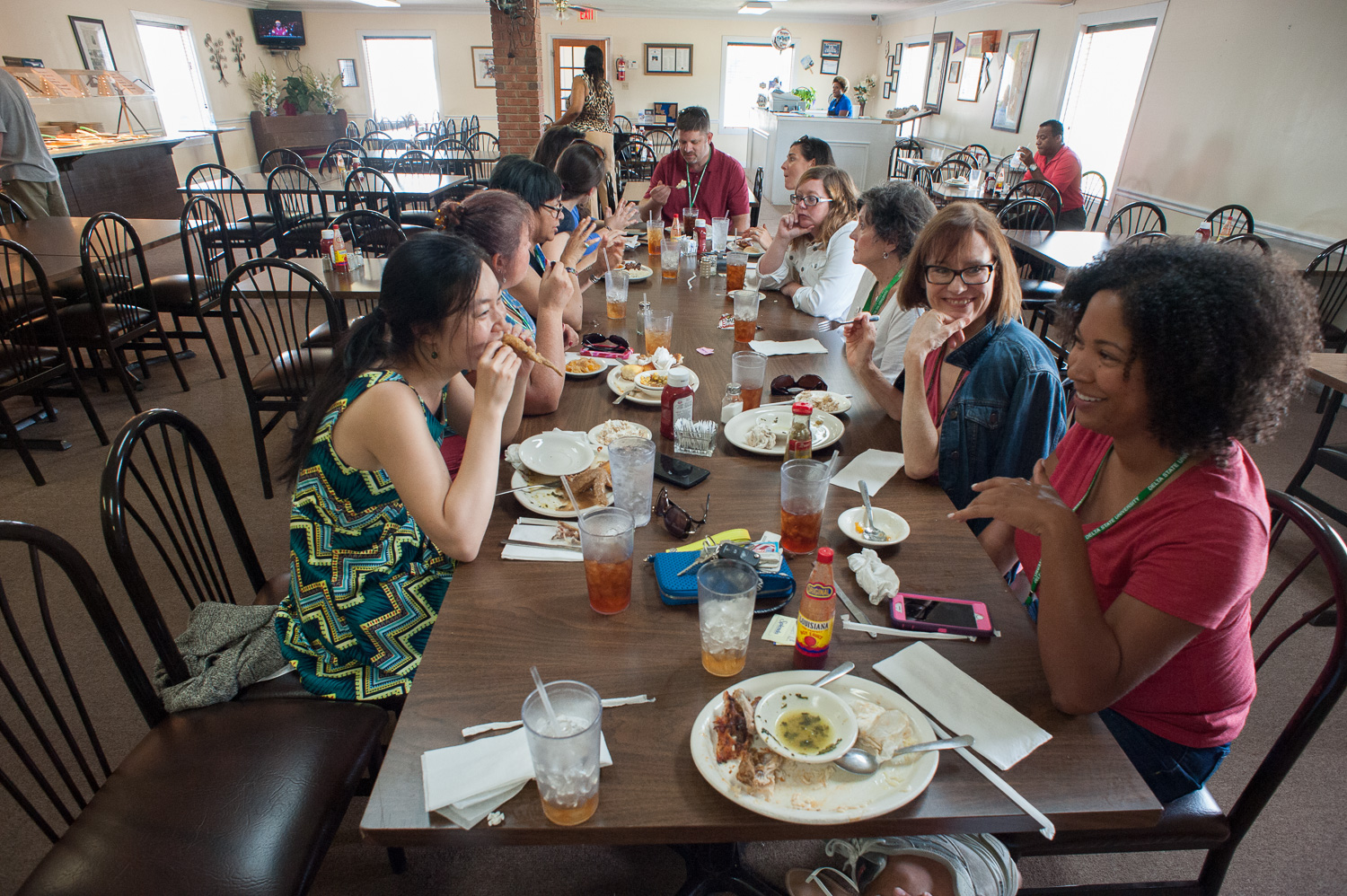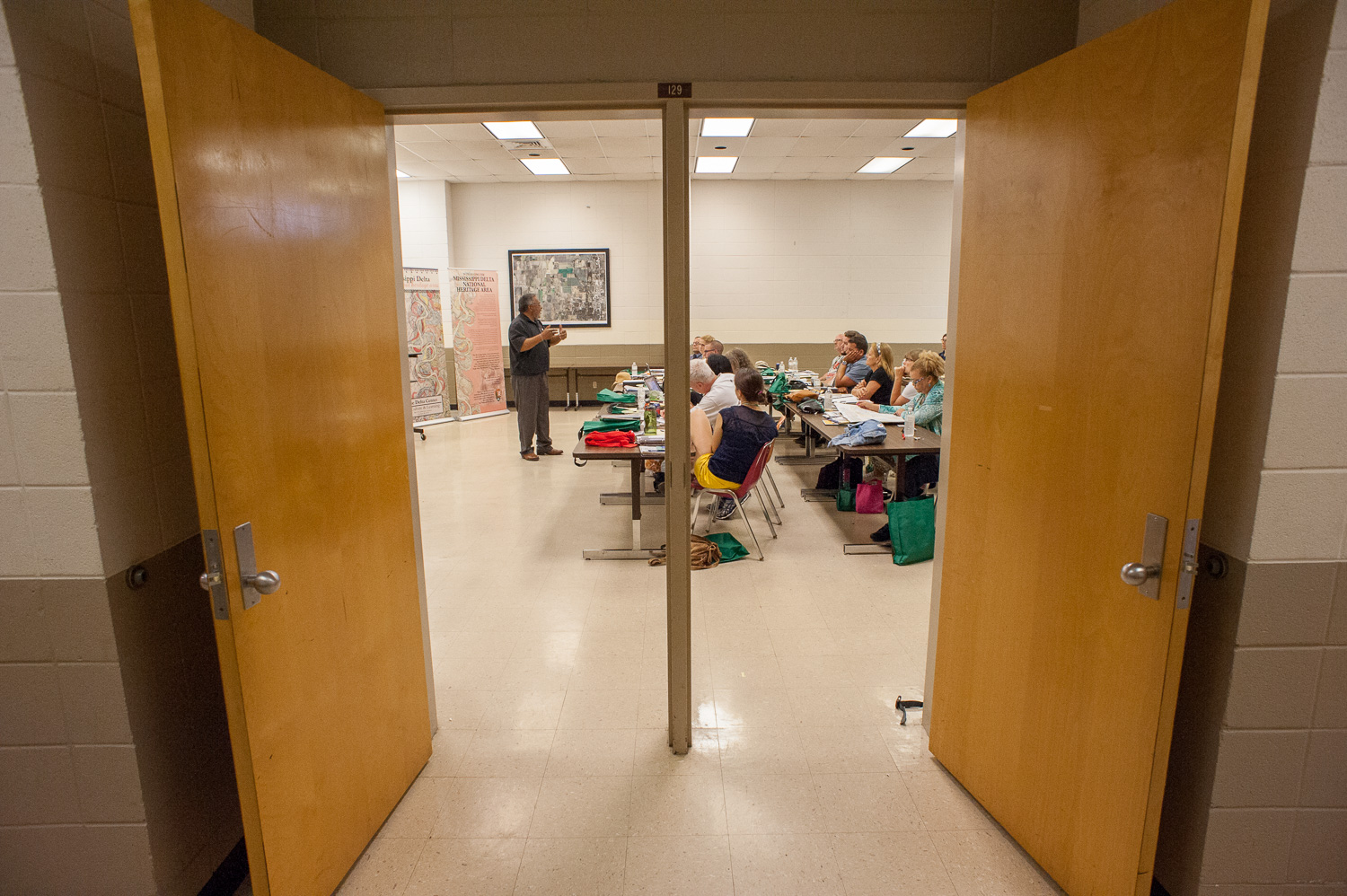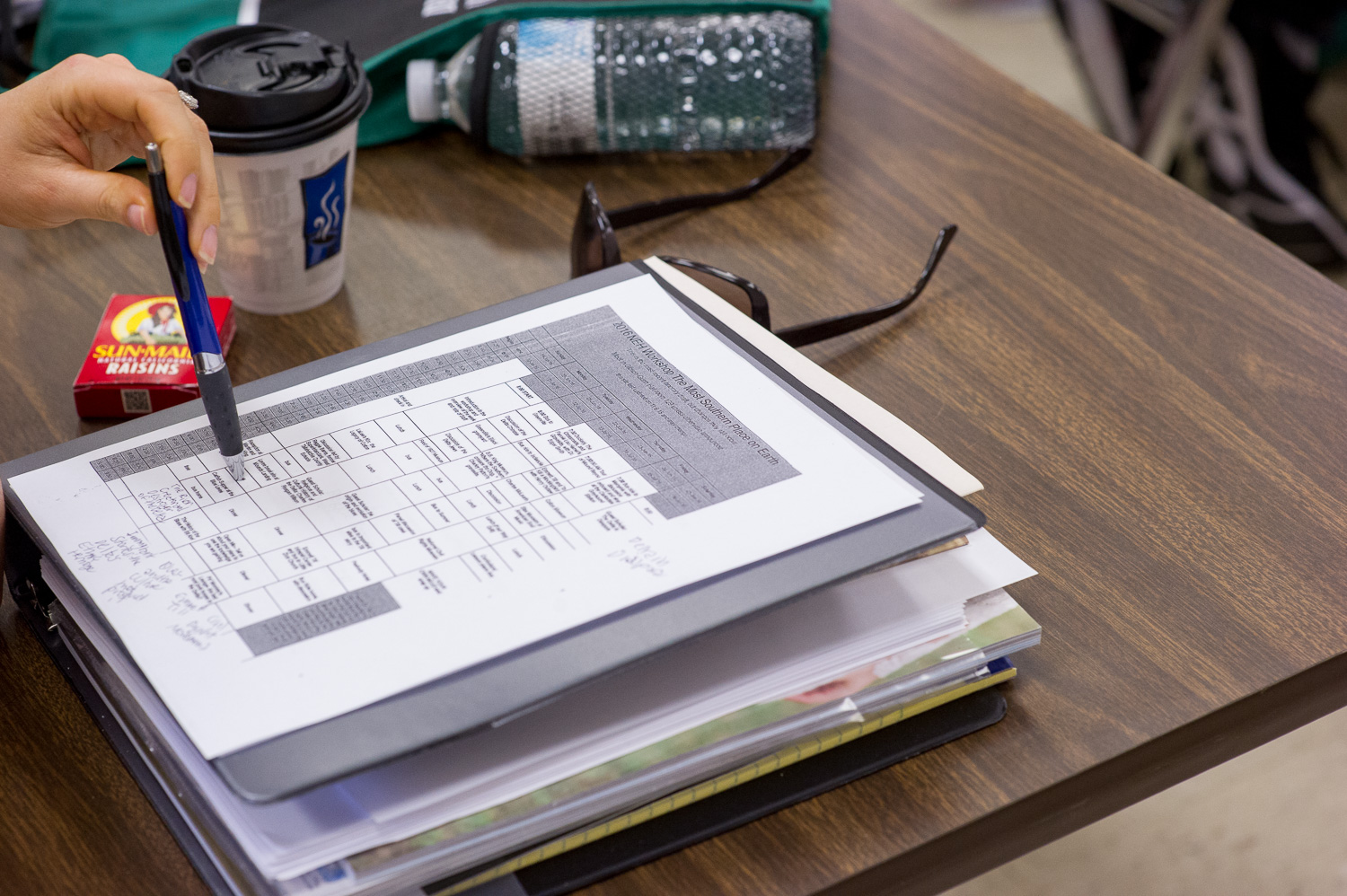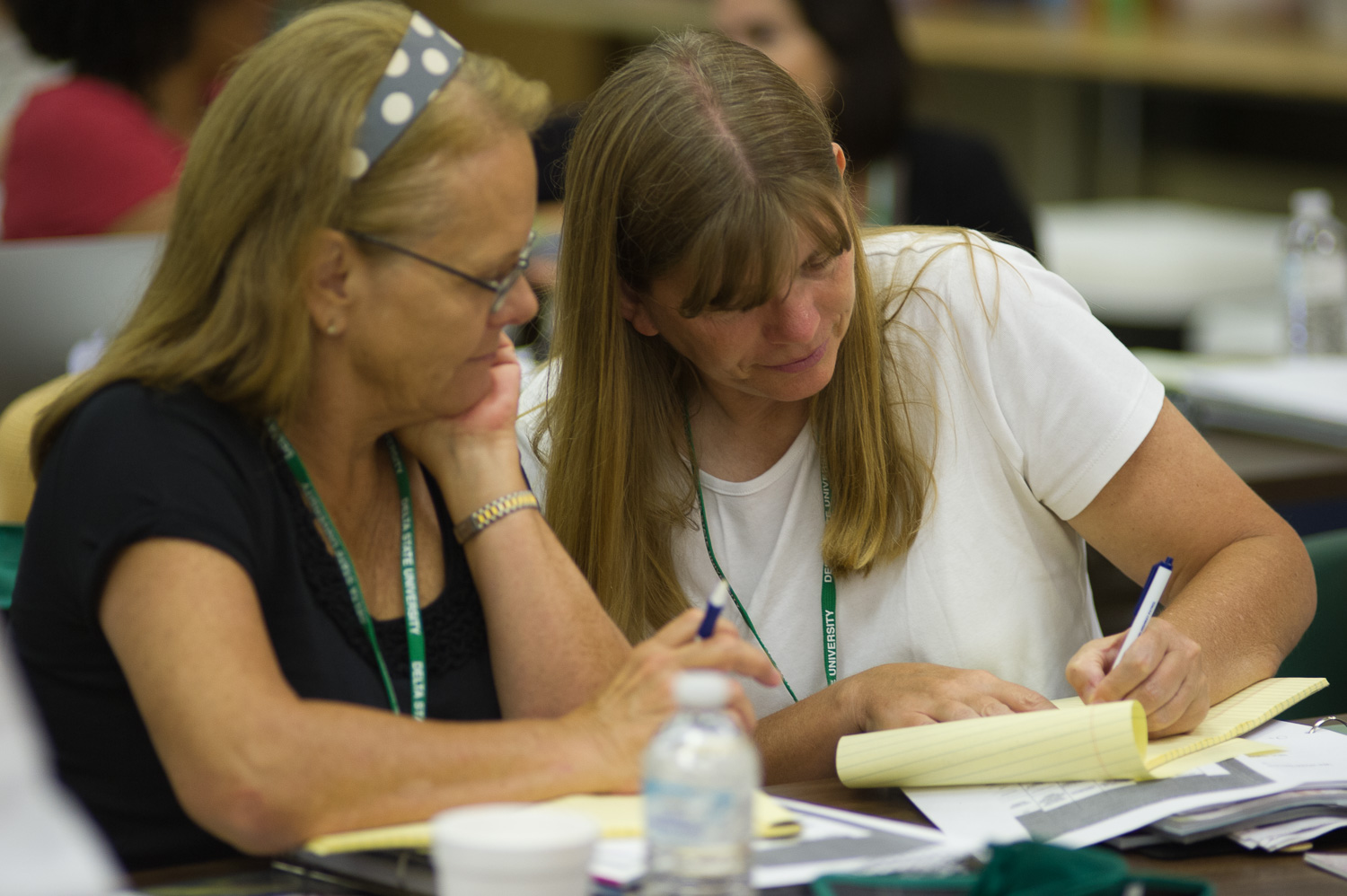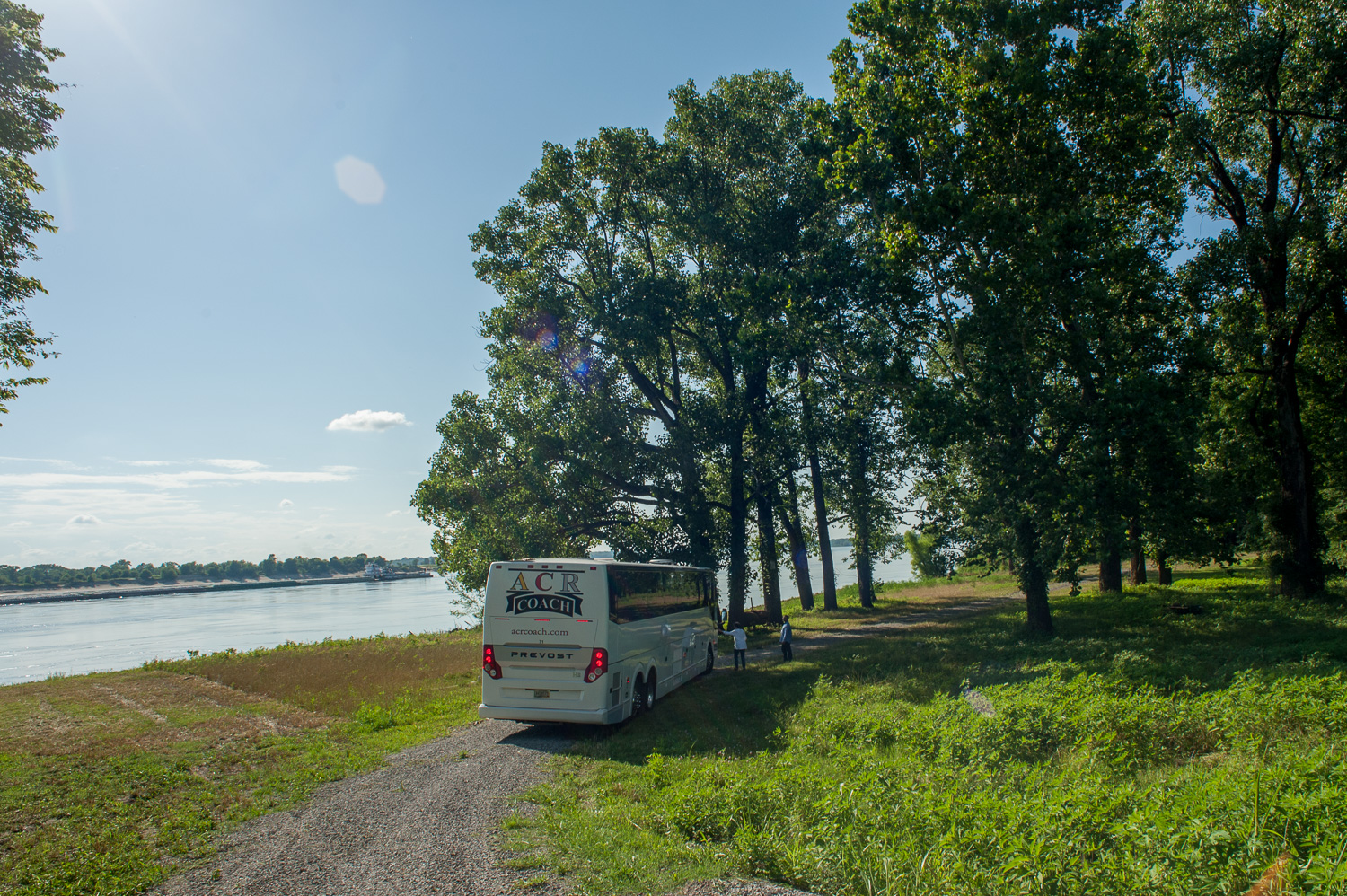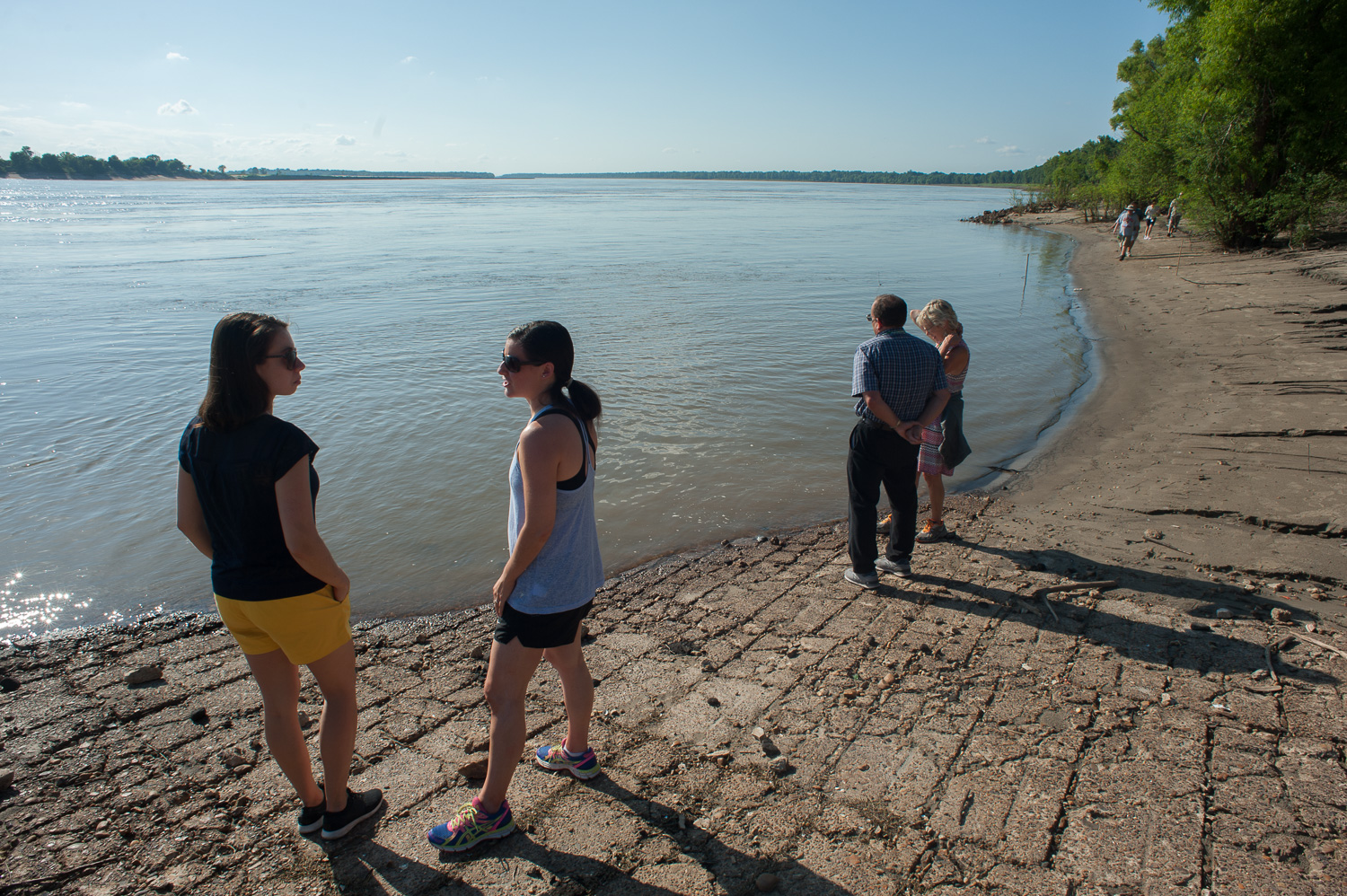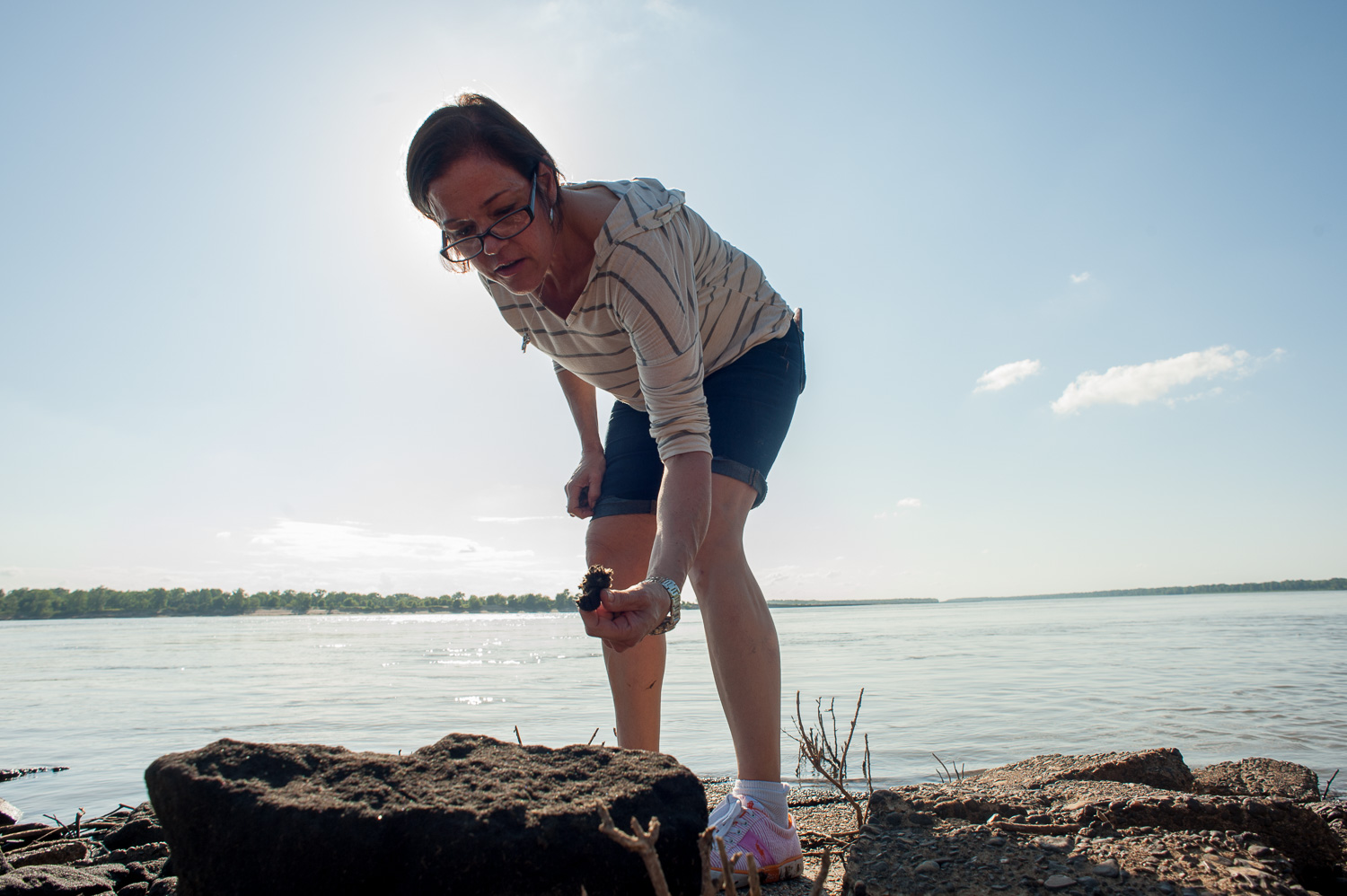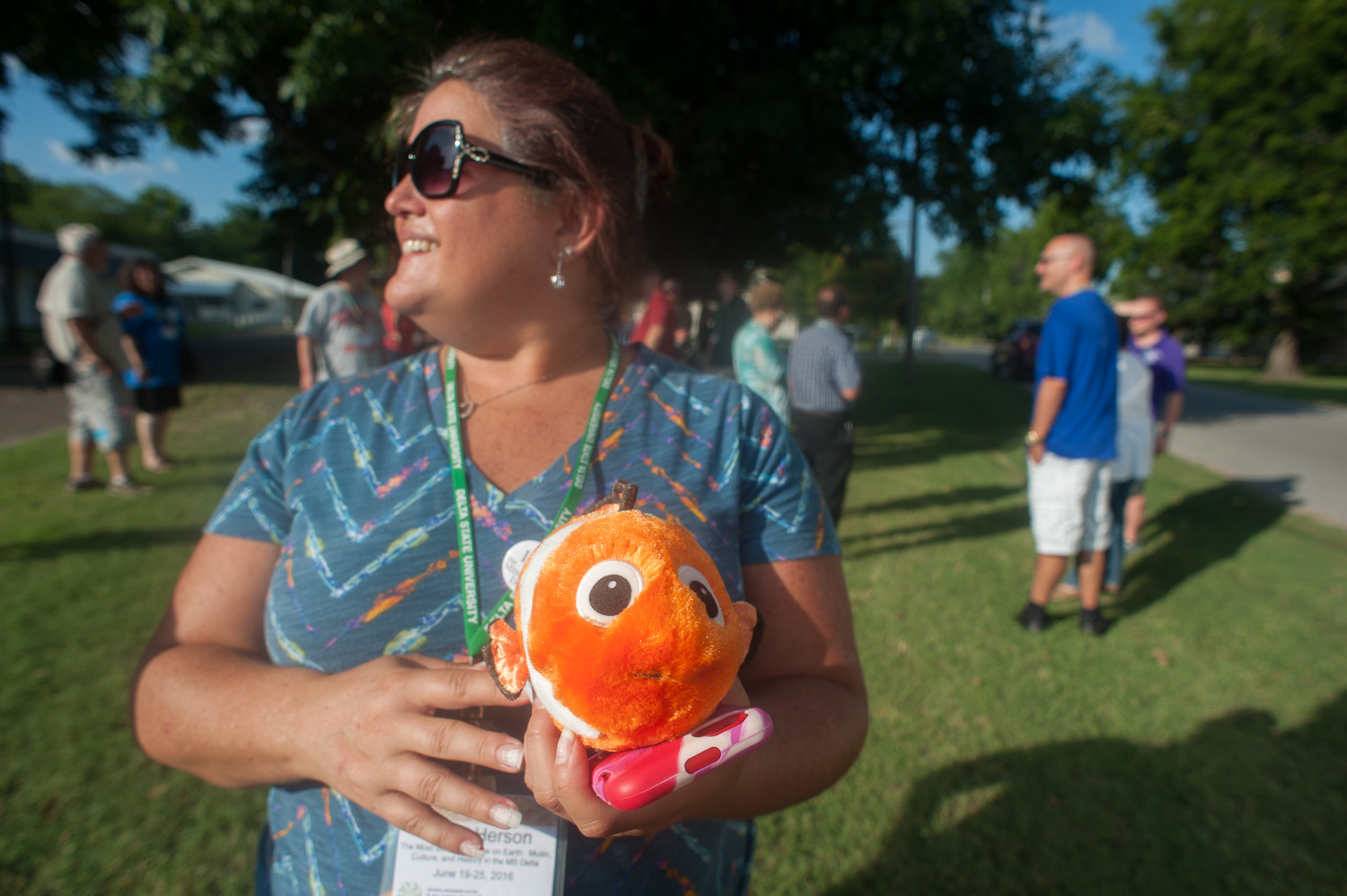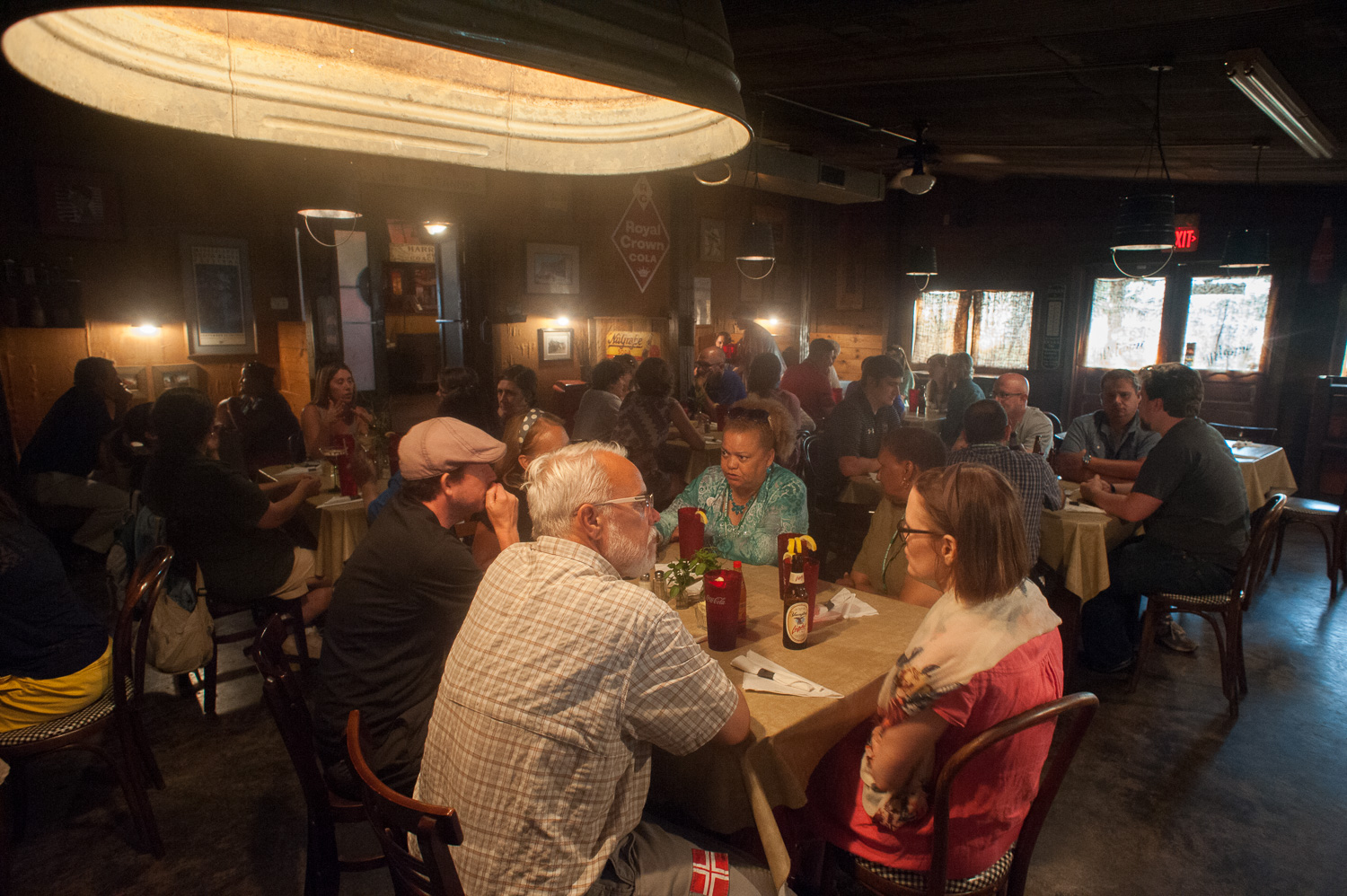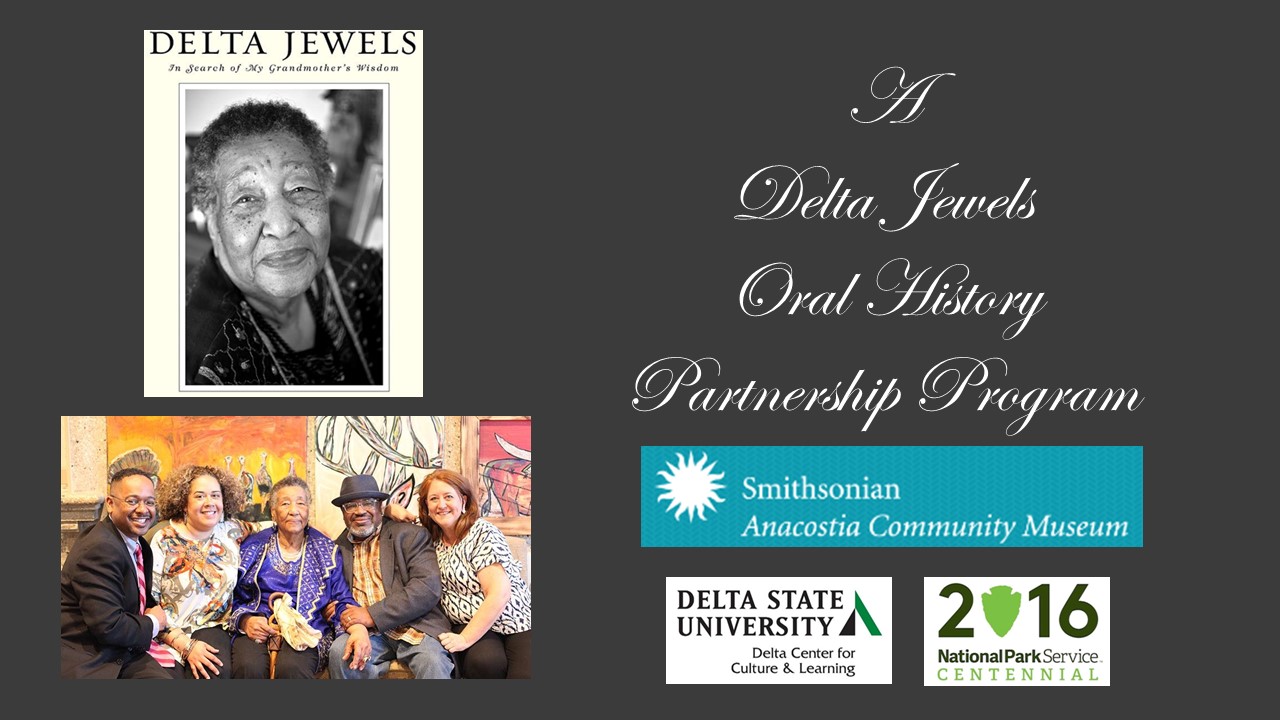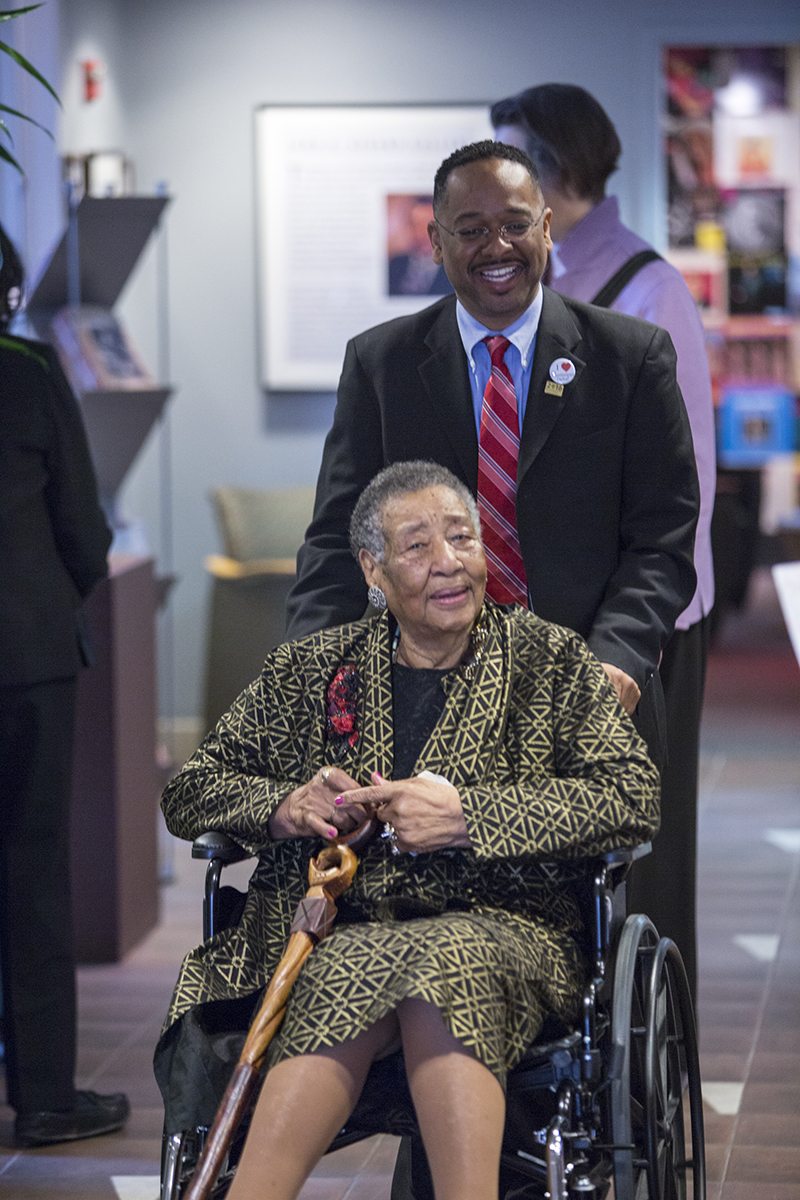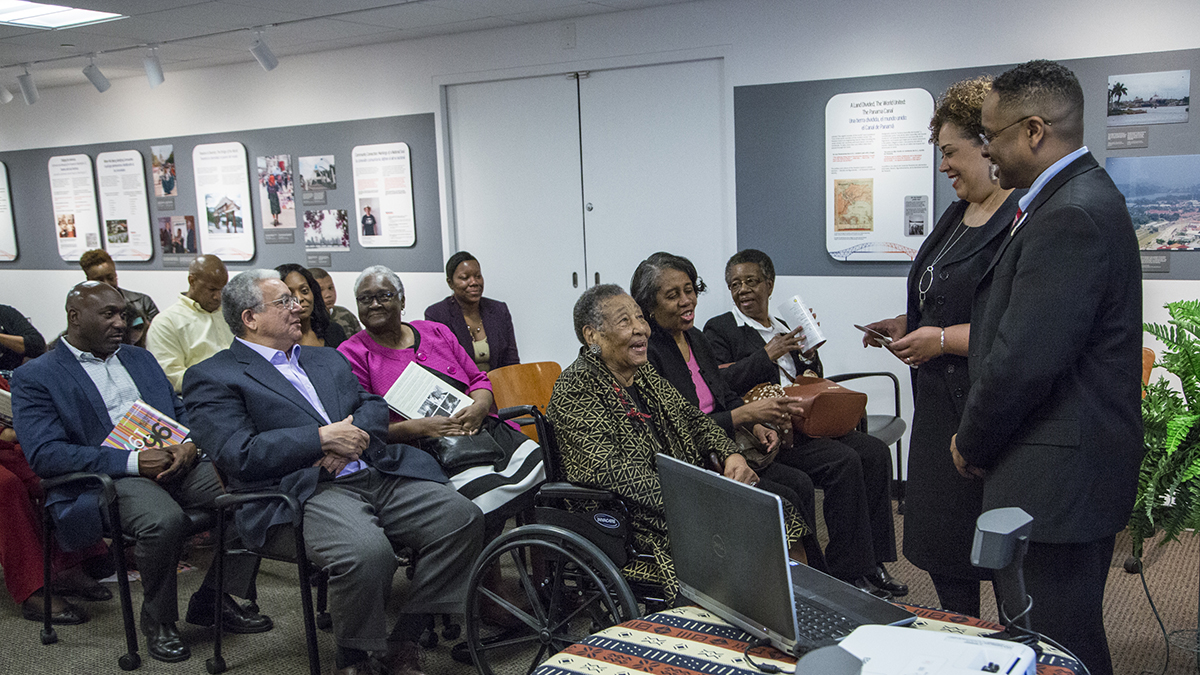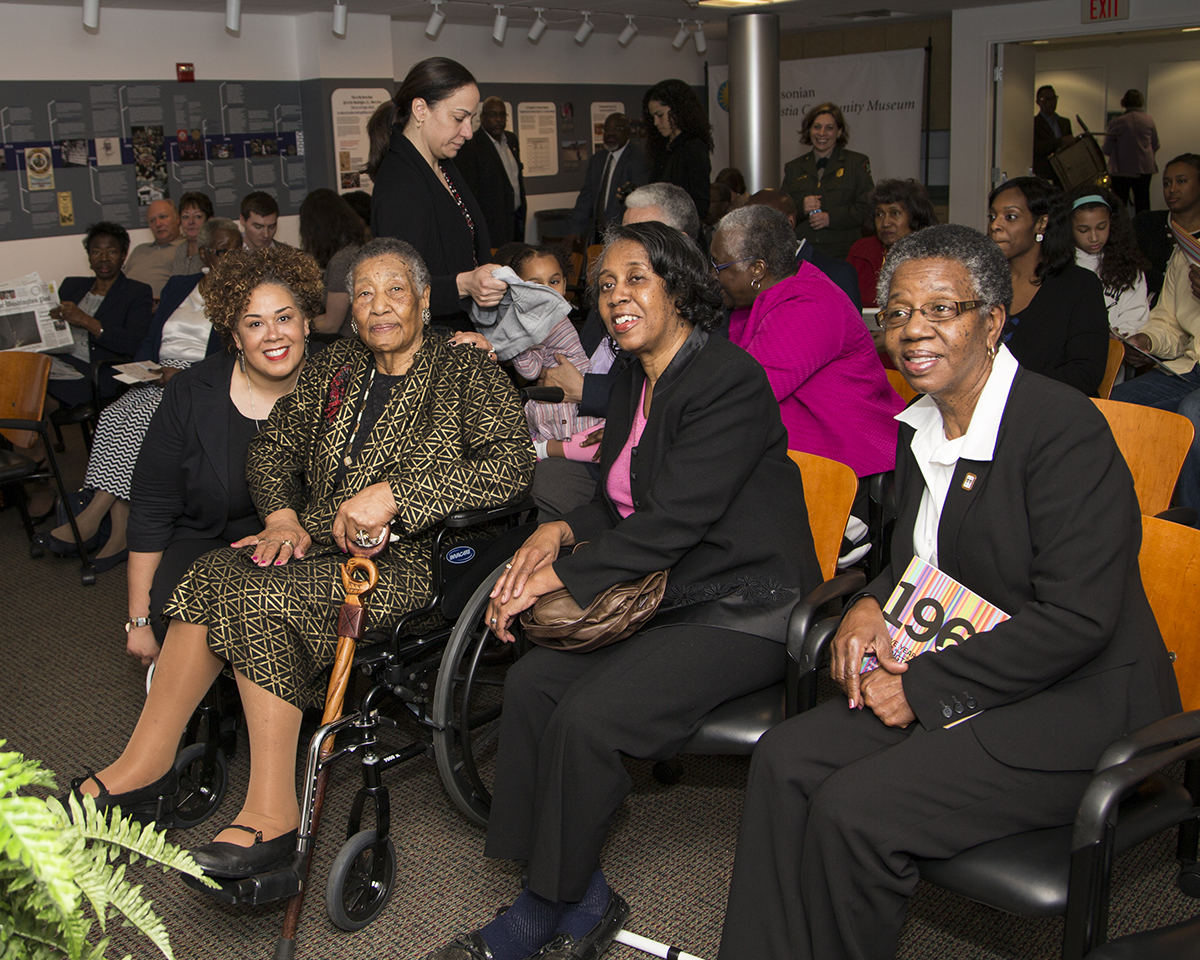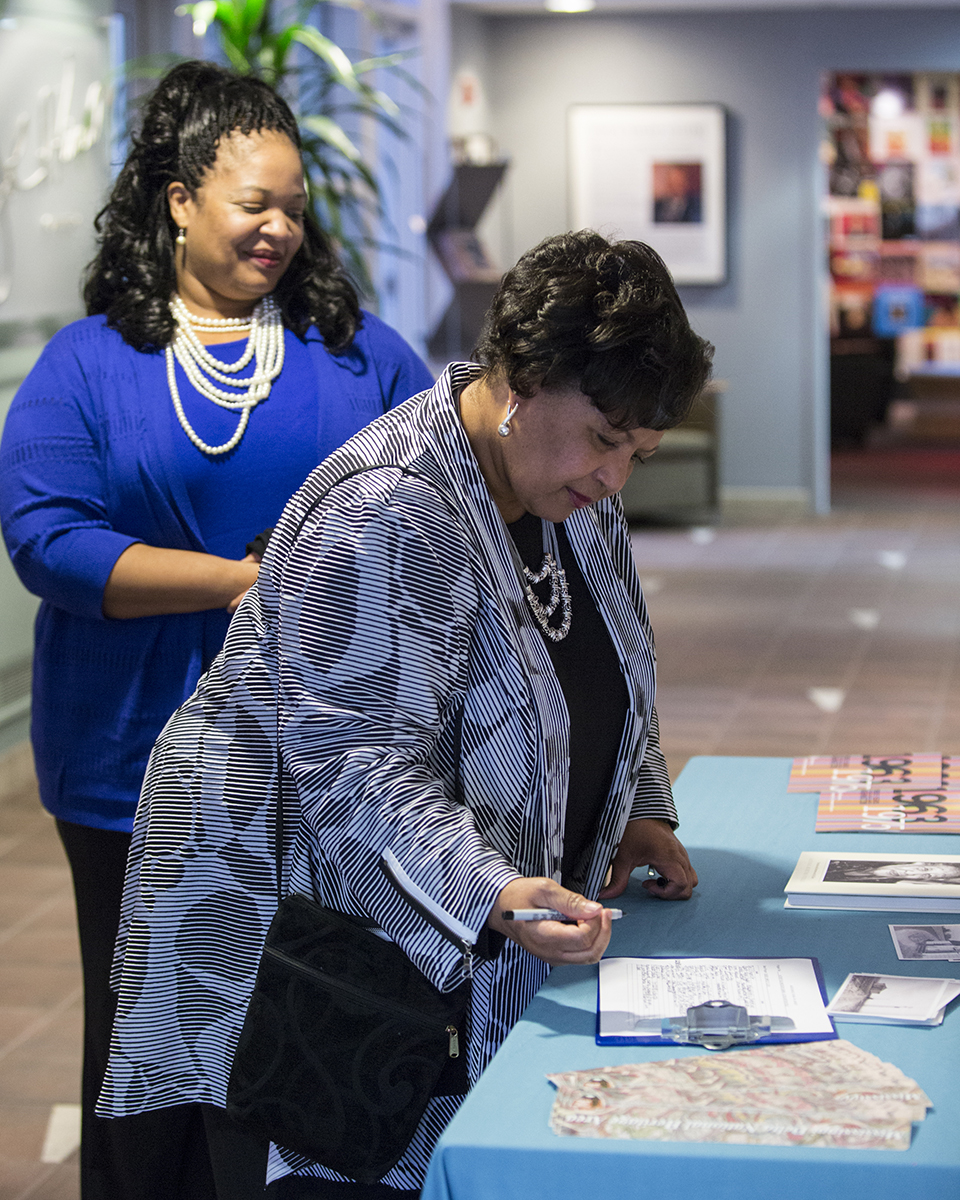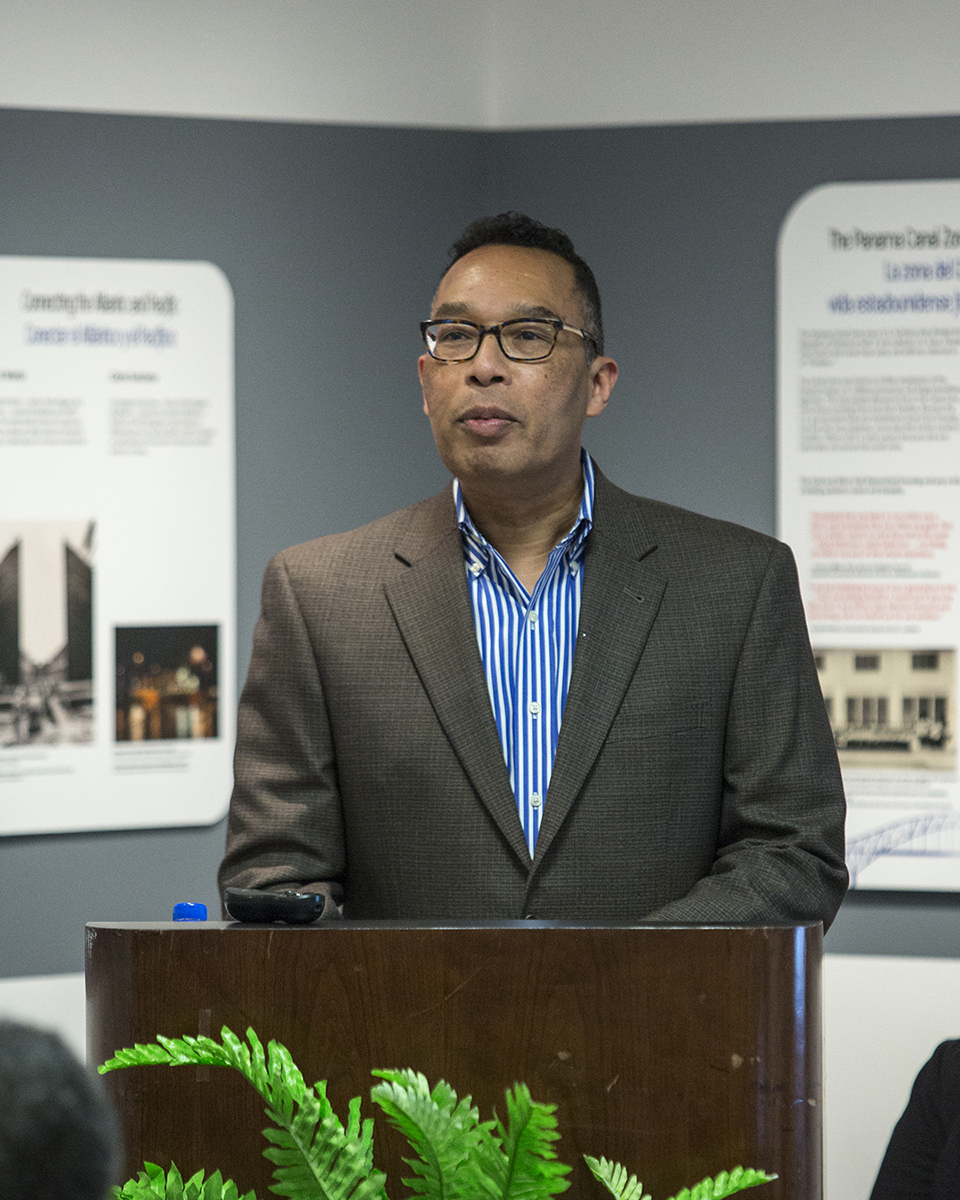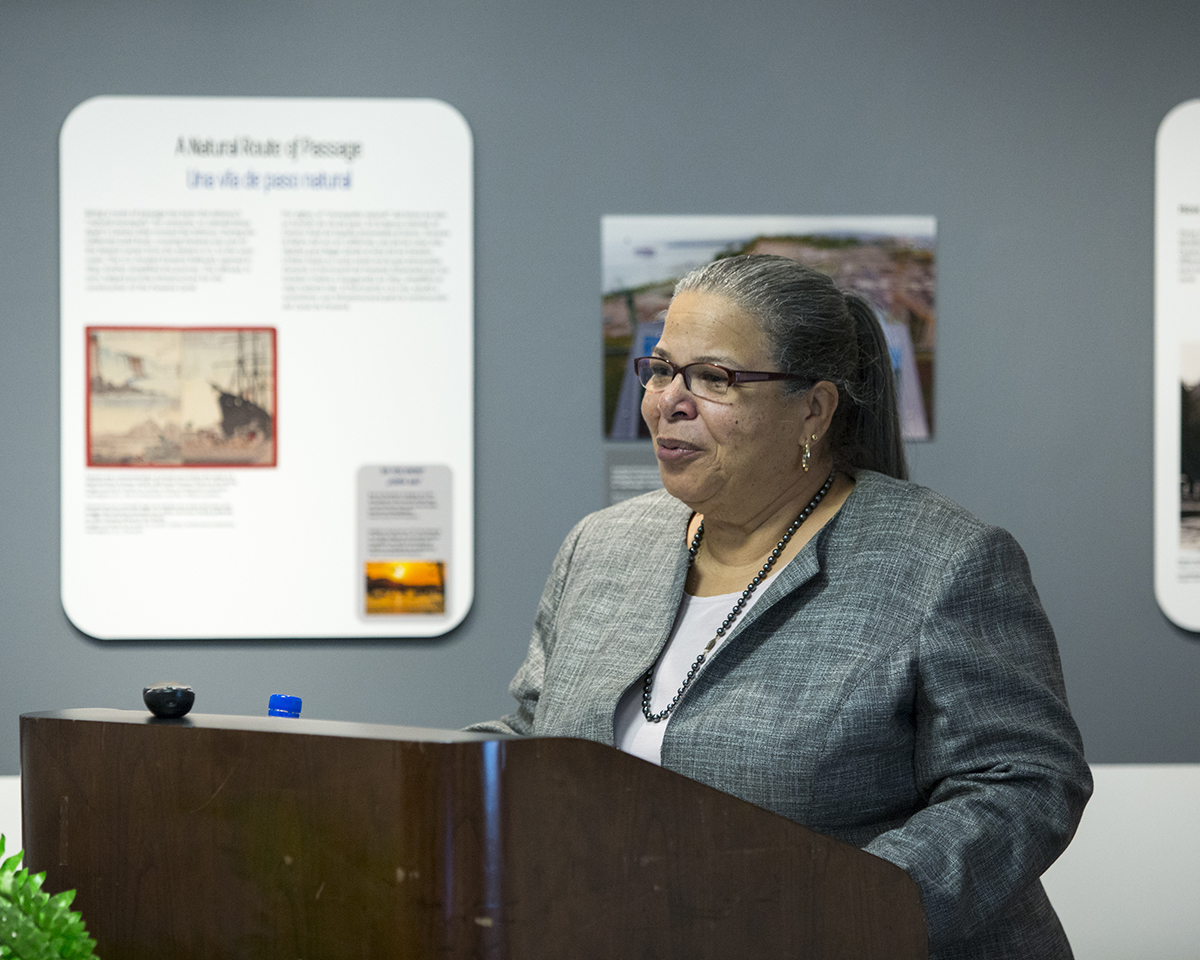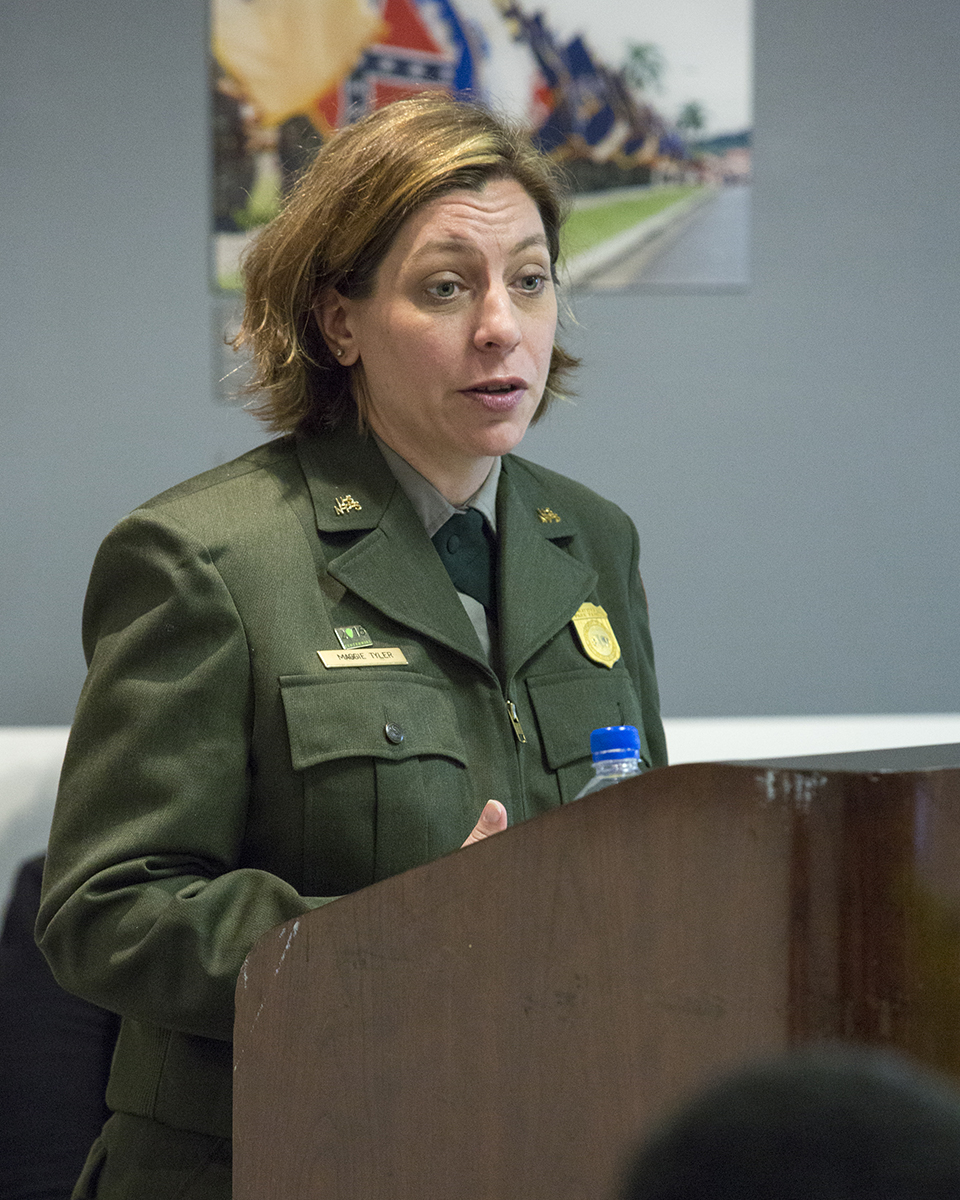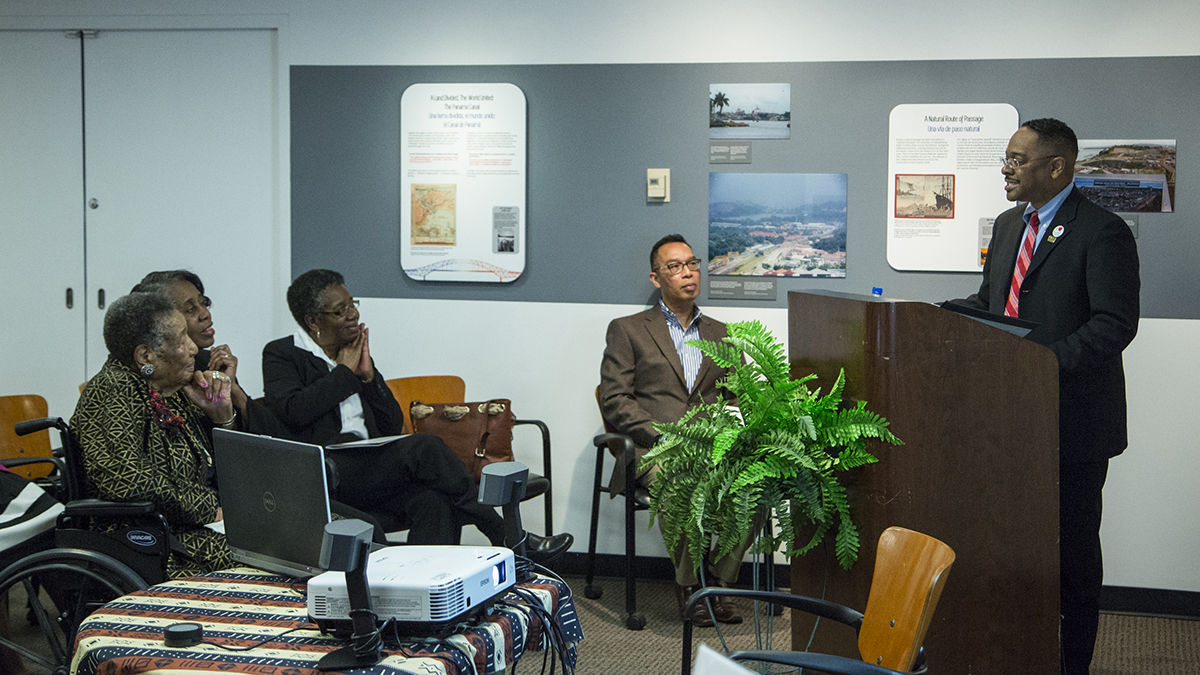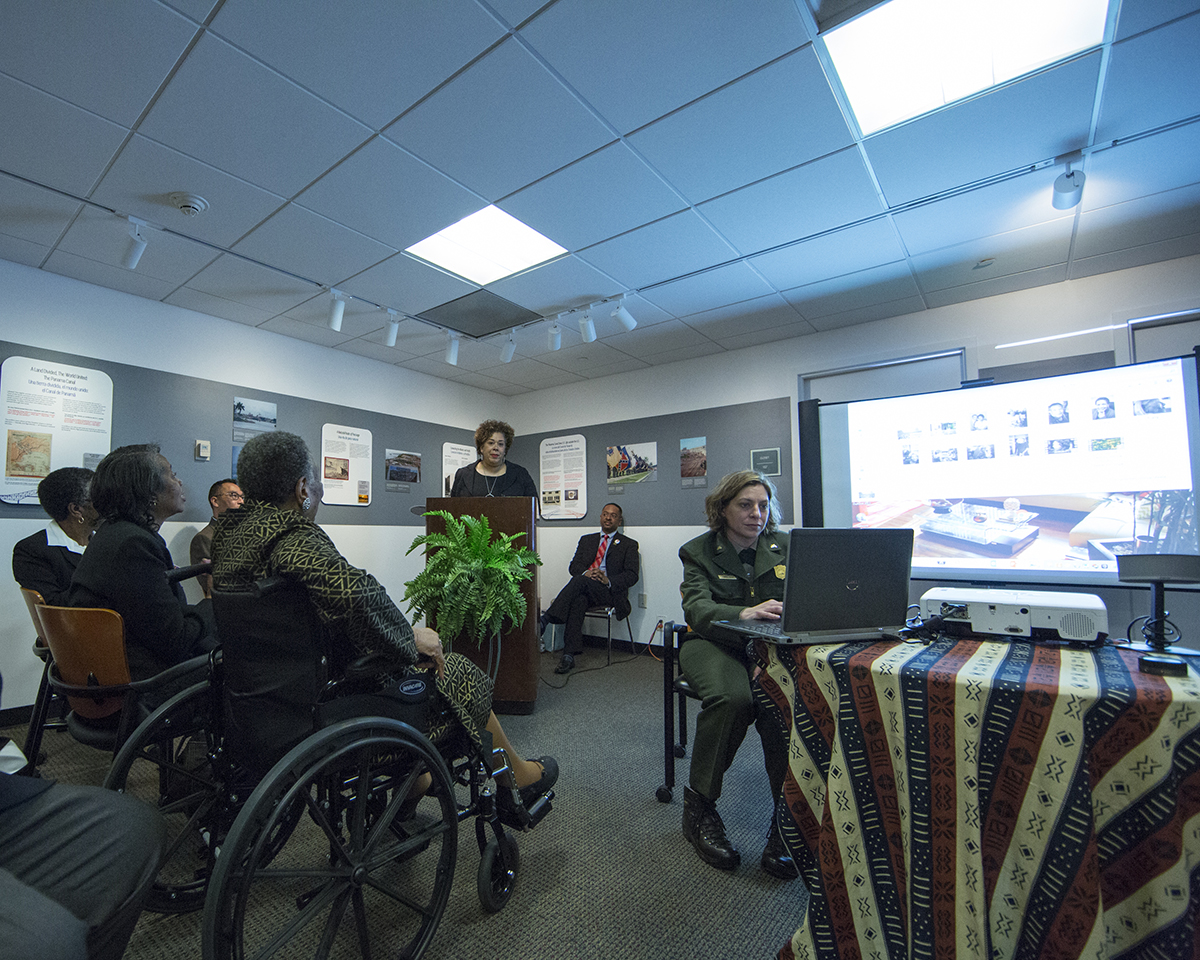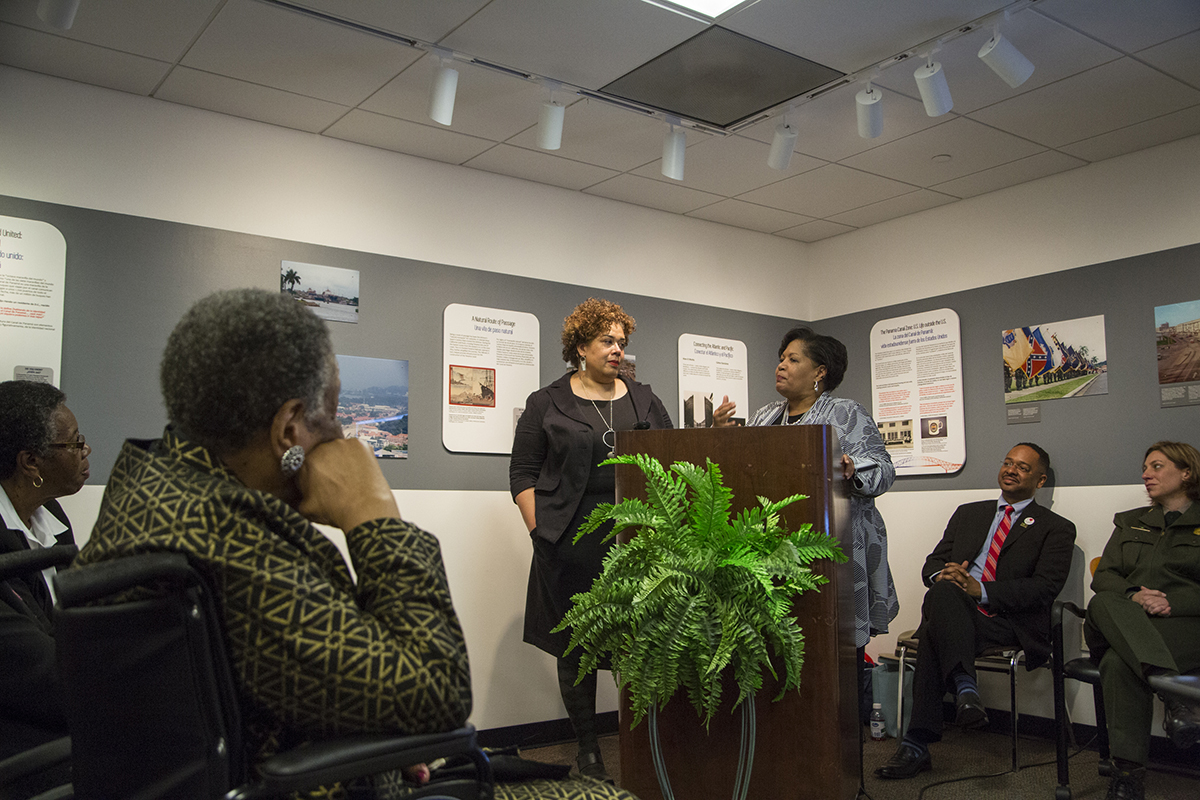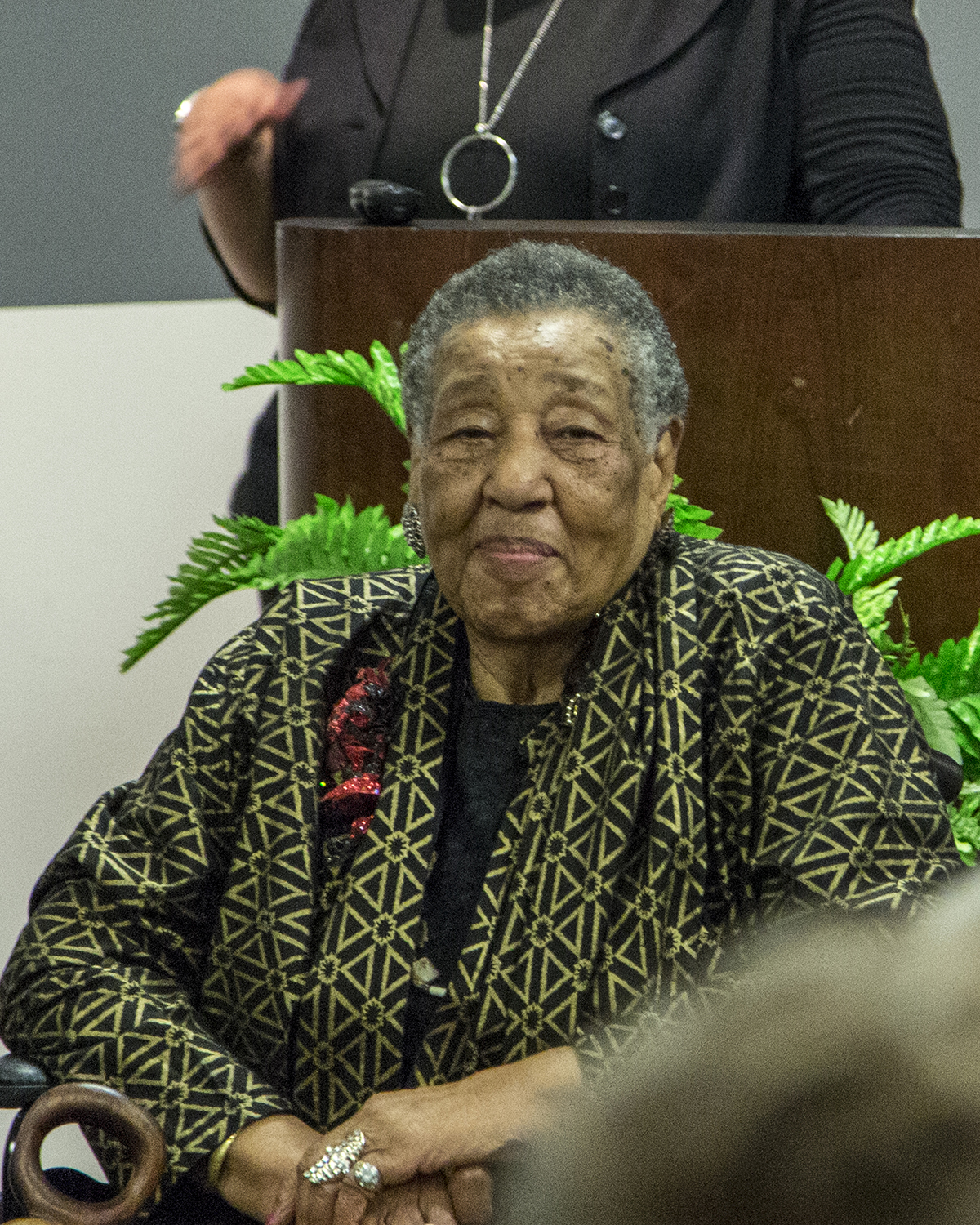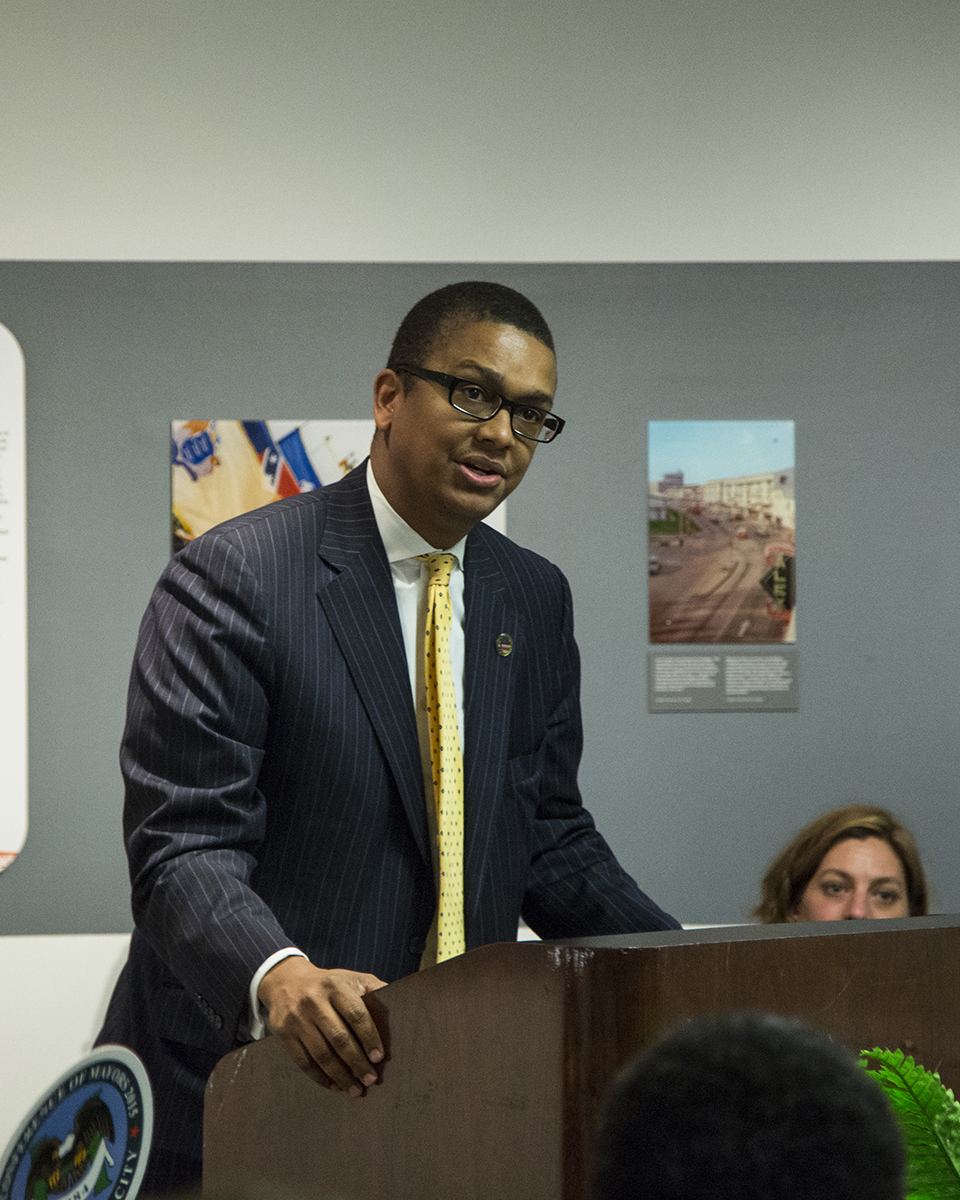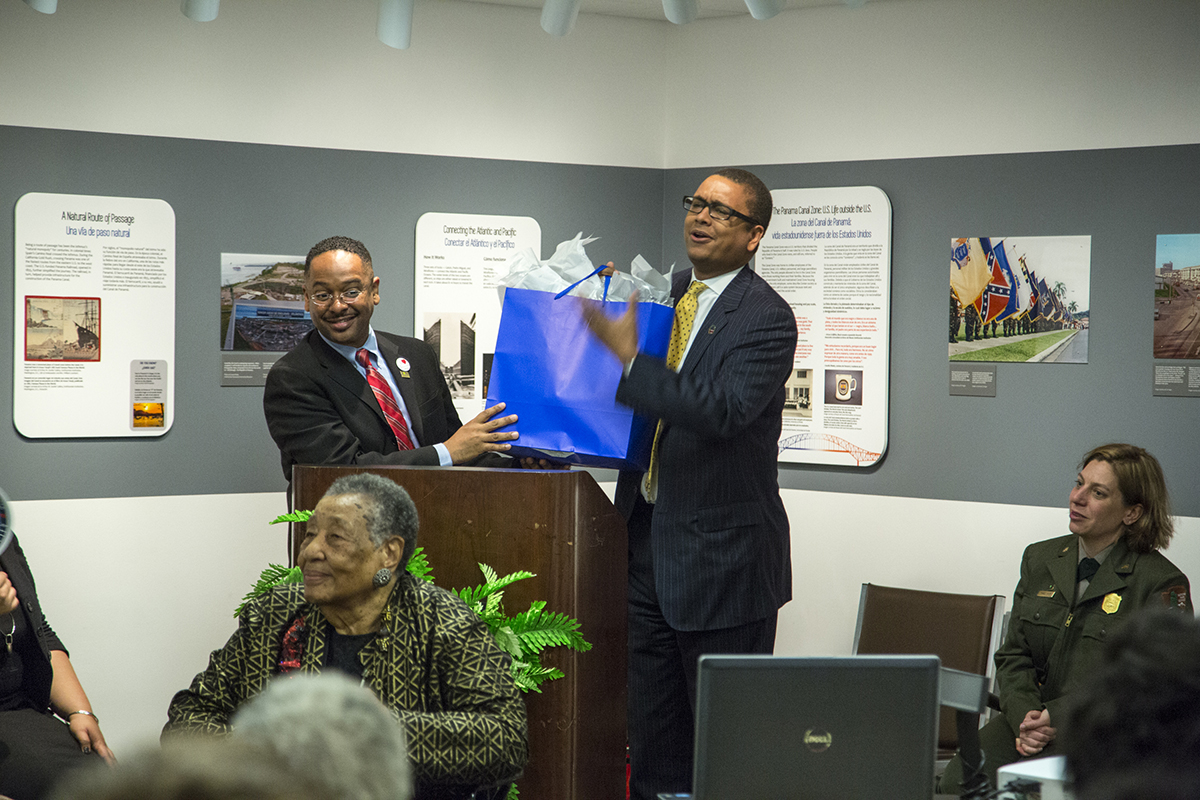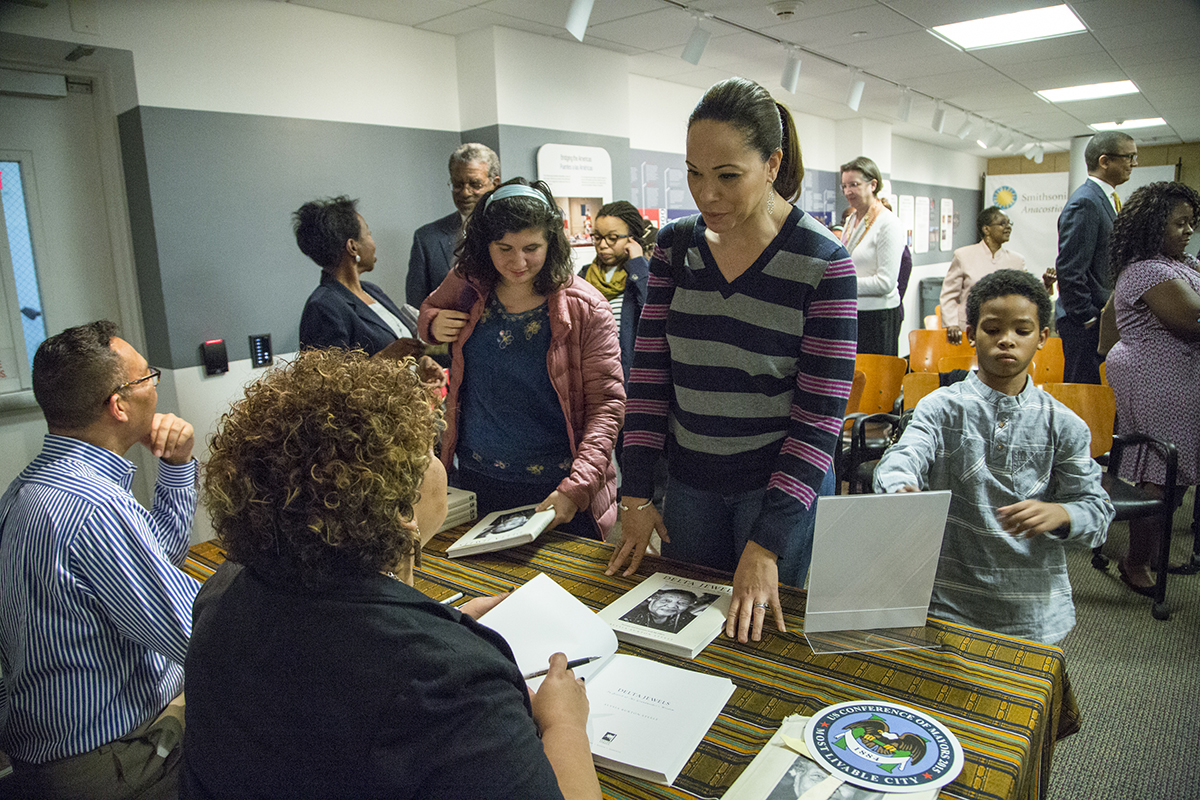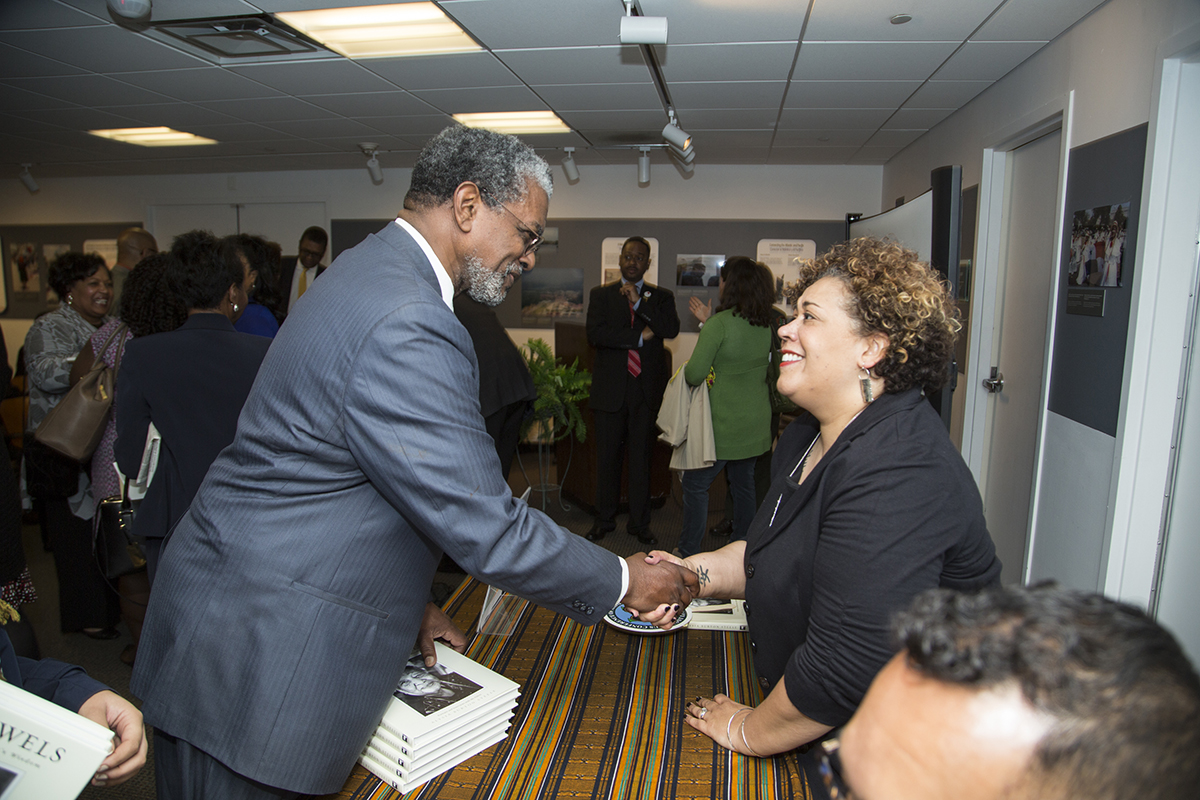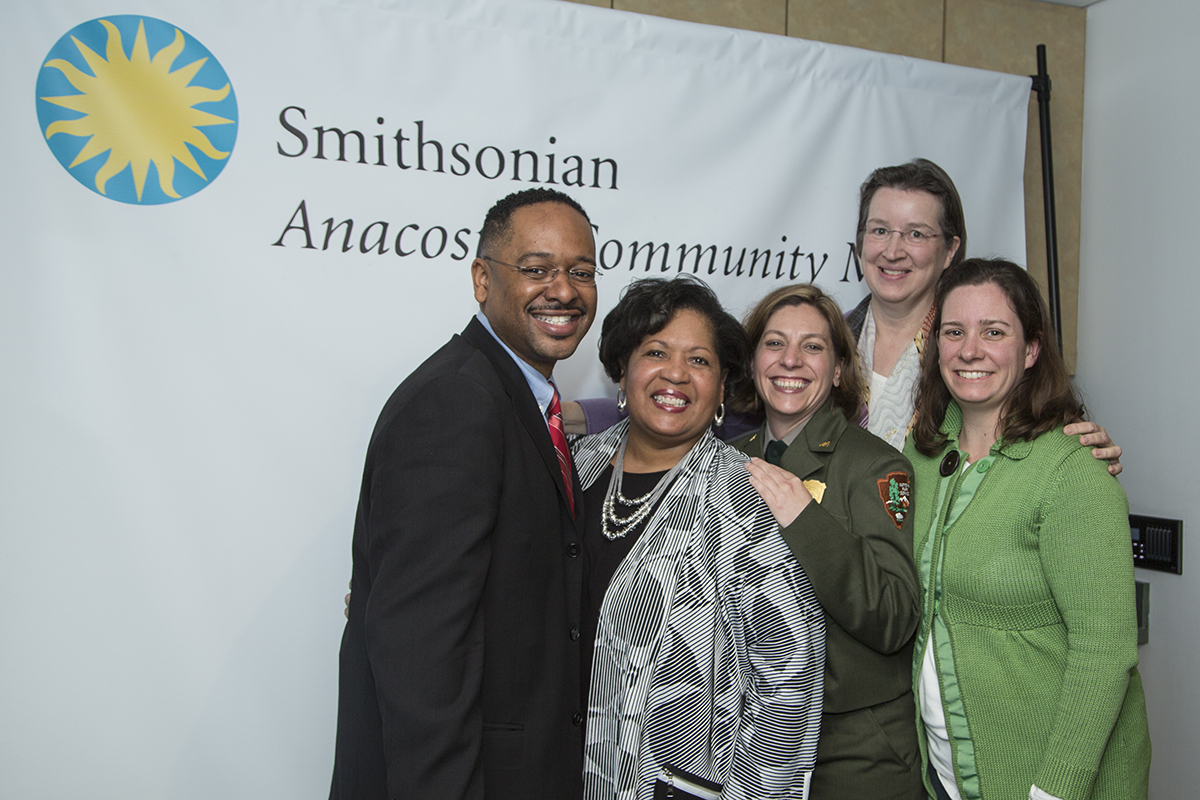The Delta Center for Culture and Learning recently hosted the Board of Commissioners of Volunteer Mississippi, also known as the Mississippi Commission for Volunteer Services. Volunteer Mississippi’s mission is to engage and support Mississippians of all ages and backgrounds in service to their communities.
According to David Mallery, executive director of Volunteer Mississippi, this is the first time in his eight-year tenure that the Board of Commissioners has met in a Mississippi Delta community.
“We are very impressed with the facilities at Delta State and the professionalism and hospitality that we have experienced here on campus and in the Cleveland community,” said Mallery. “We look forward to more opportunities to connect the Board of Commissioners and Volunteer Mississippi with organizations in the Delta. We appreciate The Delta Center for welcoming us to the region.”
Volunteer Mississippi commissioners and staff members from around the state traveled to Cleveland for the two-day meeting experience. The group’s various points of origin included municipalities as far east as Columbus and as far south as Gulfport and Bay St. Louis.
The meeting took place at Delta State’s Alumni House. Dr. Rolando Herts provided an overview of The Delta Center’s signature partnership programs including the National Endowment for the Humanities “Most Southern Place on Earth” workshop, the International Delta Blues Project, and the Mississippi Delta National Heritage Area. Linda Stringfellow also was invited to present on the Mississippi Delta Service Corps, an Americorps VISTA program based at Delta State’s Center for Community and Economic Development.
“Marian Wright Edelman, founder of the Children’s Defense Fund, is quoted as saying, ‘Service is the rent we pay for living,’” said Herts. “Life for so many Delta residents is economically and socially challenged. Many of these challenges are tied to the Delta’s culture and history. The Delta Center’s programming offers ways for residents and visitors not only to understand our culture and history better, but also to discover ways to become engaged in creating change for the better. We look forward to exploring such opportunities with Volunteer Mississippi.”
Dr. Richard Conville, board chair of the commission, echoed Herts’ comments about how understanding local culture enhances community service.
“Volunteer Mississippi has a strong presence in Delta communities through the Mississippi National Service Network, which includes Americorps, Senior Corps and VISTA,” said Conville. “It makes sense for our Board of Commissioners to have more regular meetings in the Delta so that we can learn more firsthand about the culture of the communities that we are serving. The Delta Center has helped us to begin this process.”
During their stay, the group also toured GRAMMY Museum® Mississippi, learning about the museum’s community volunteer docent program. Afterwards, they dined on authentic Delta barbecue and catfish at Airport Grocery and stayed overnight at a local hotel.
“Everyone here has been so welcoming,” said commissioner Janis Lane from Byram. “I will definitely encourage my family and friends to visit the Delta.”
“Dr. Herts told us about the GRAMMY’s Top 40 Places to Visit in the Delta website,” said commissioner Roktabija Abdul-Azeez from Jackson. “Now that I know about it, I will be using it to plan my next trip to the Delta.”
Established in 1994 as the Mississippi Commission for Volunteer Service, Volunteer Mississippi has worked to encourage a culture of citizenship, service and responsibility to America. In partnership with the Corporation for National and Community Service, Mississippi Institutions of Higher Learning, Mississippi Department of Education, Mississippi Center for Nonprofits, and faith-based and community organizations statewide, Volunteer Mississippi fosters community engagement and building volunteer capacity throughout the state.
